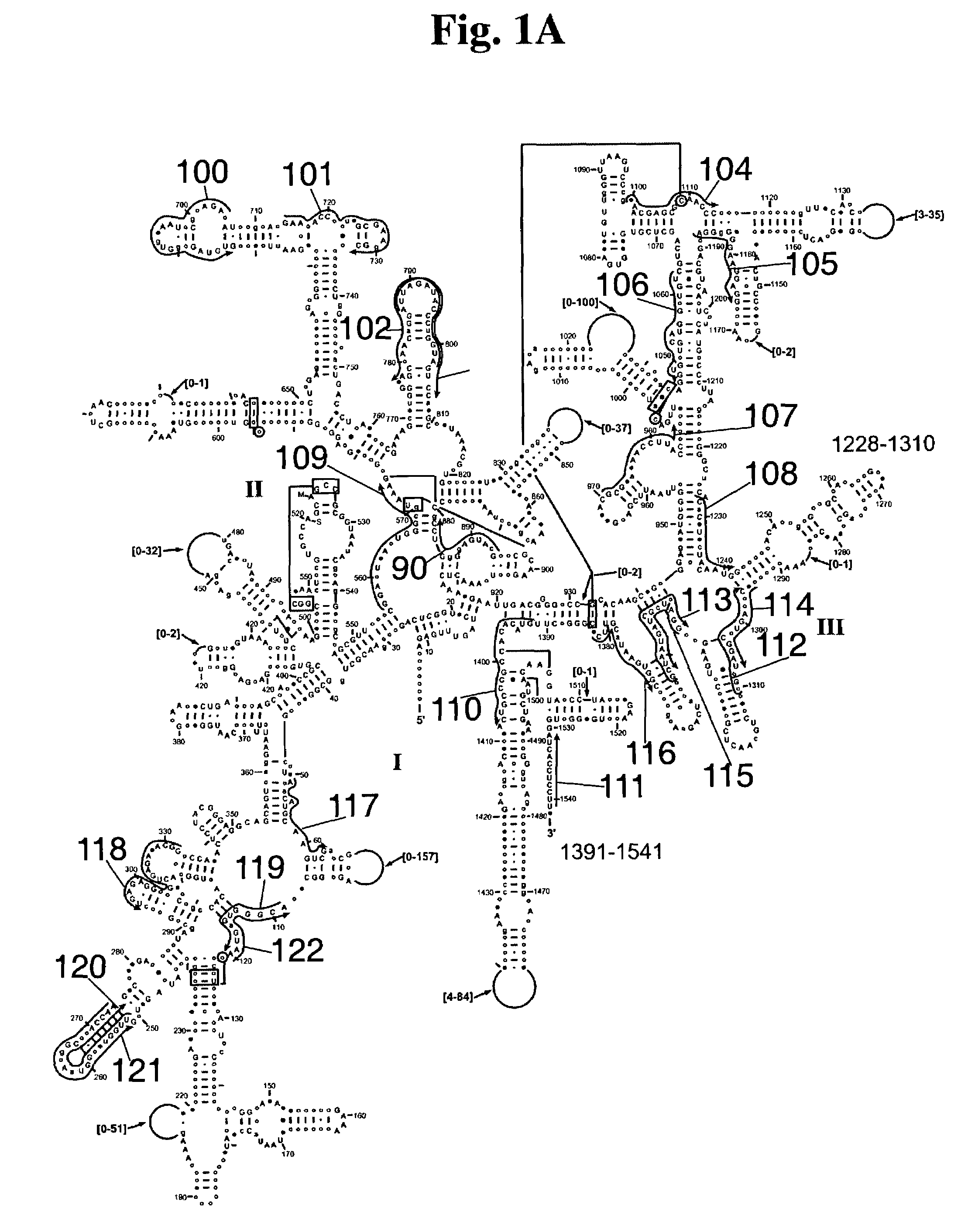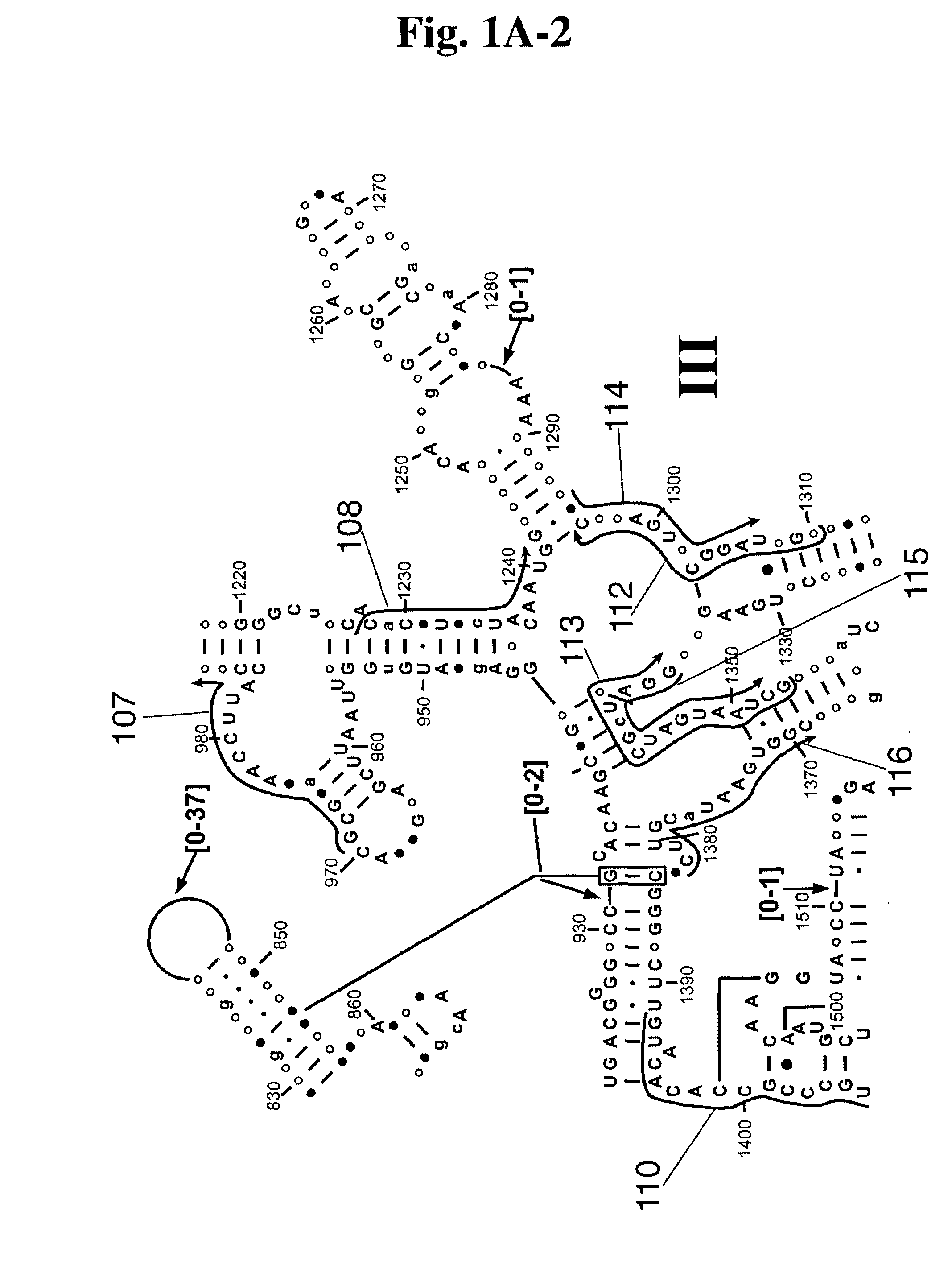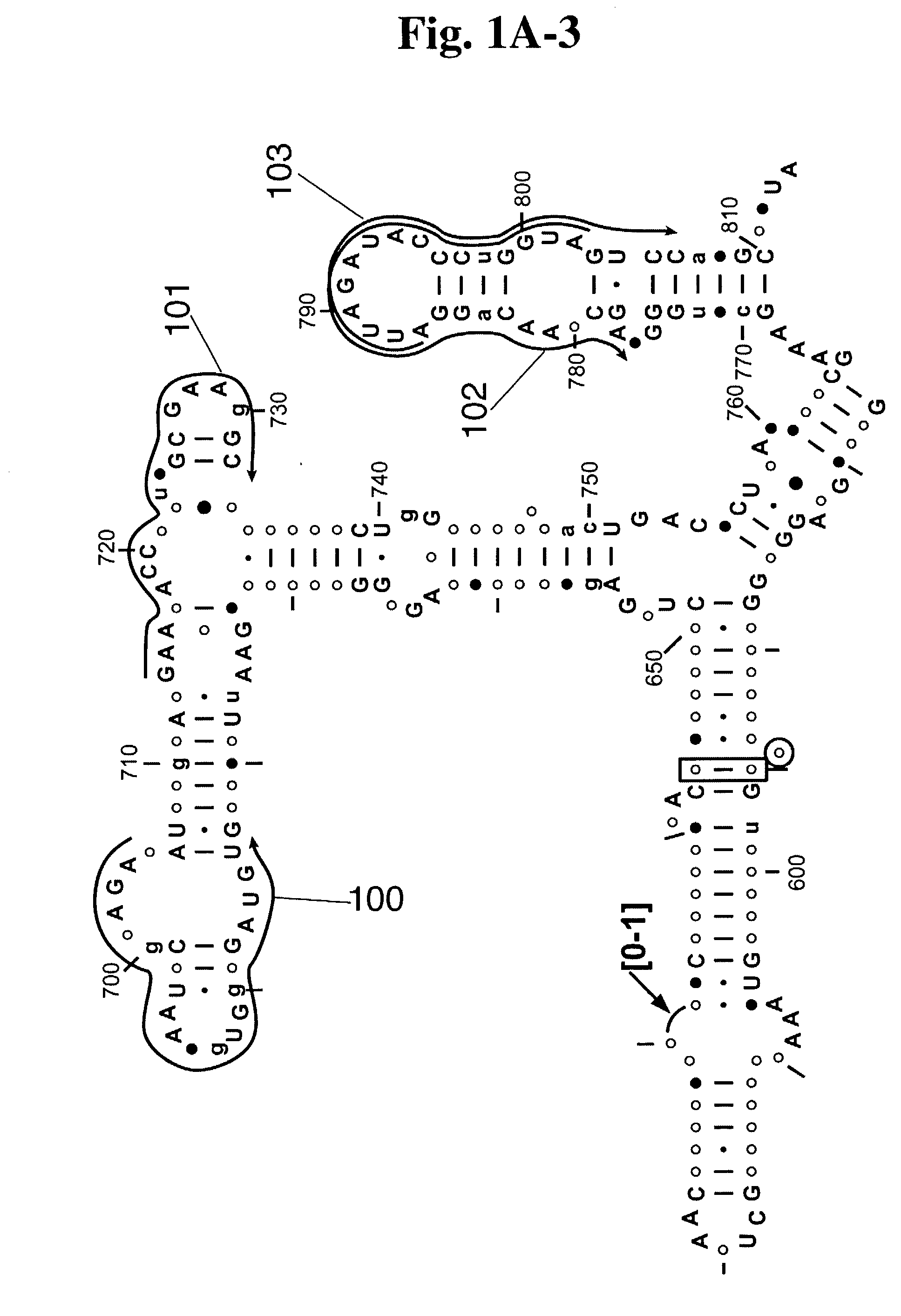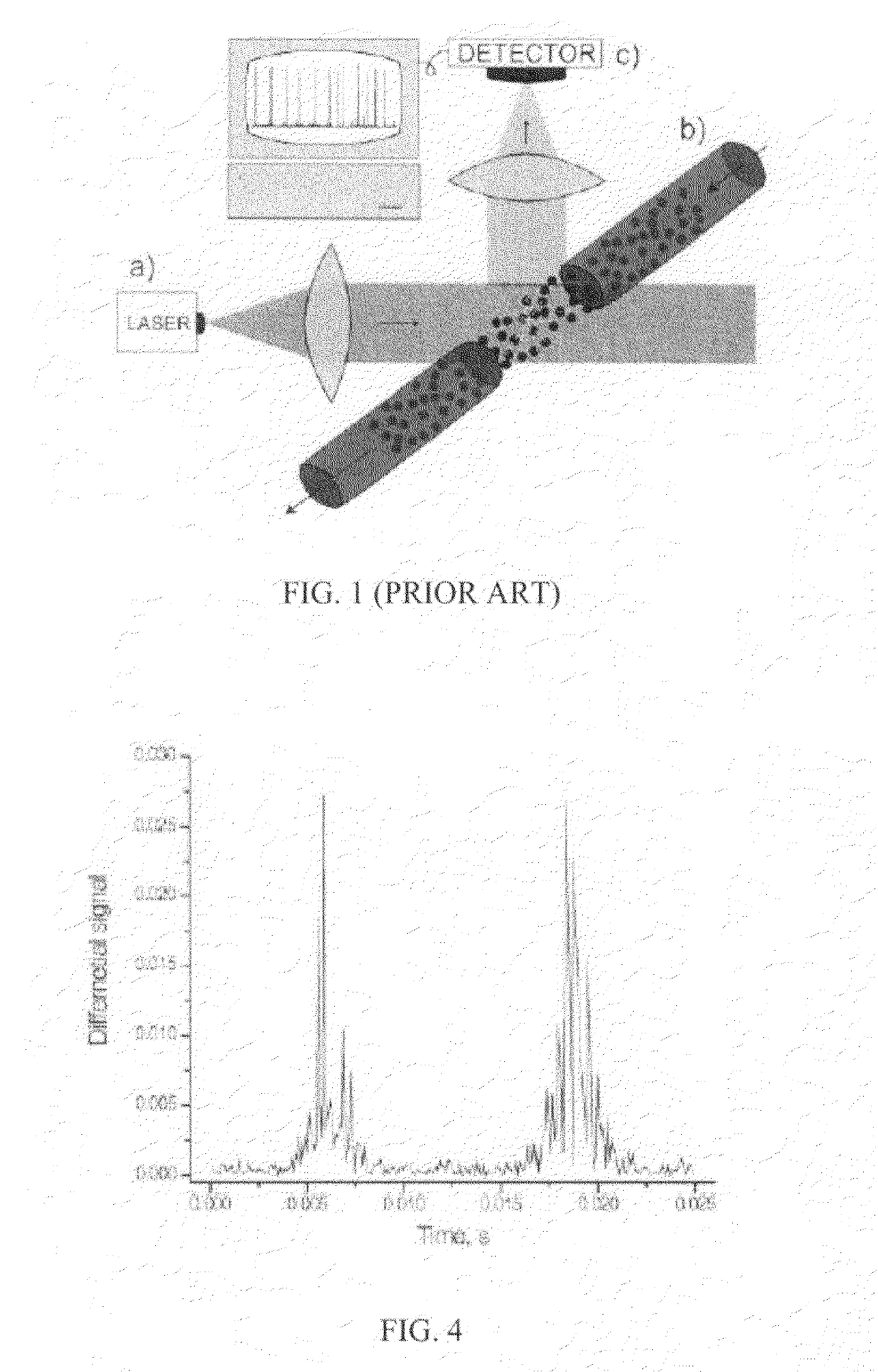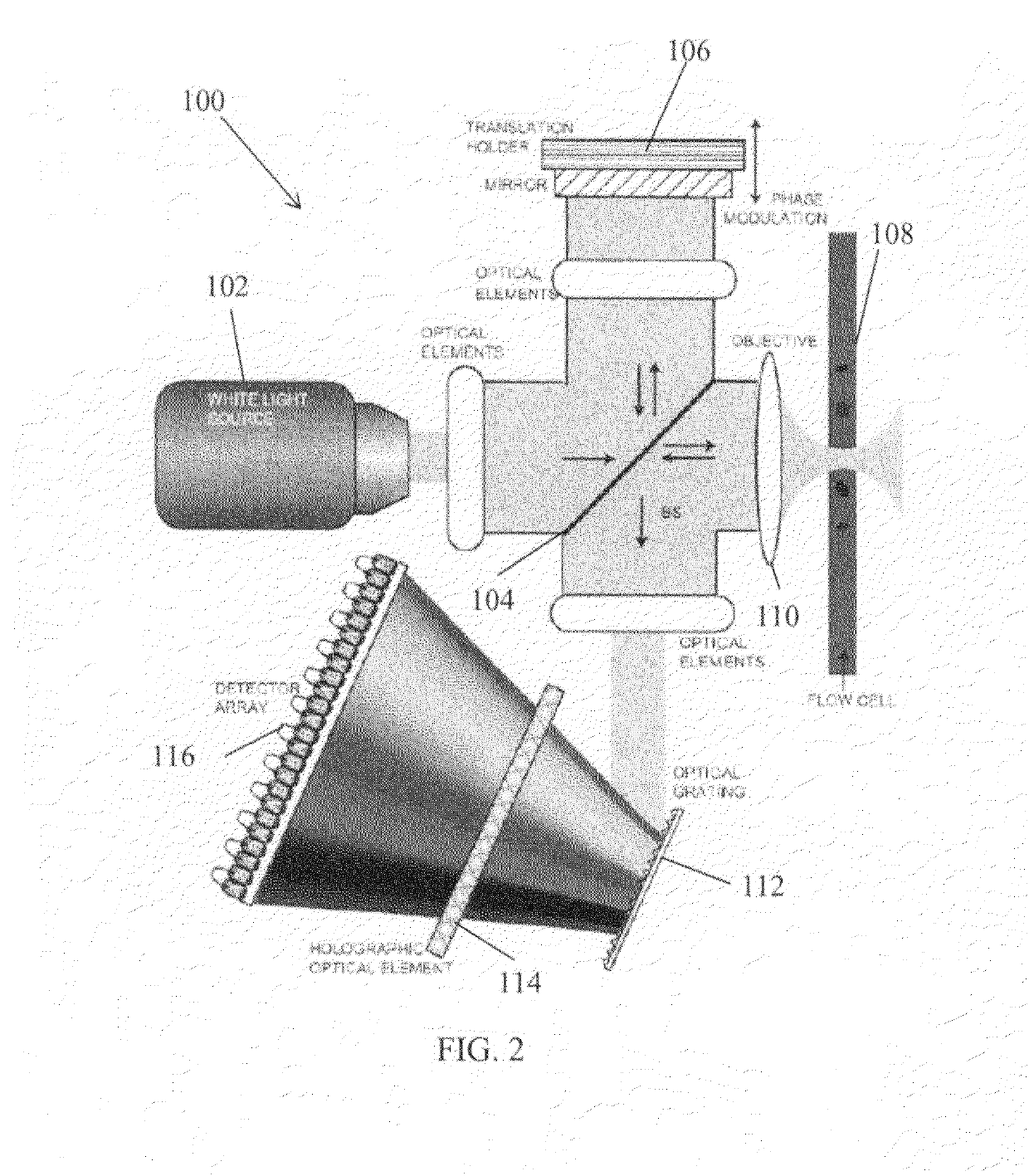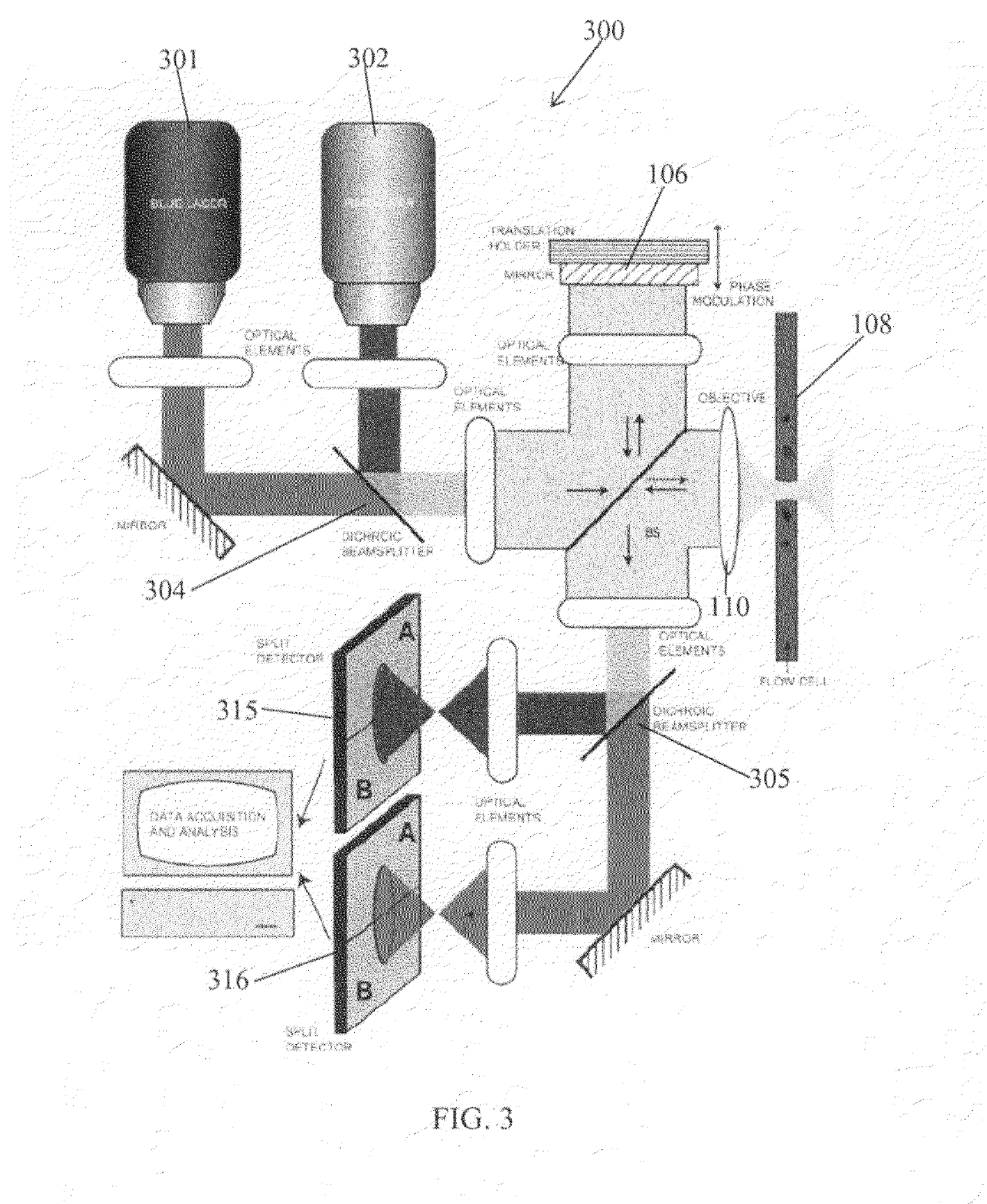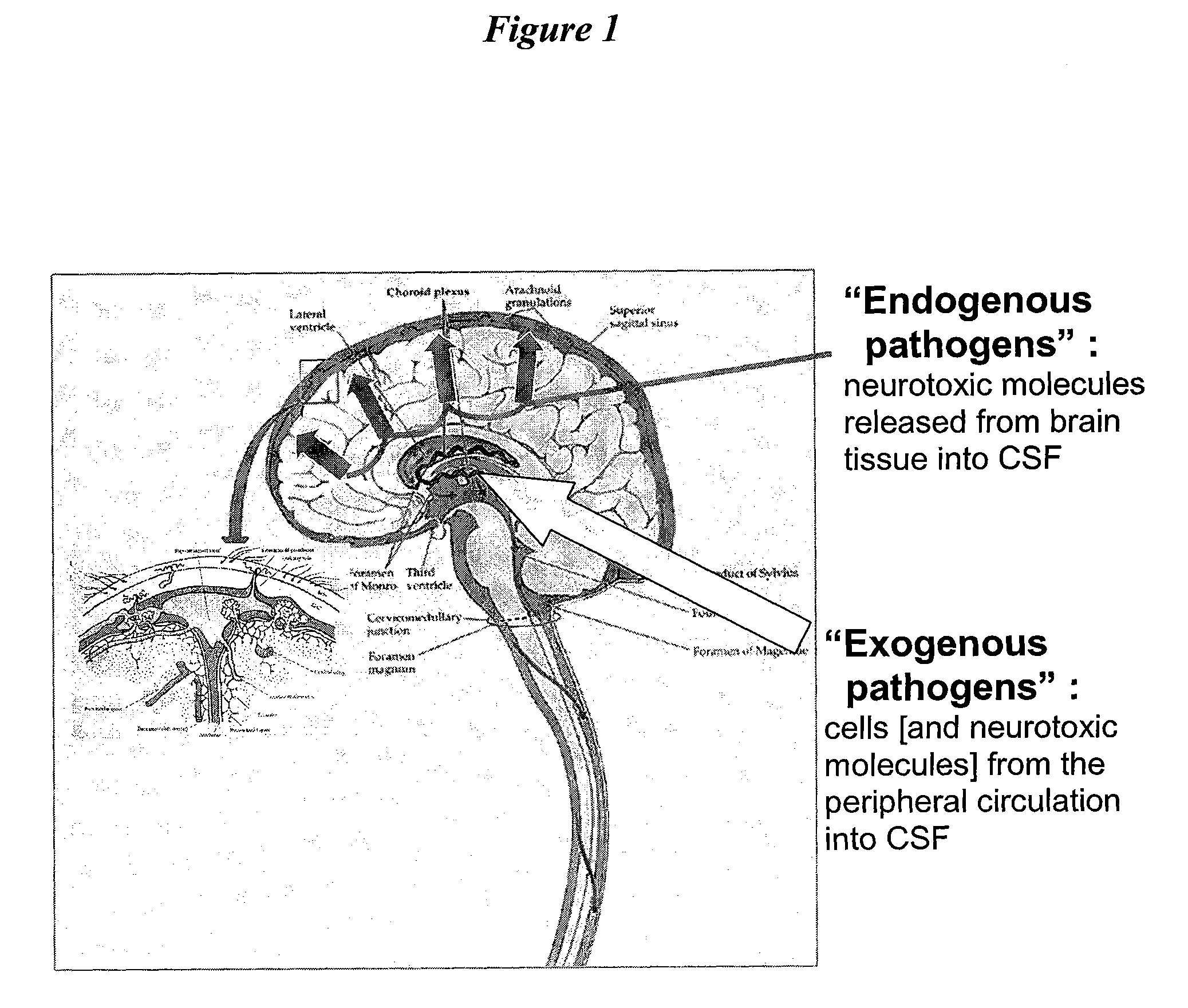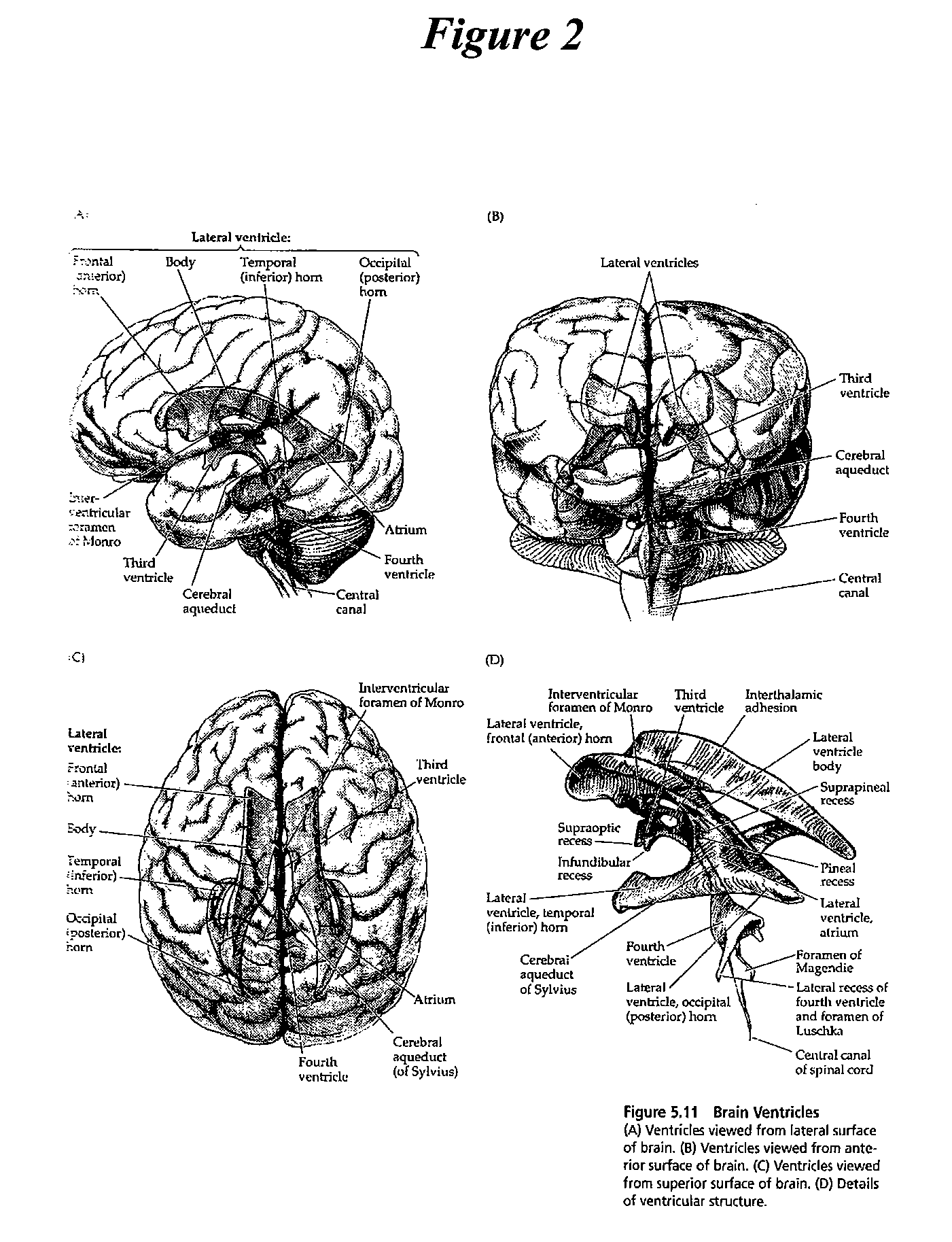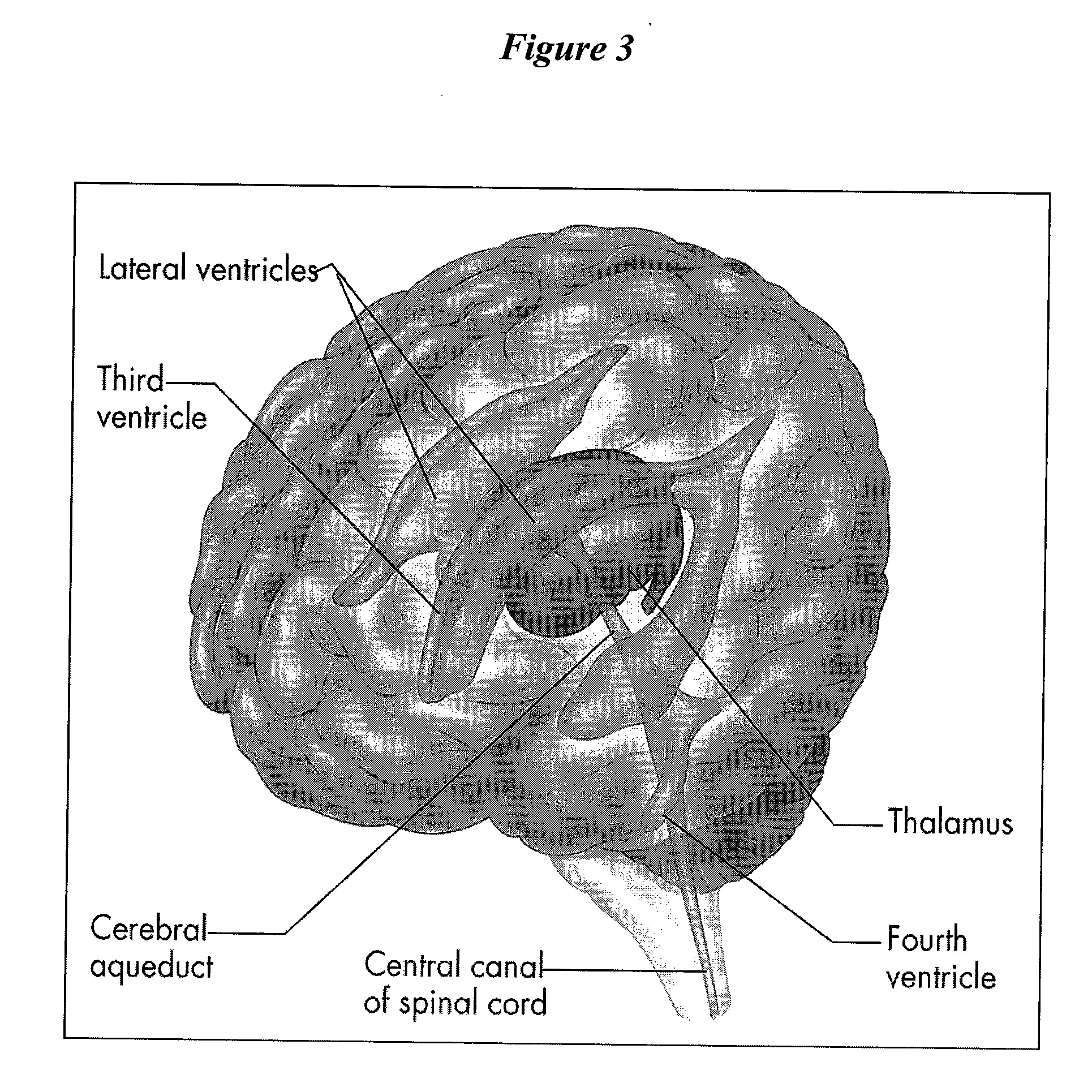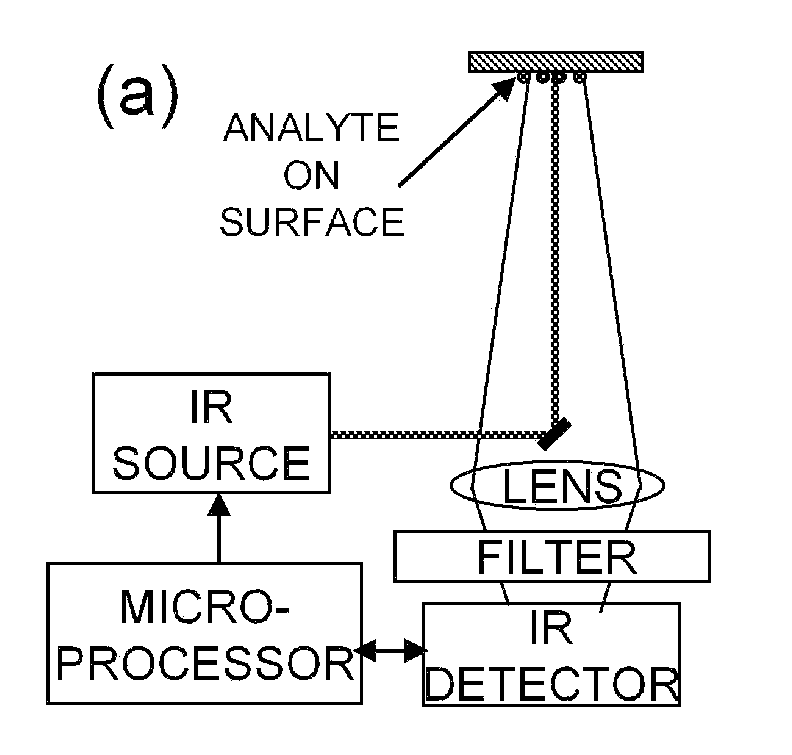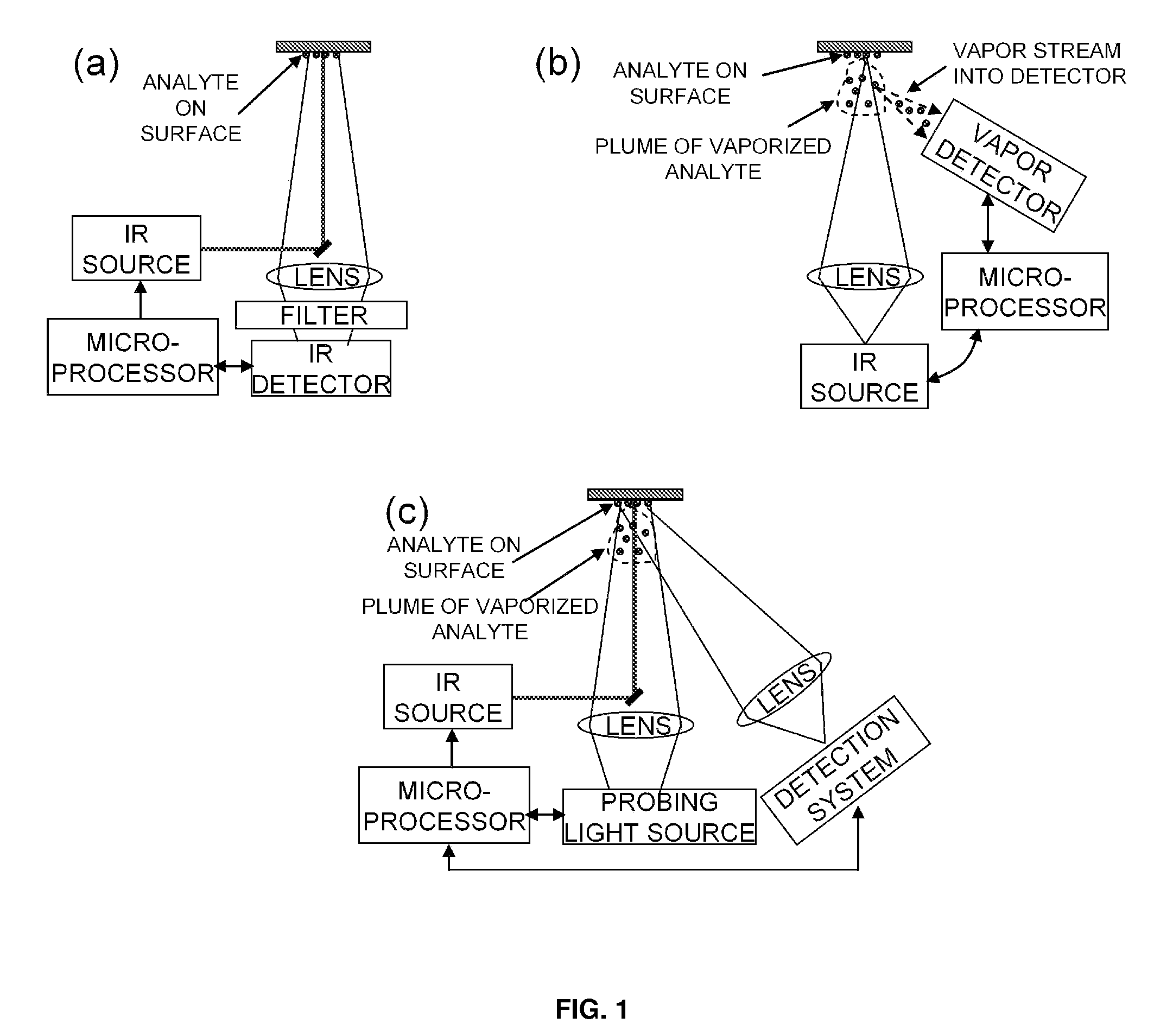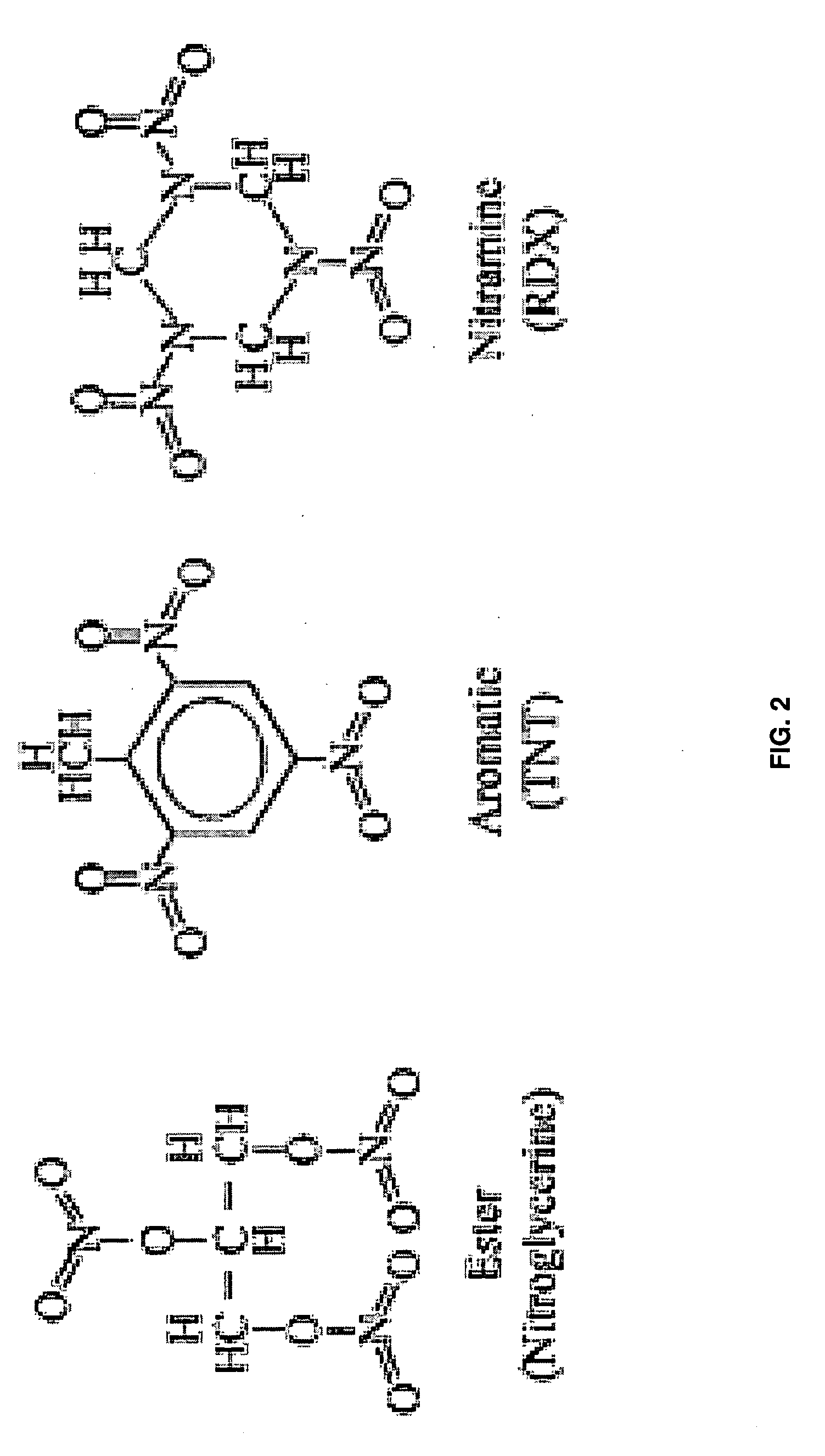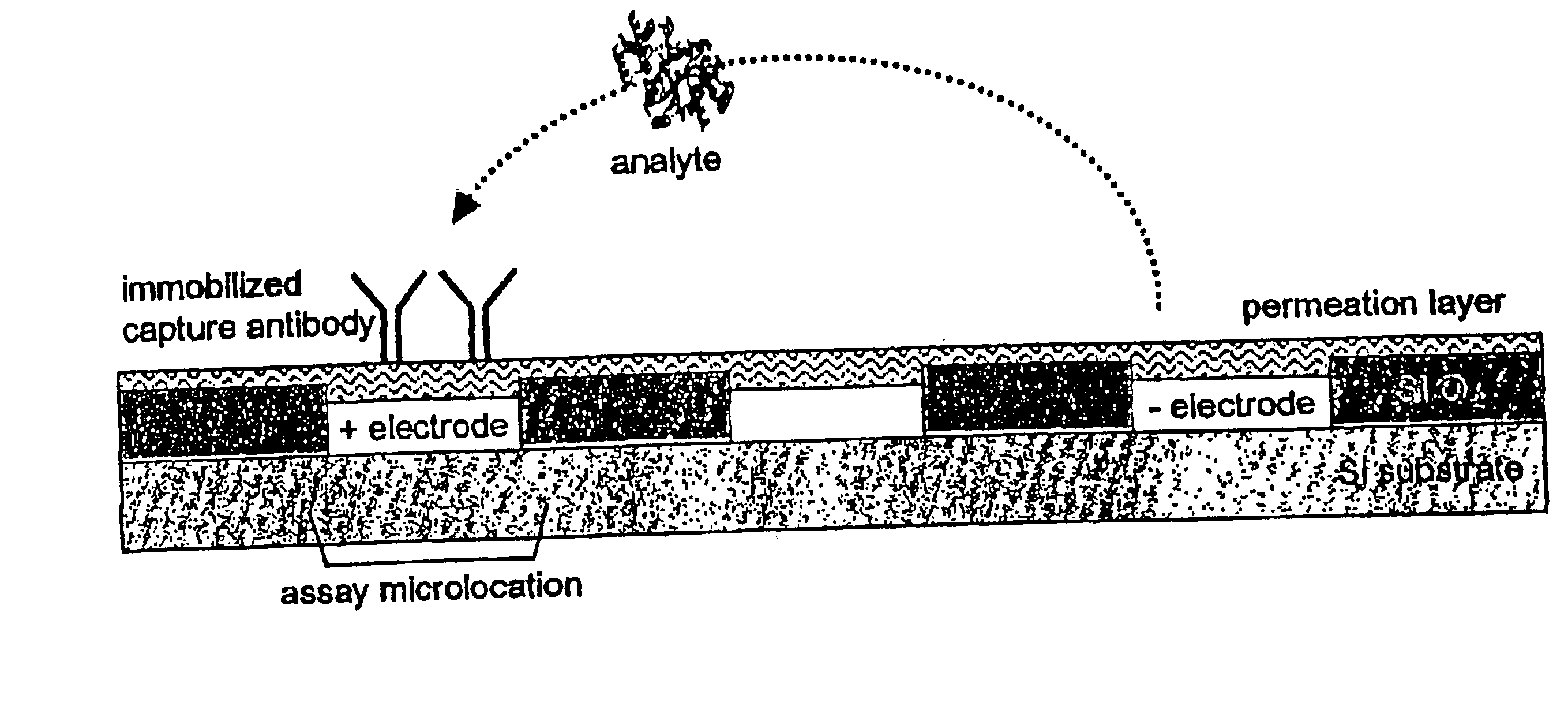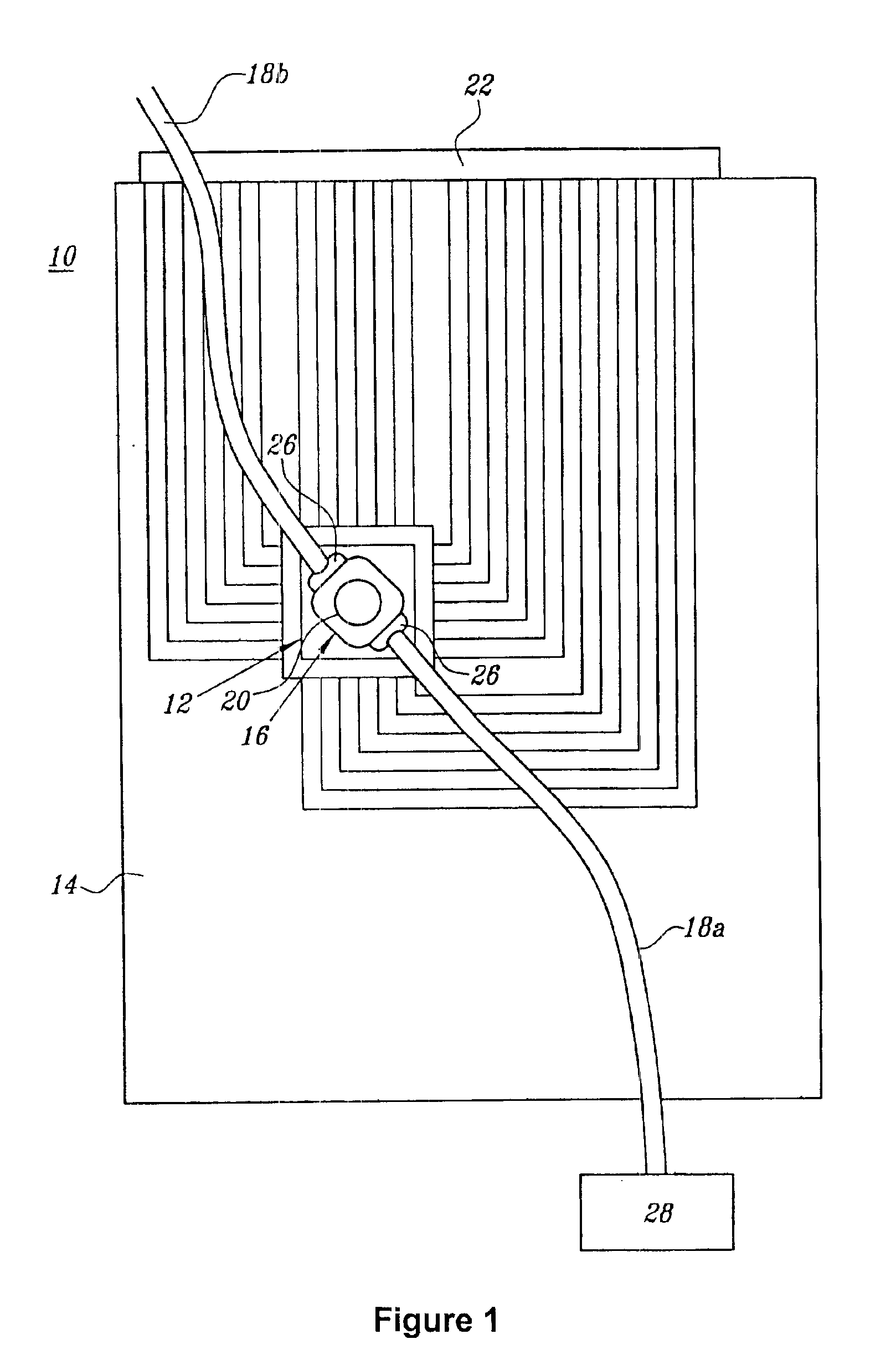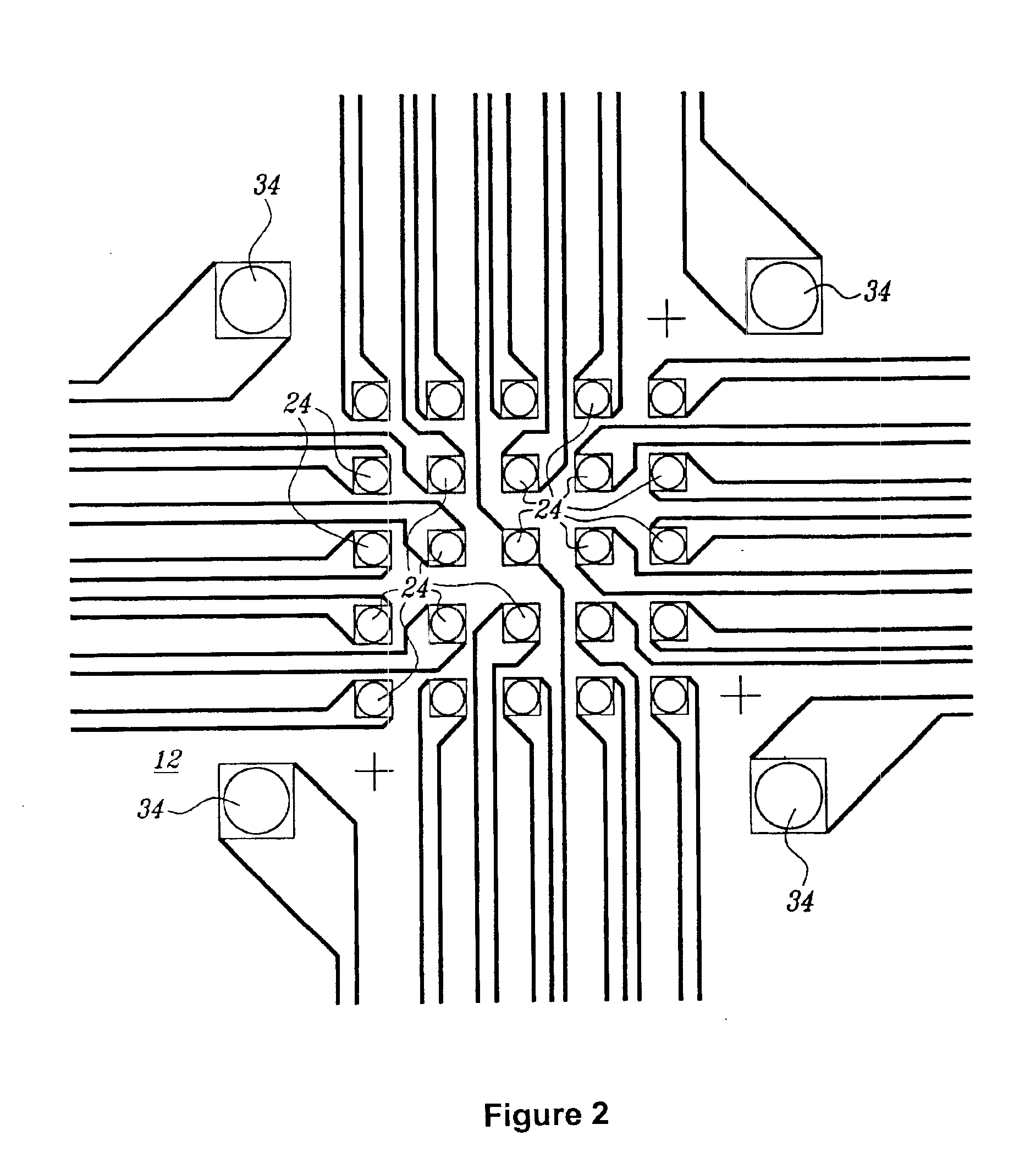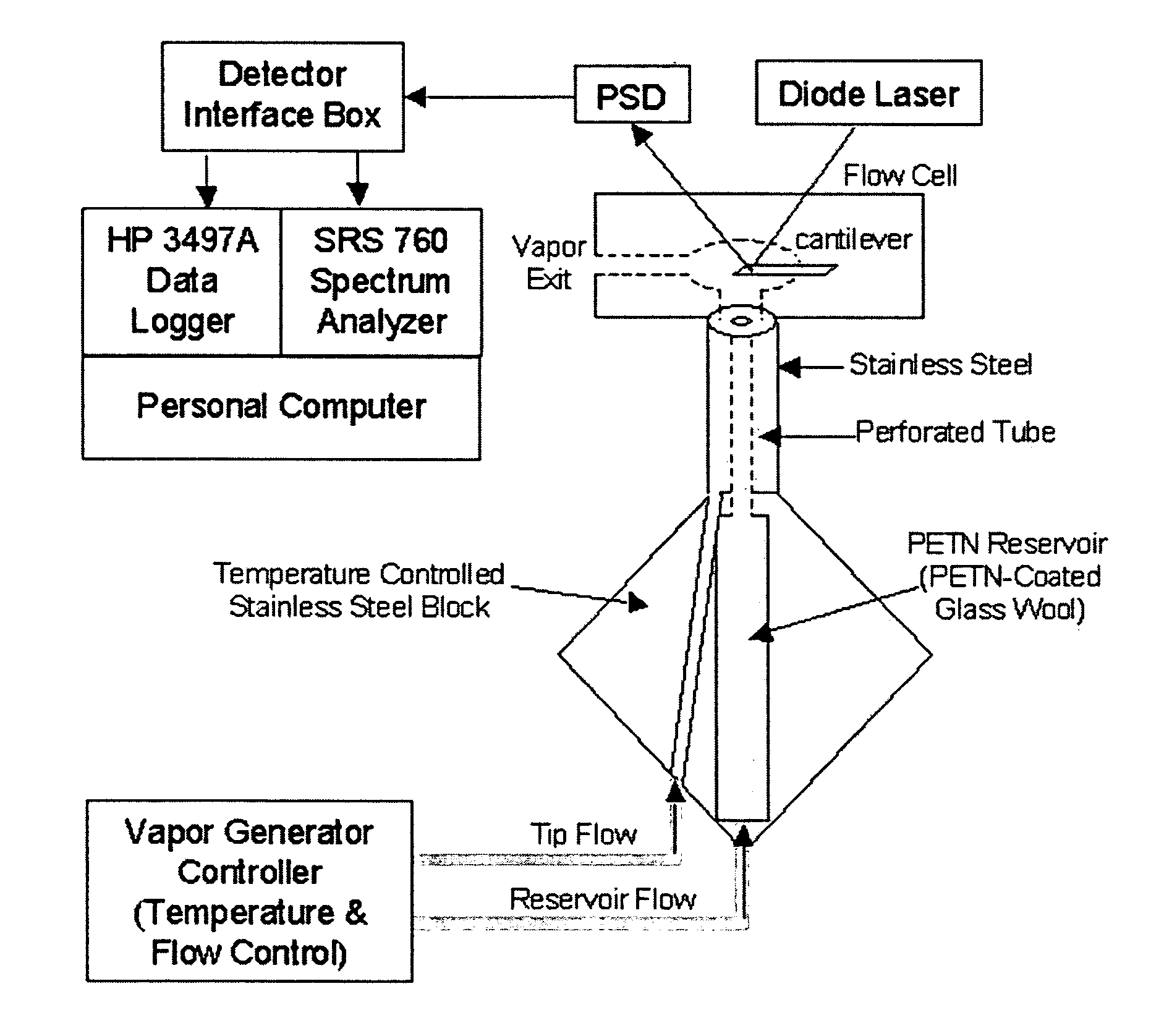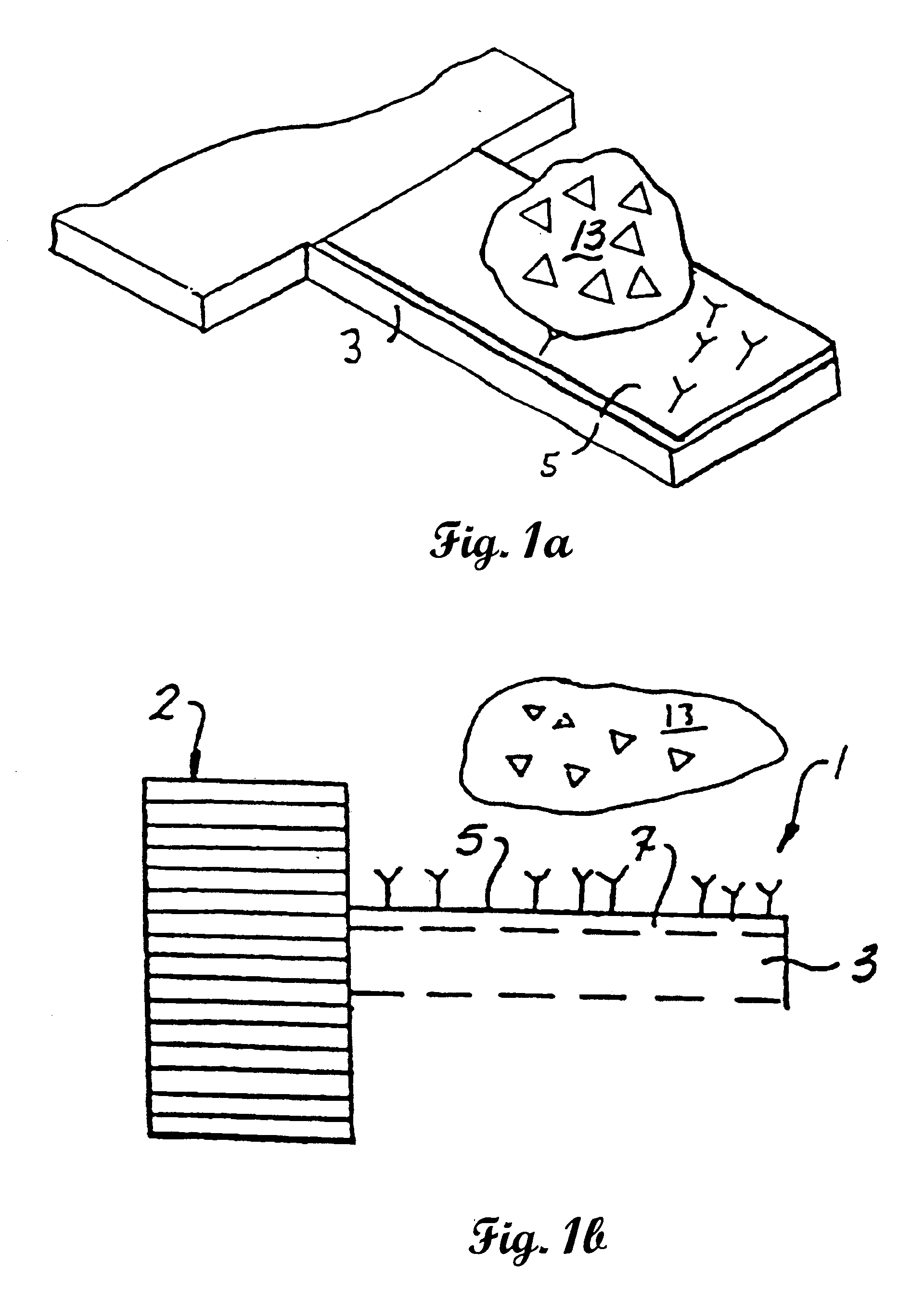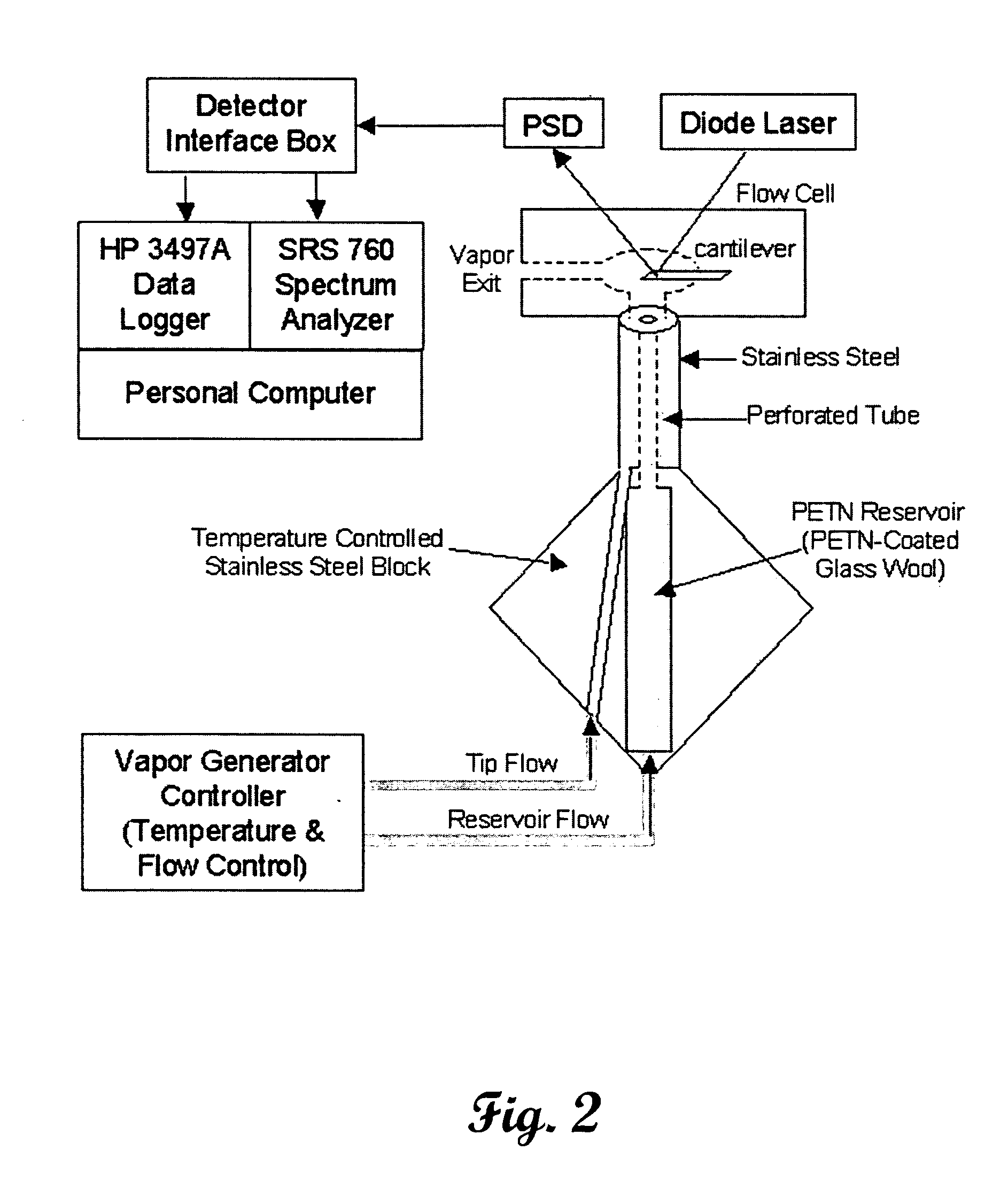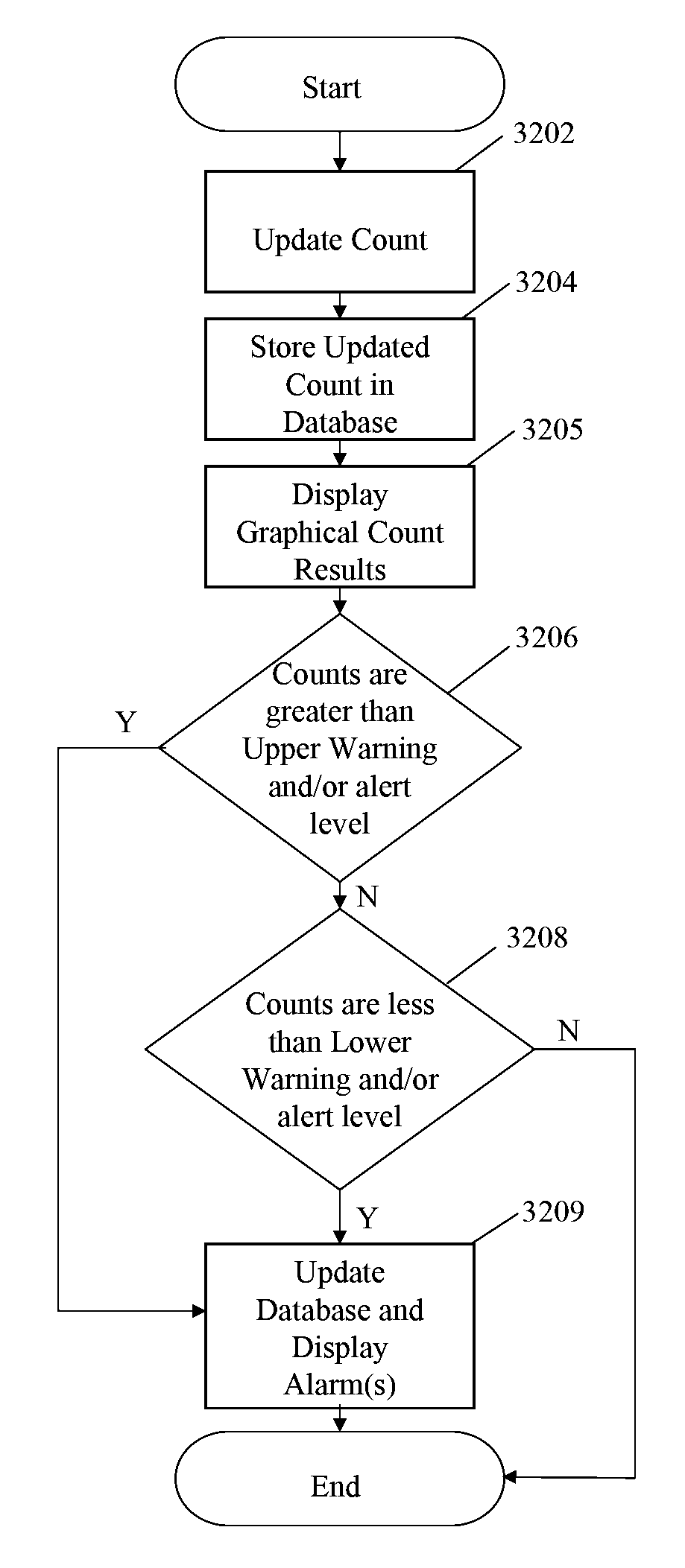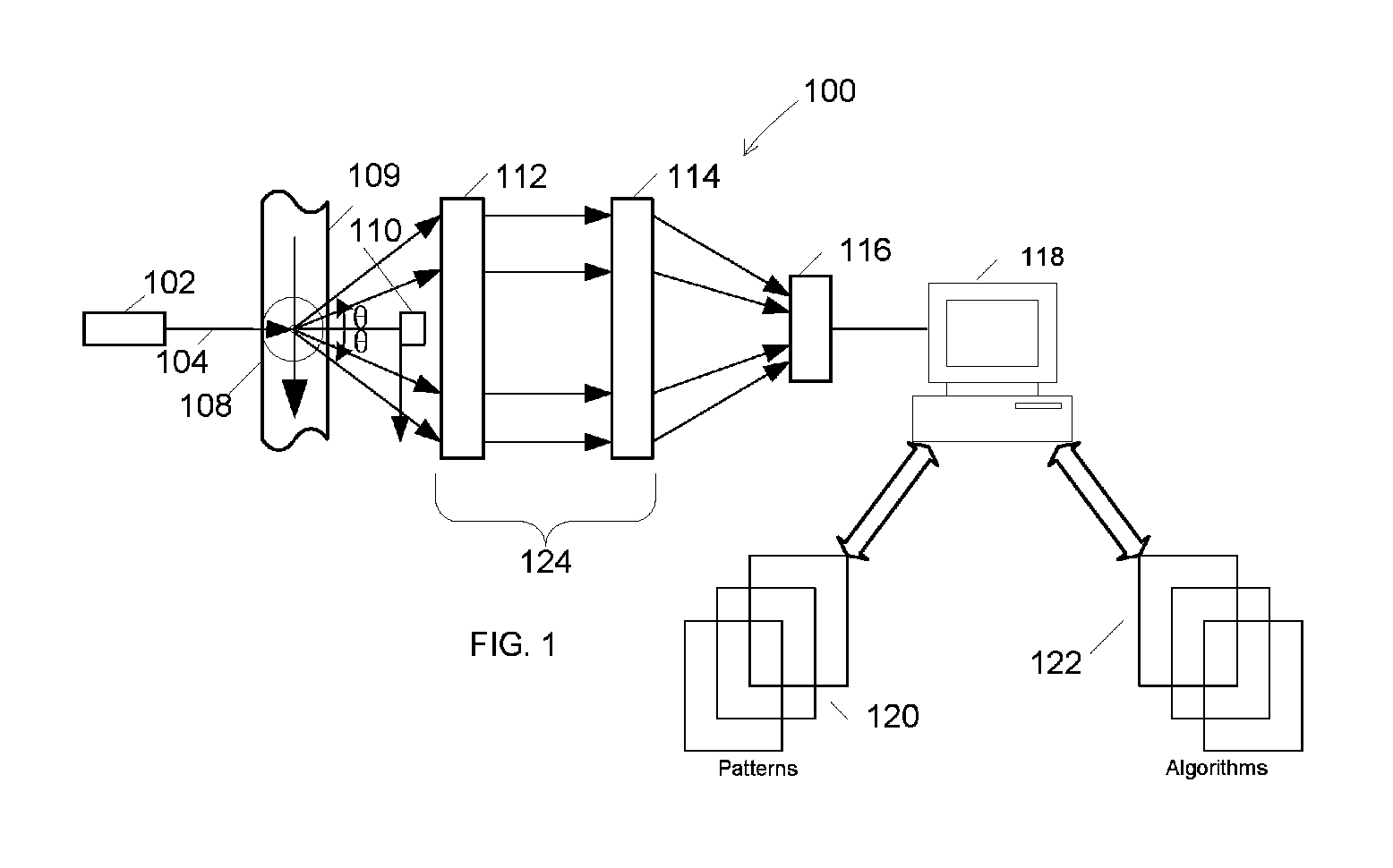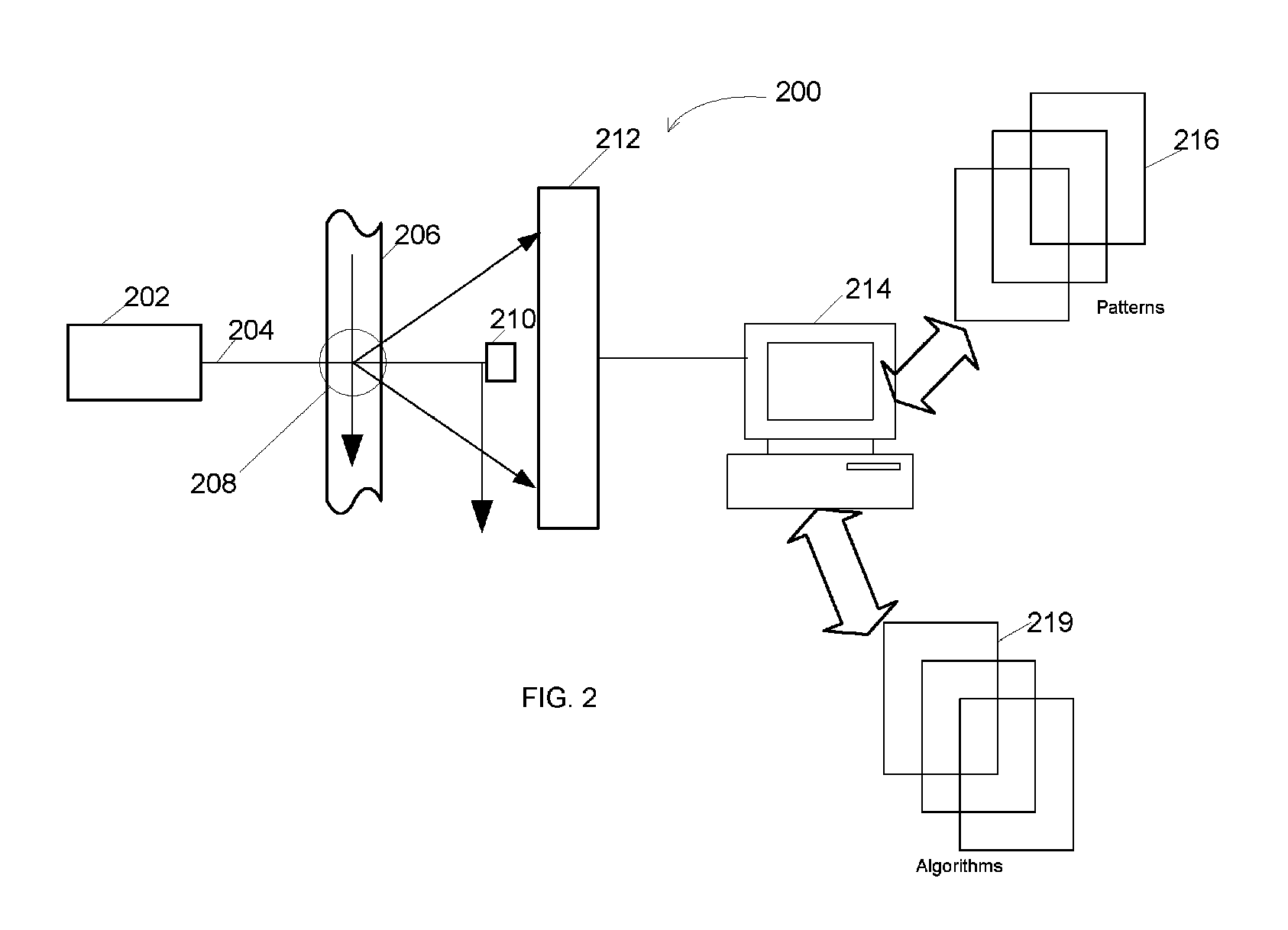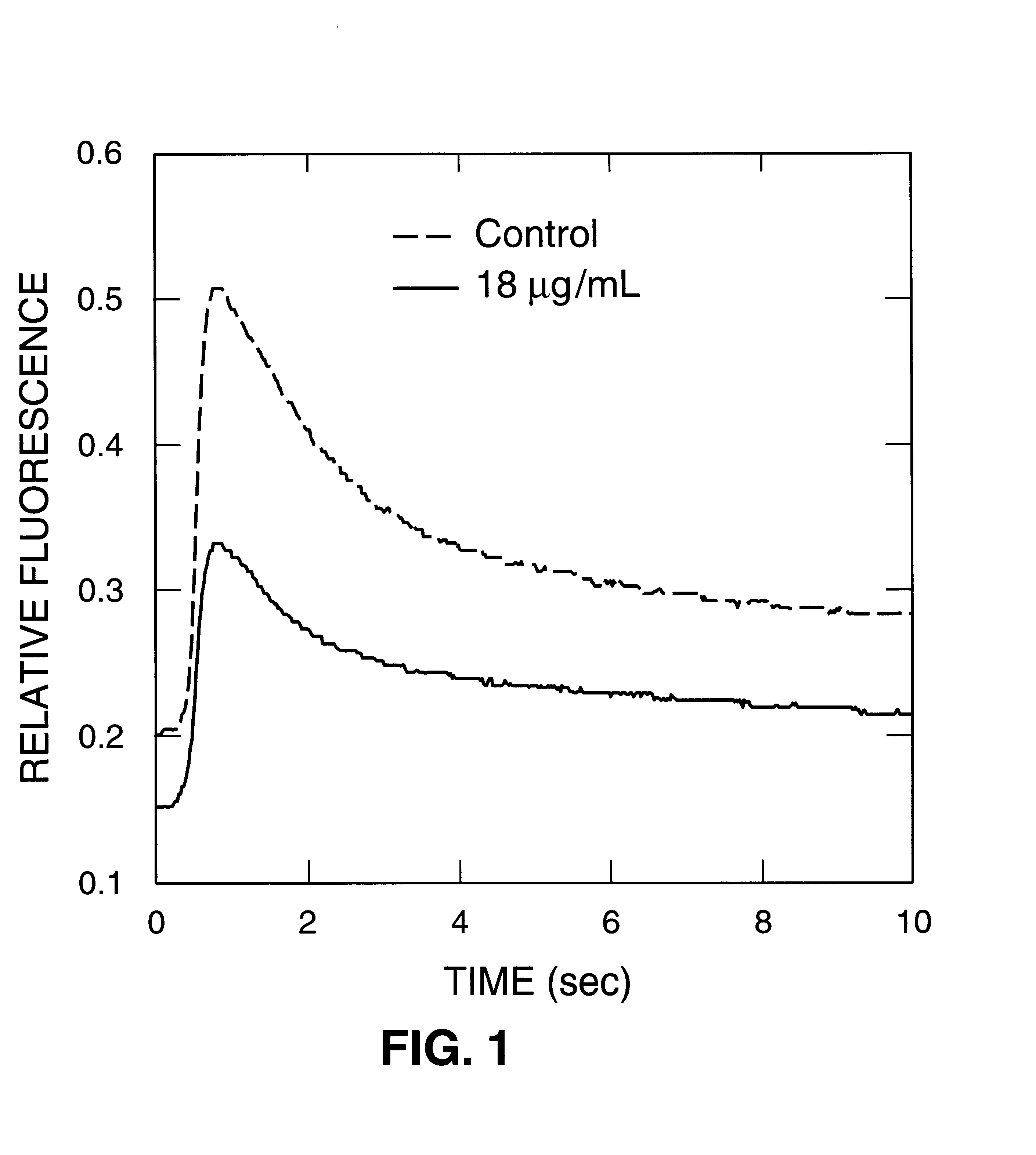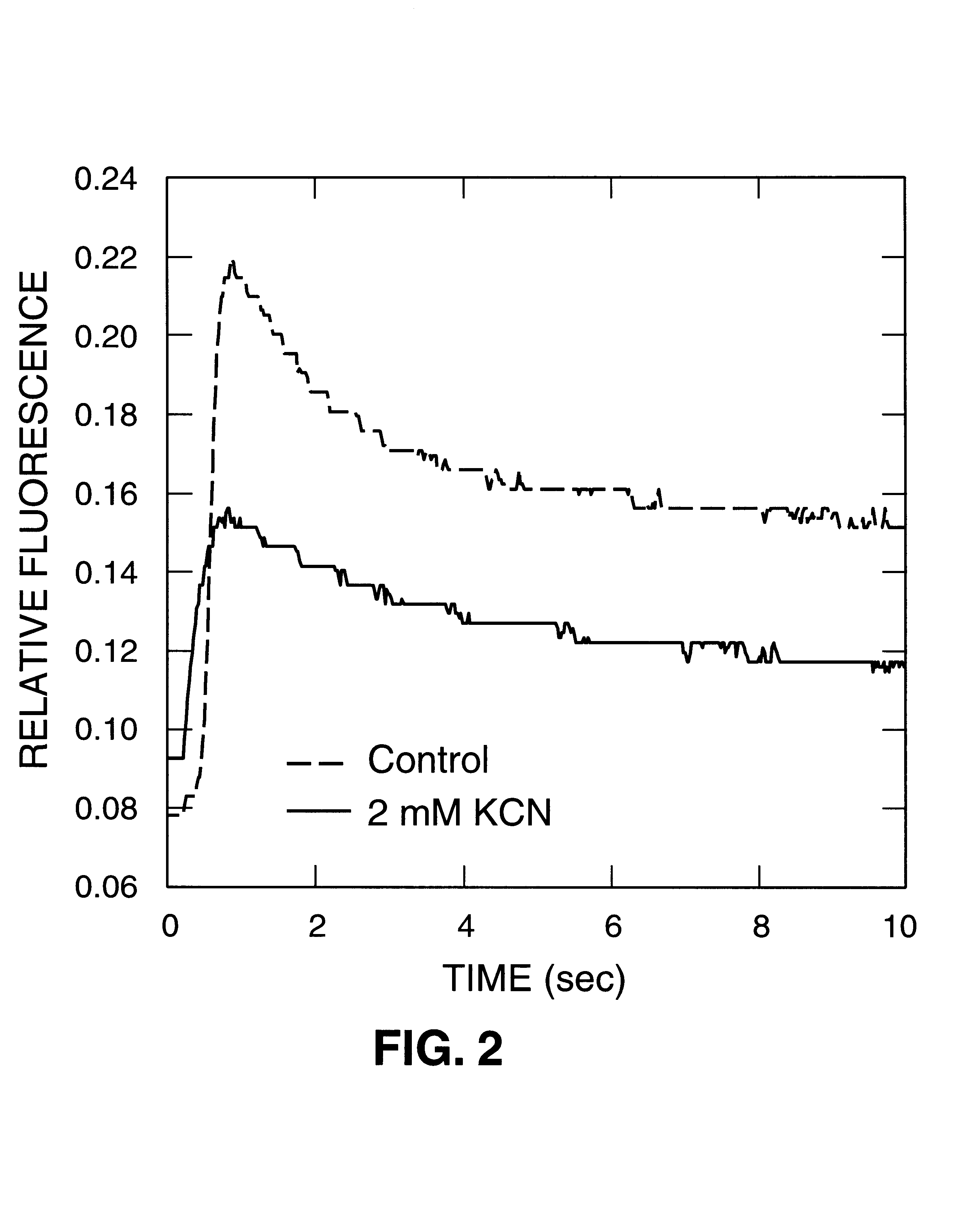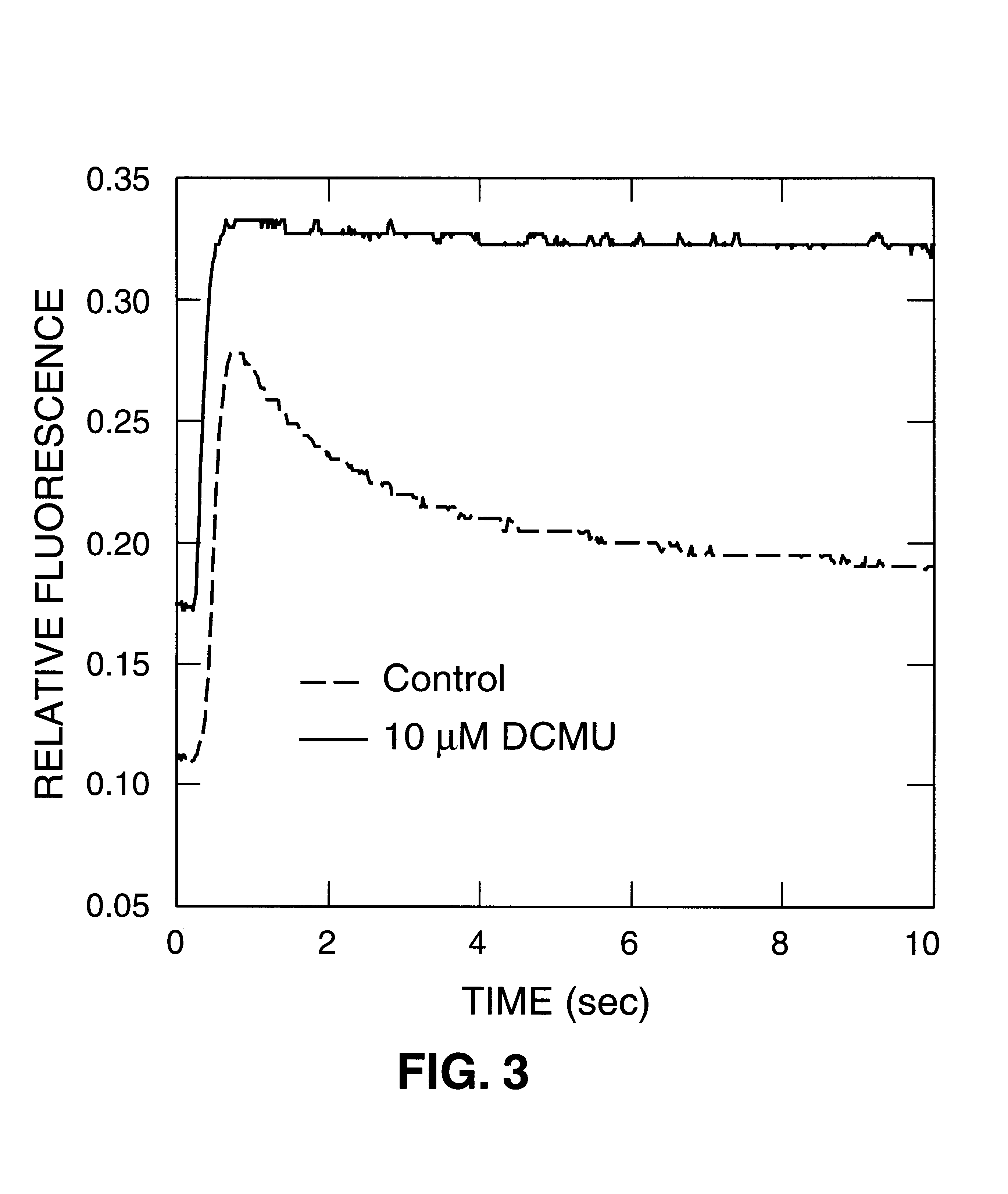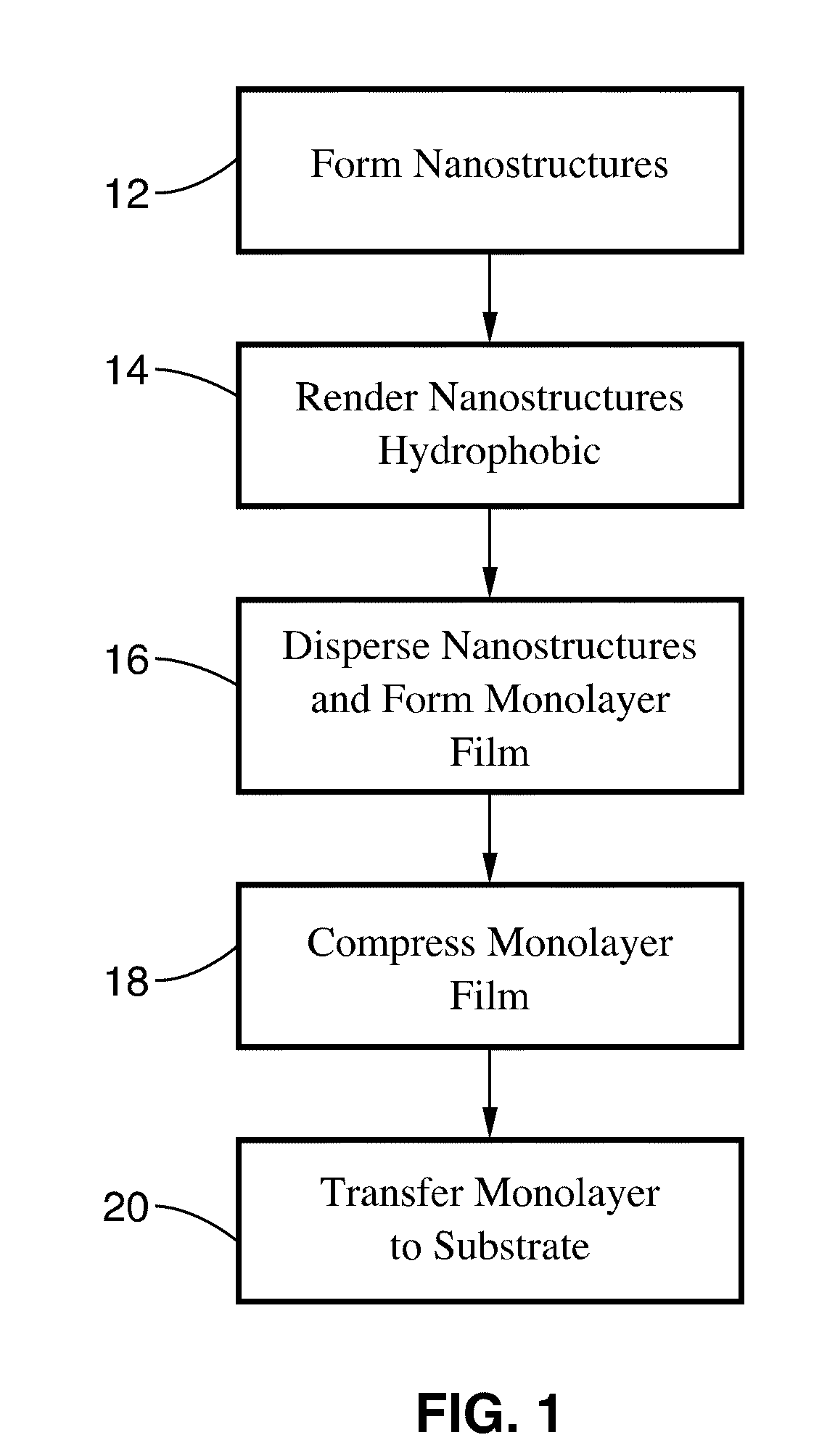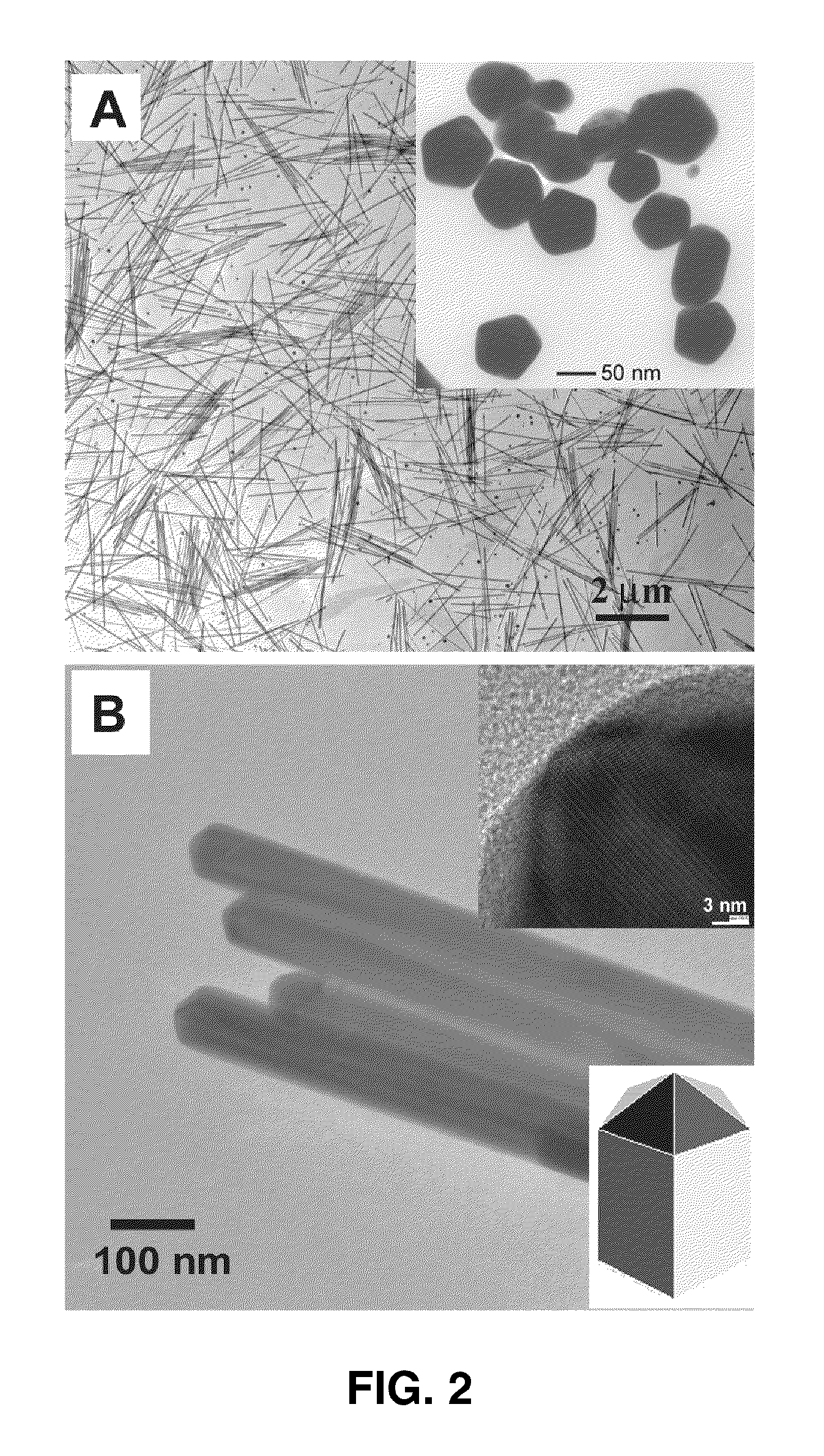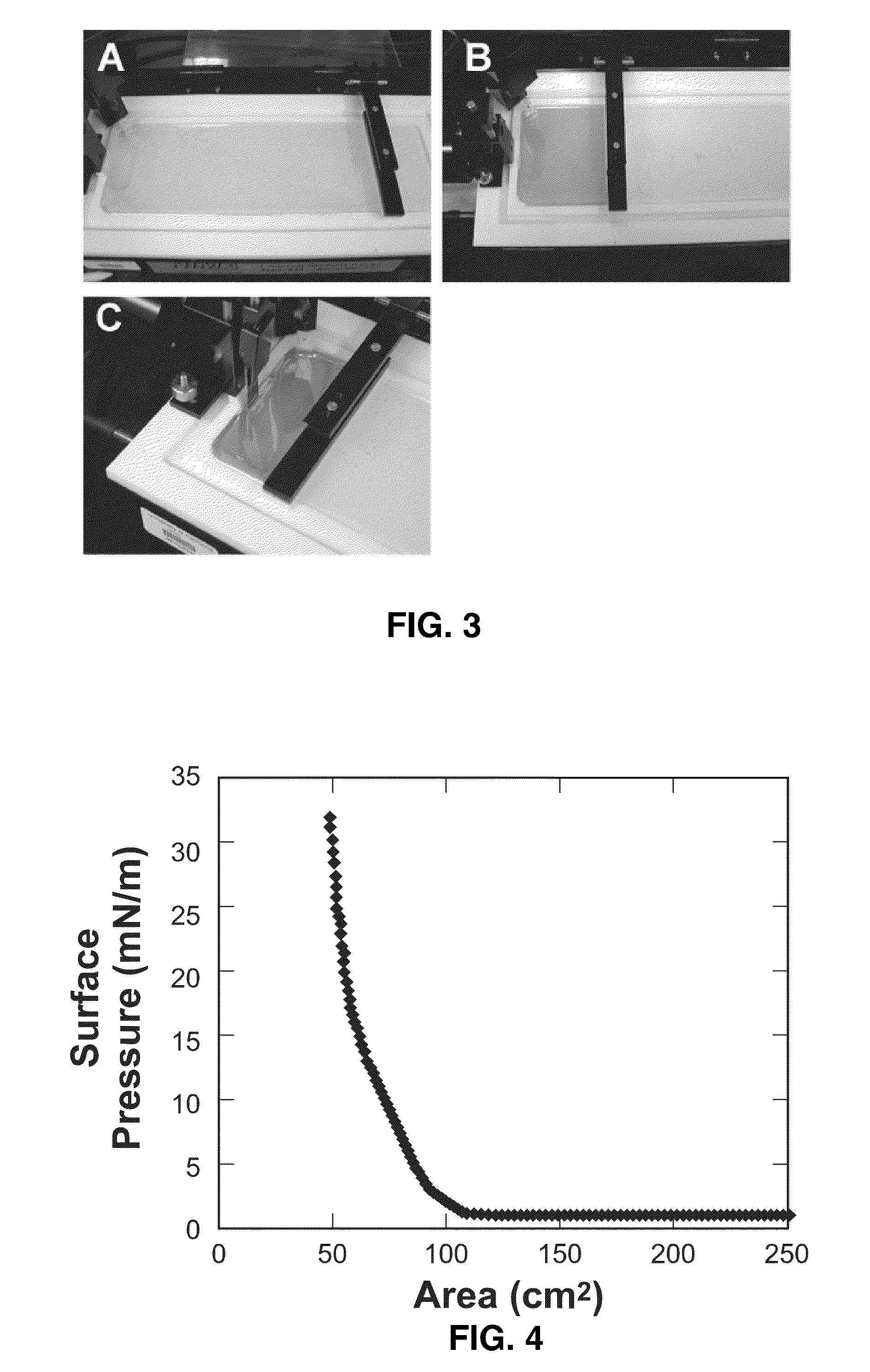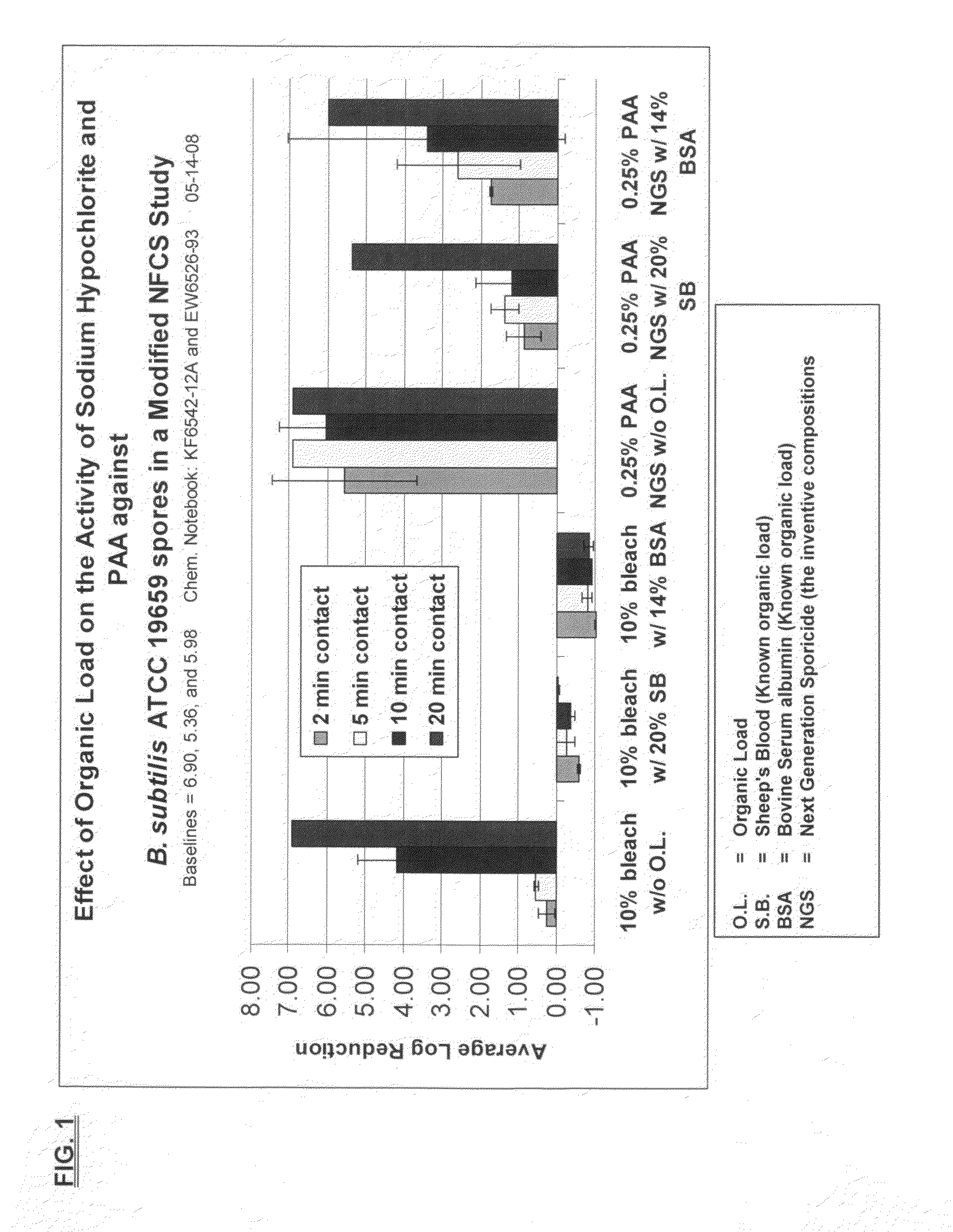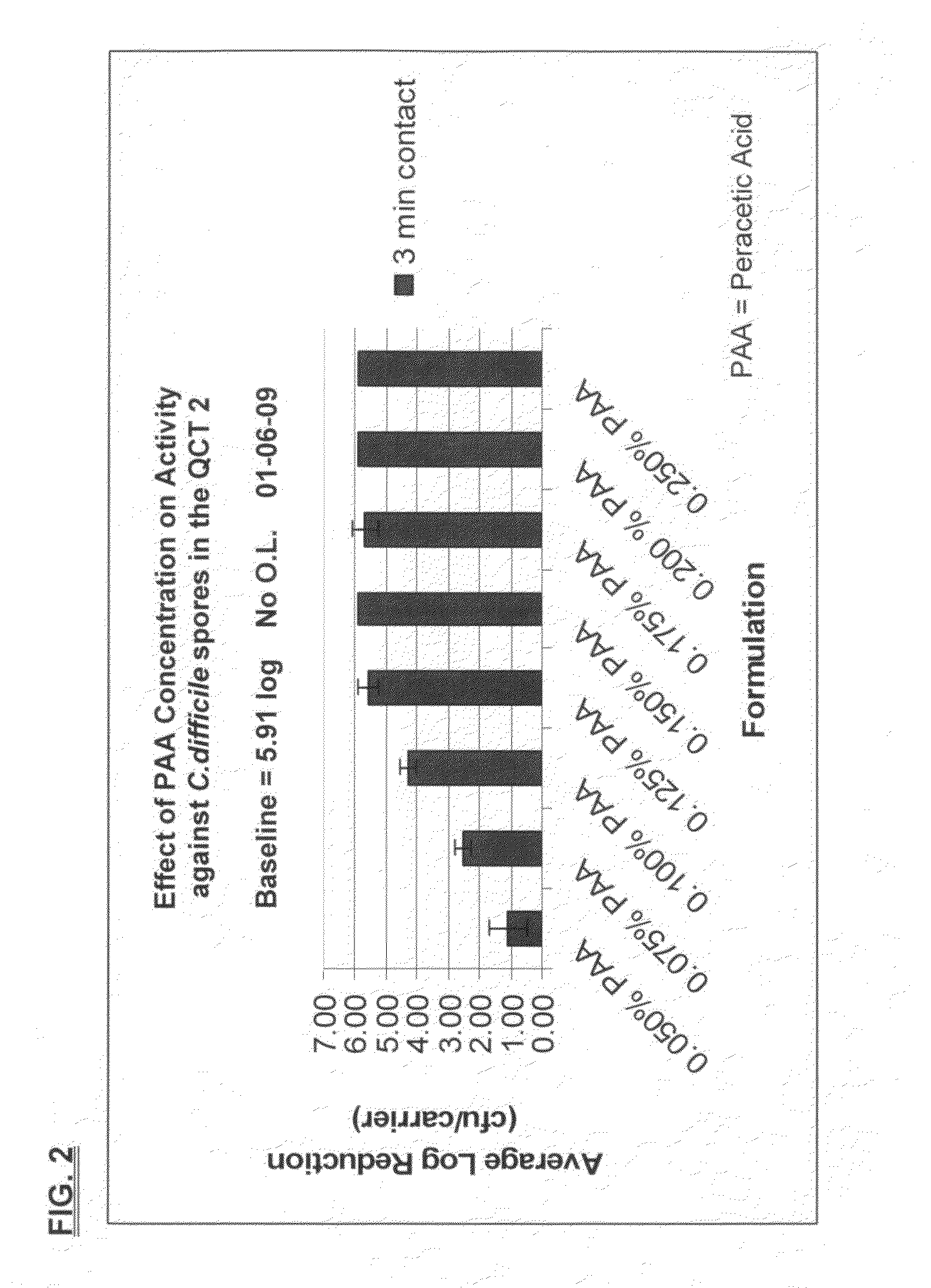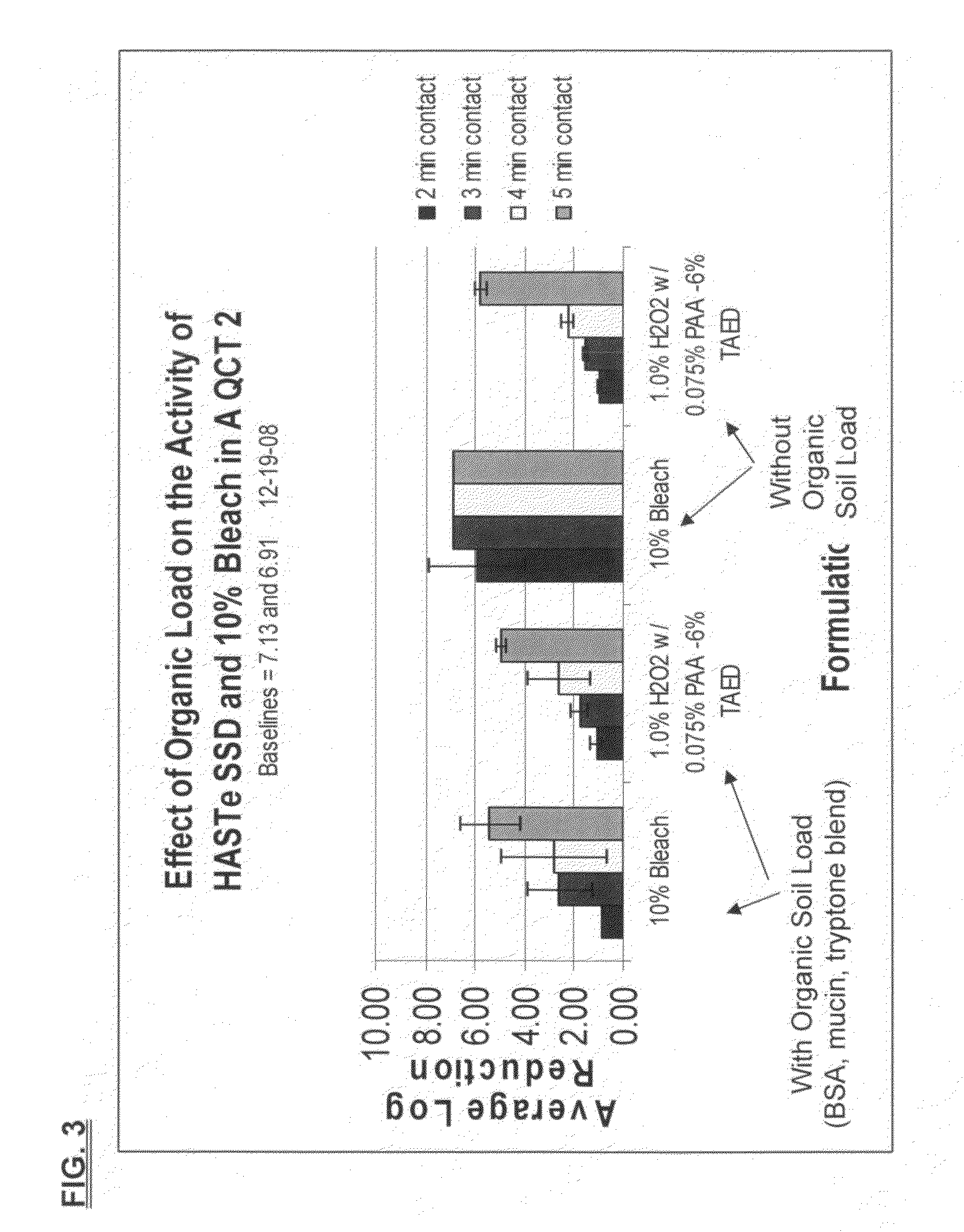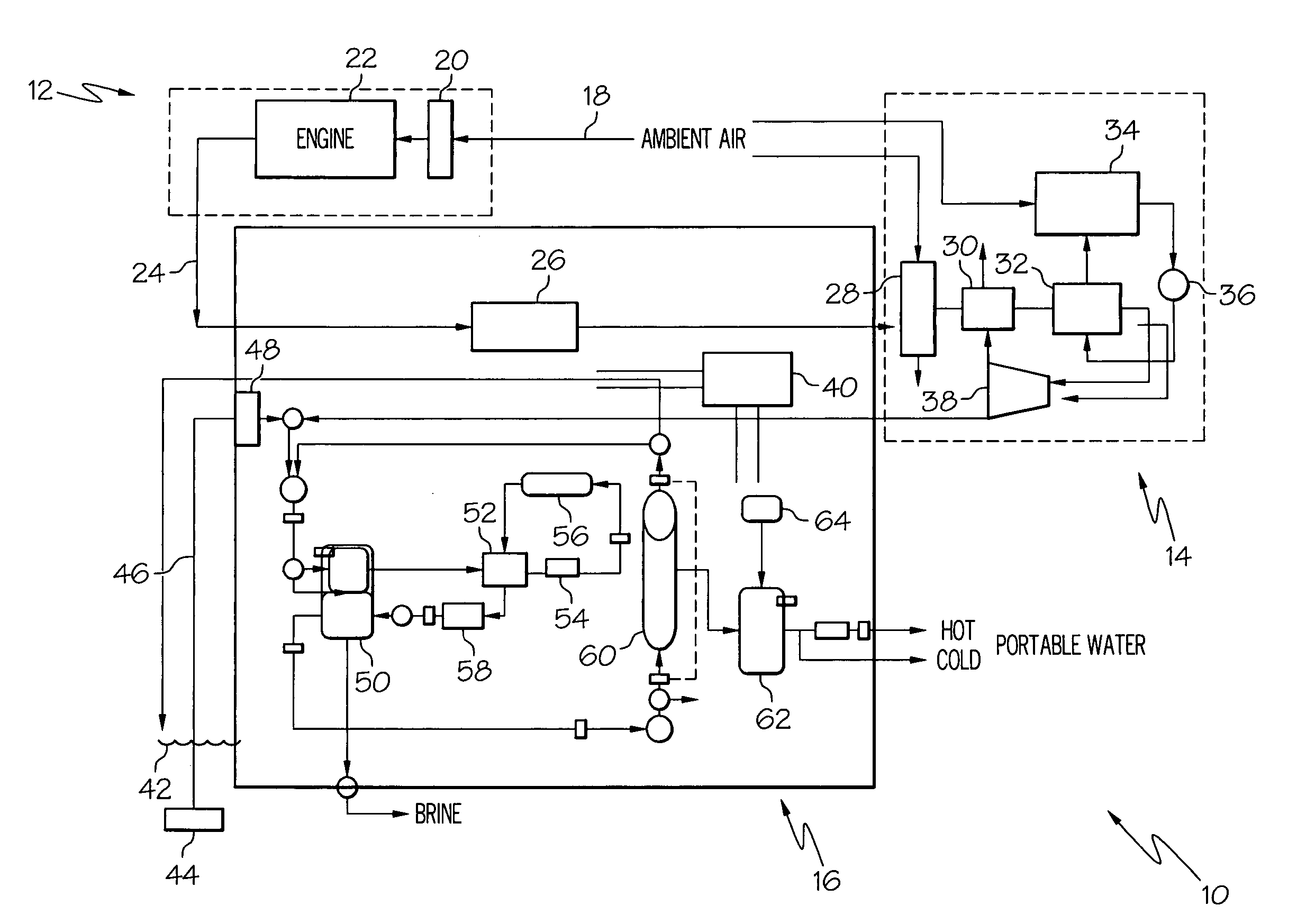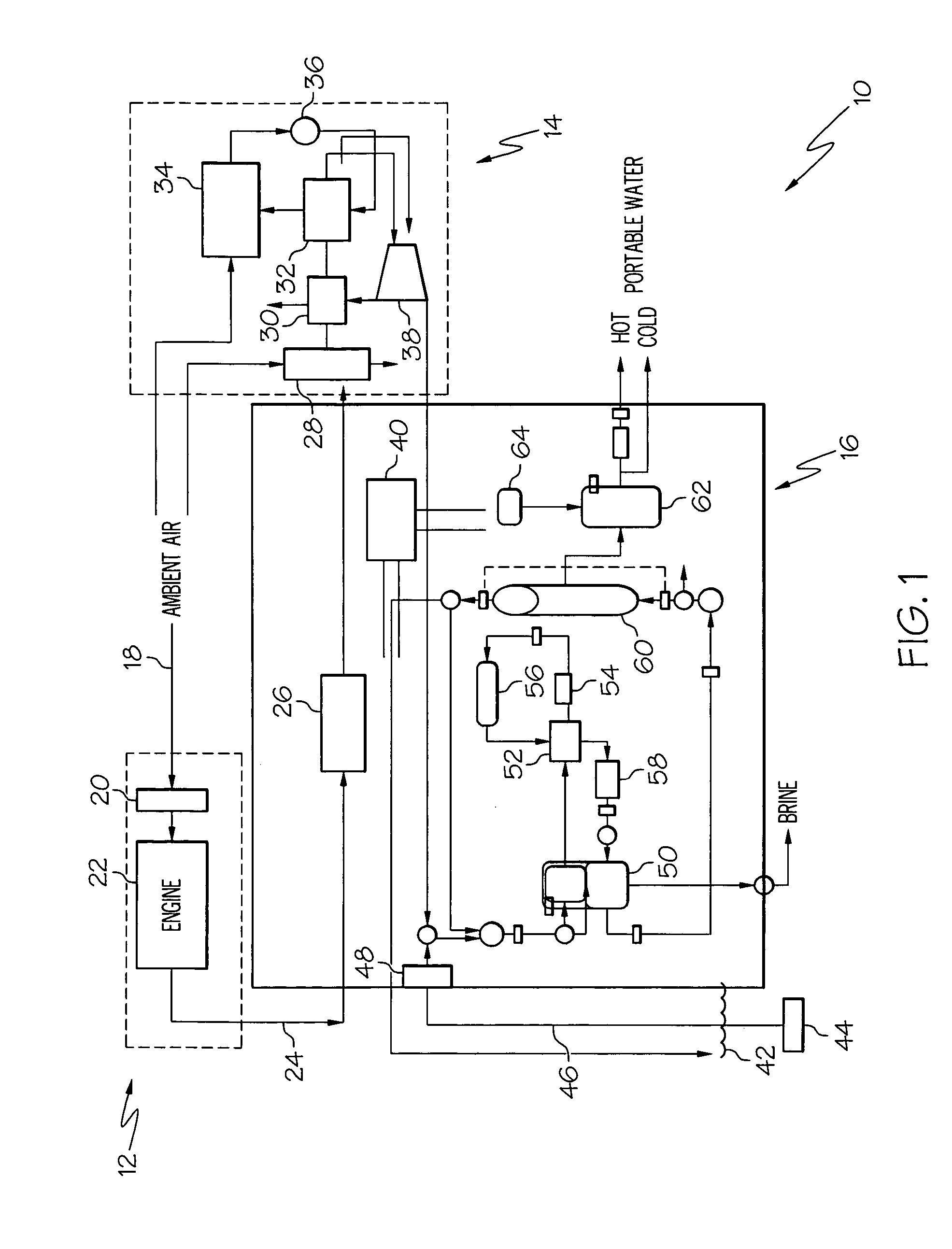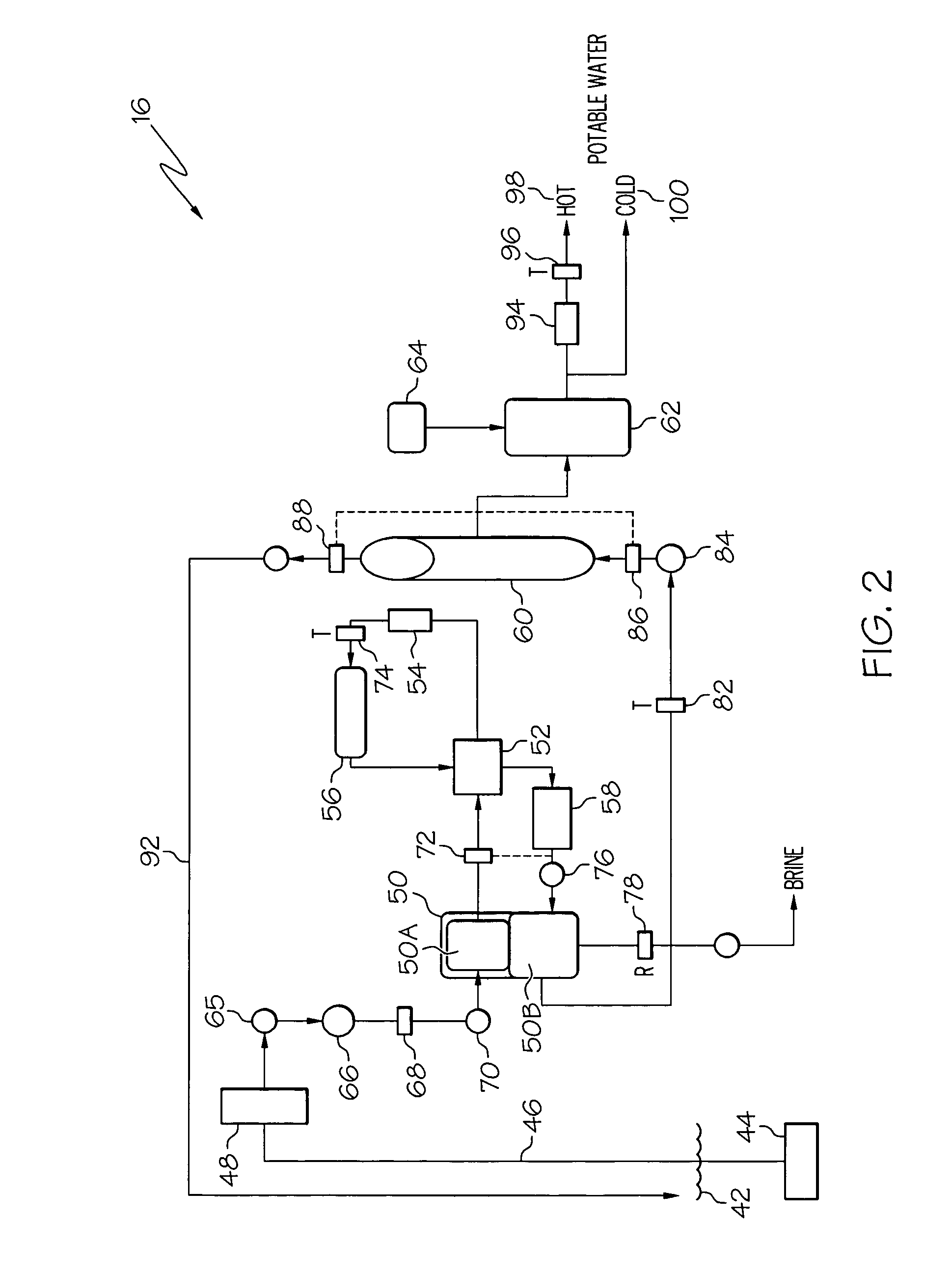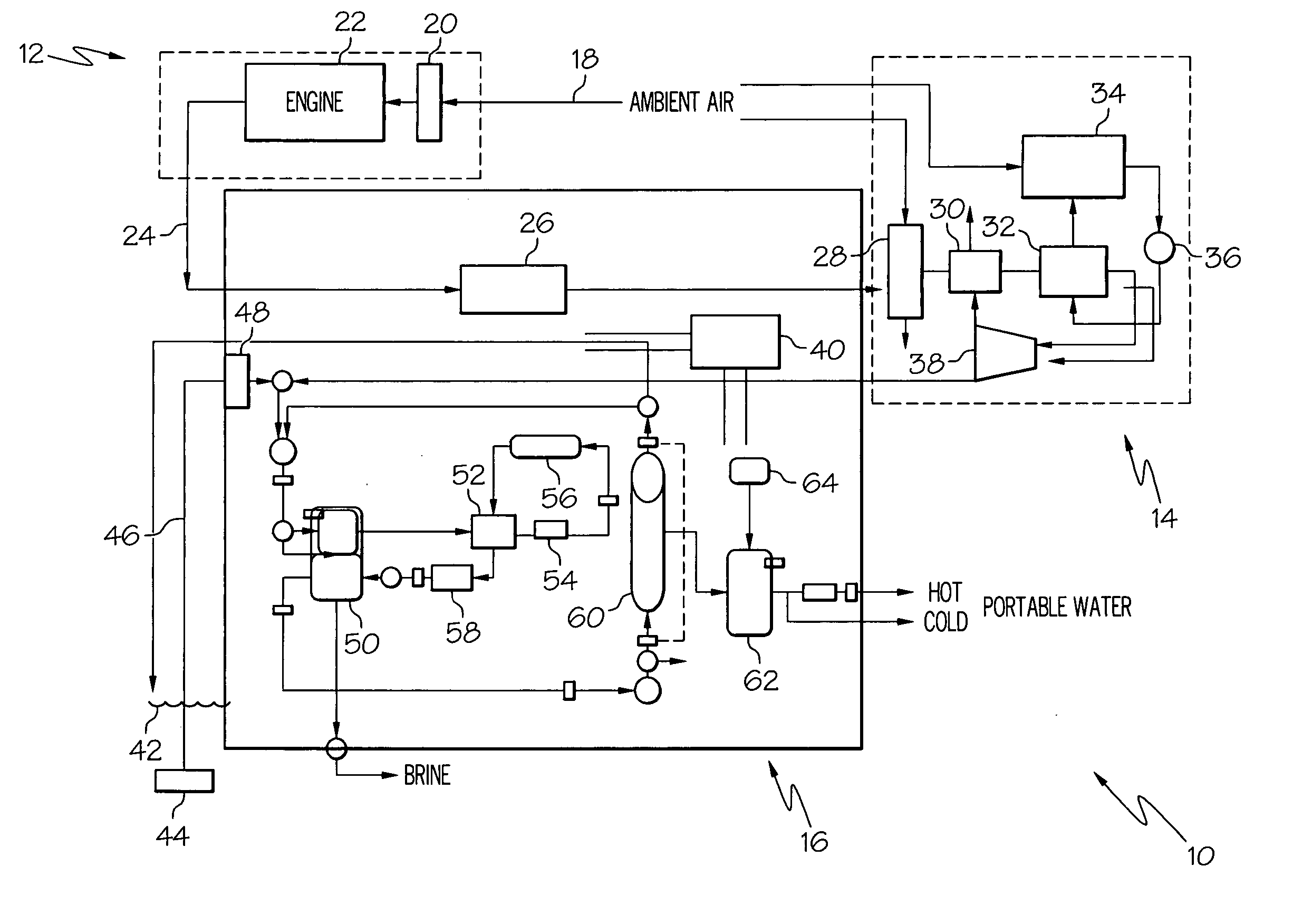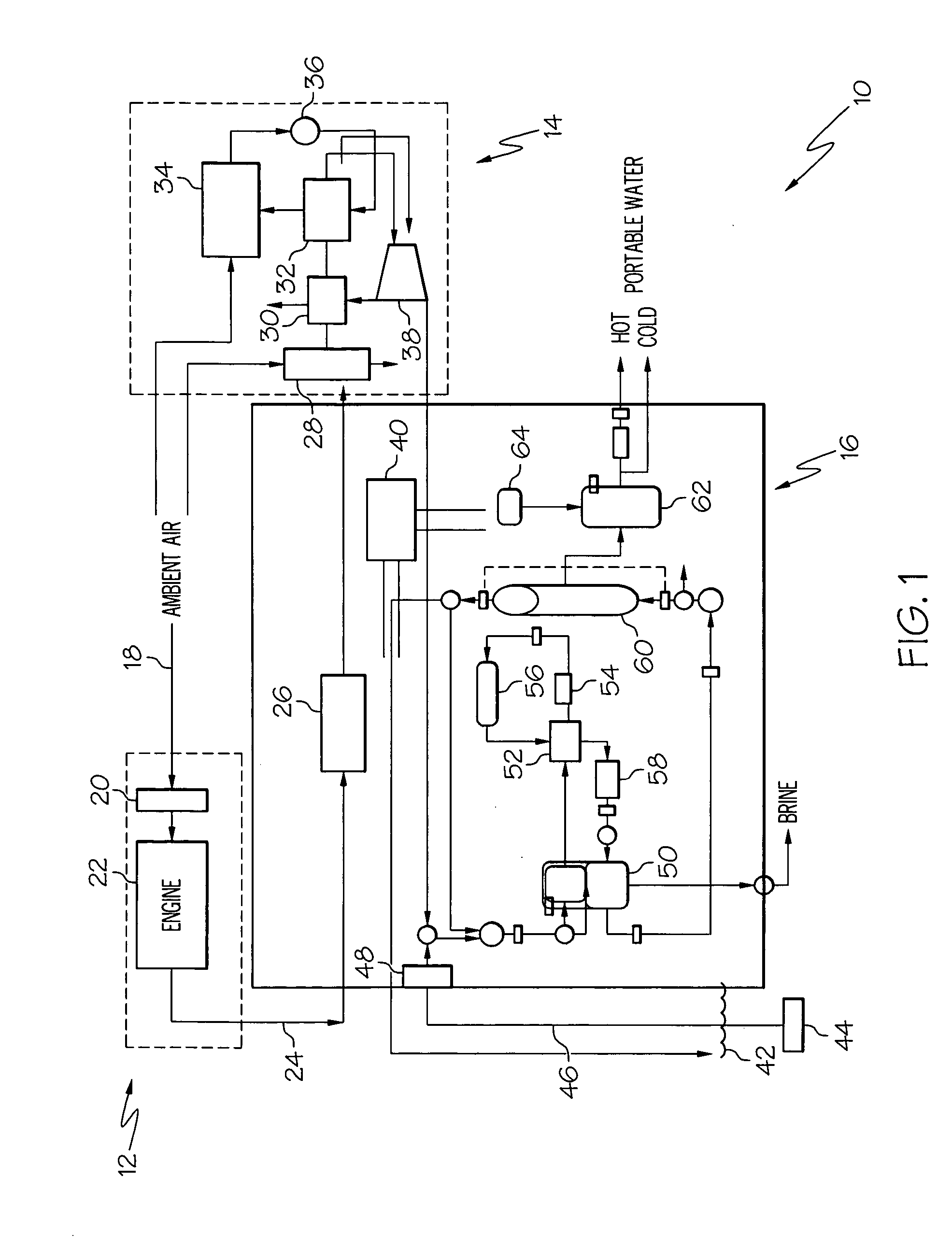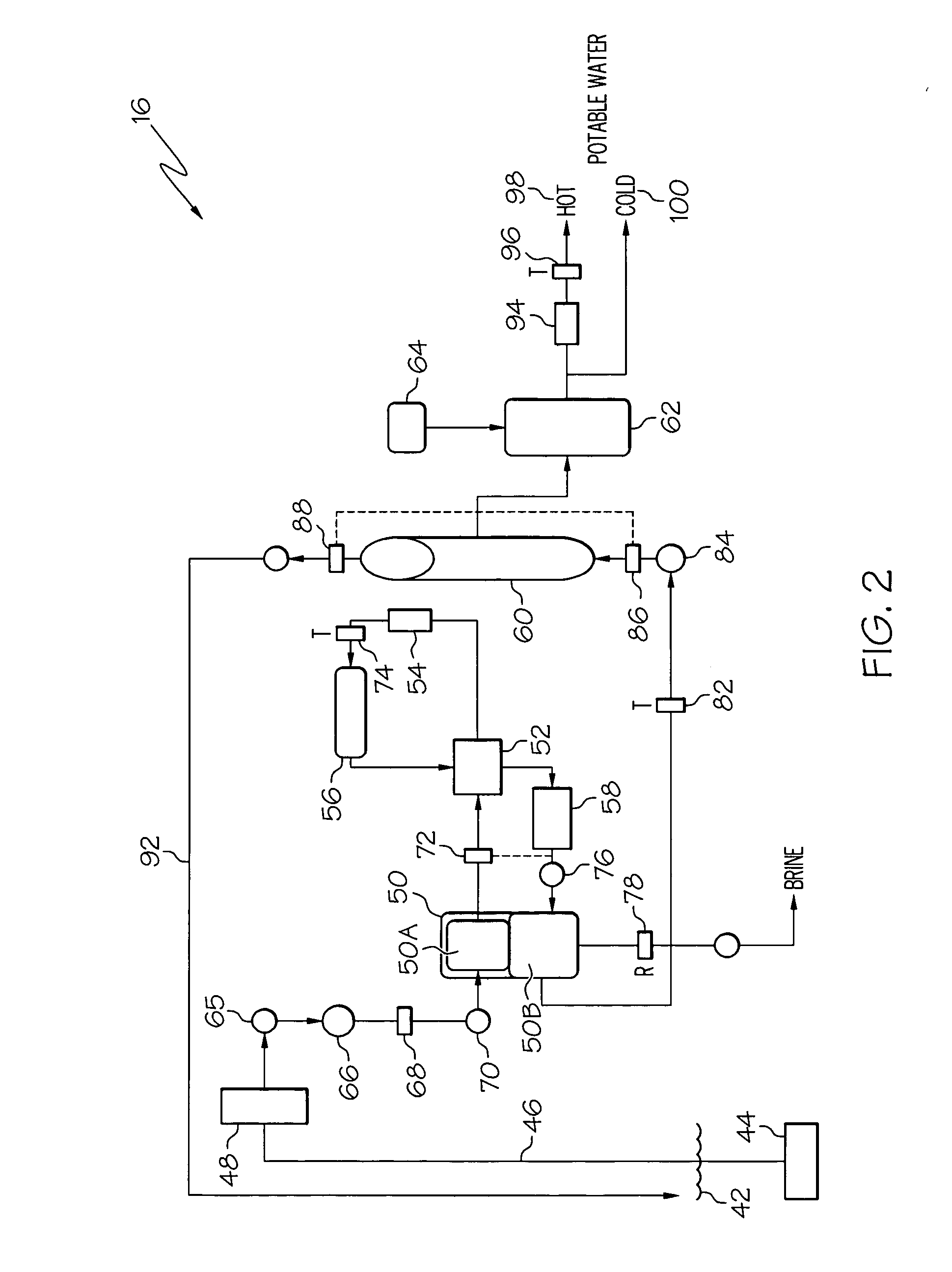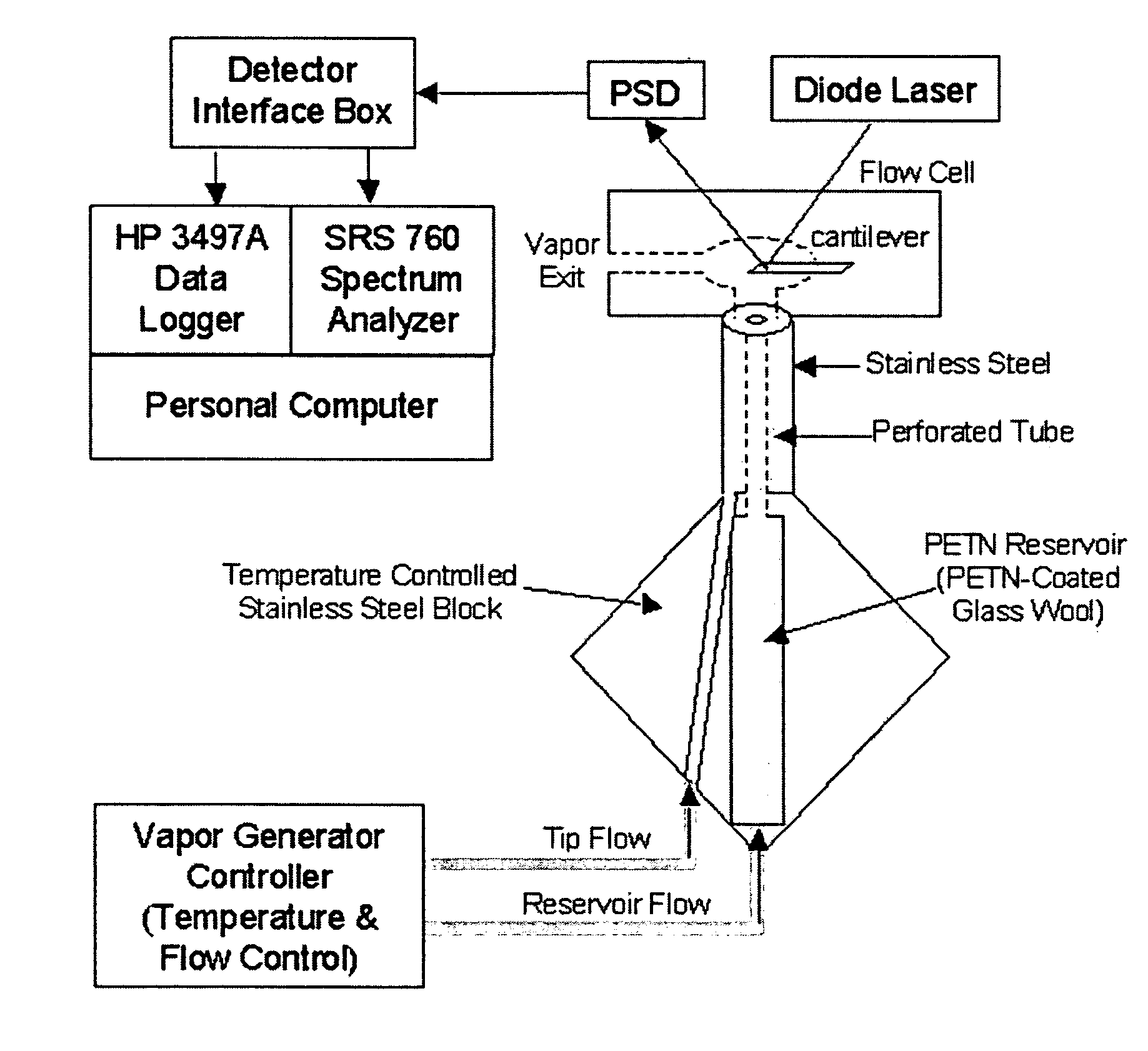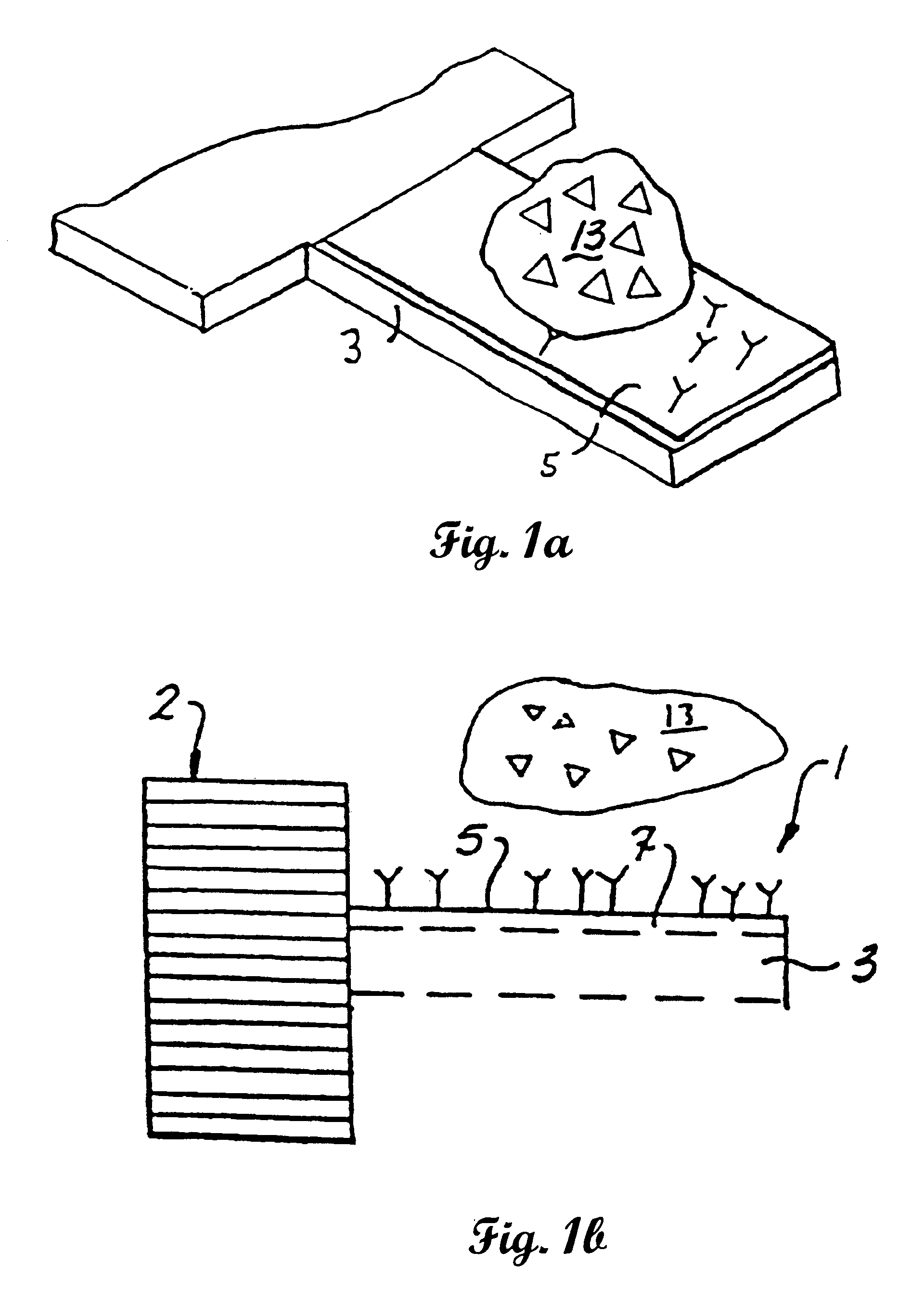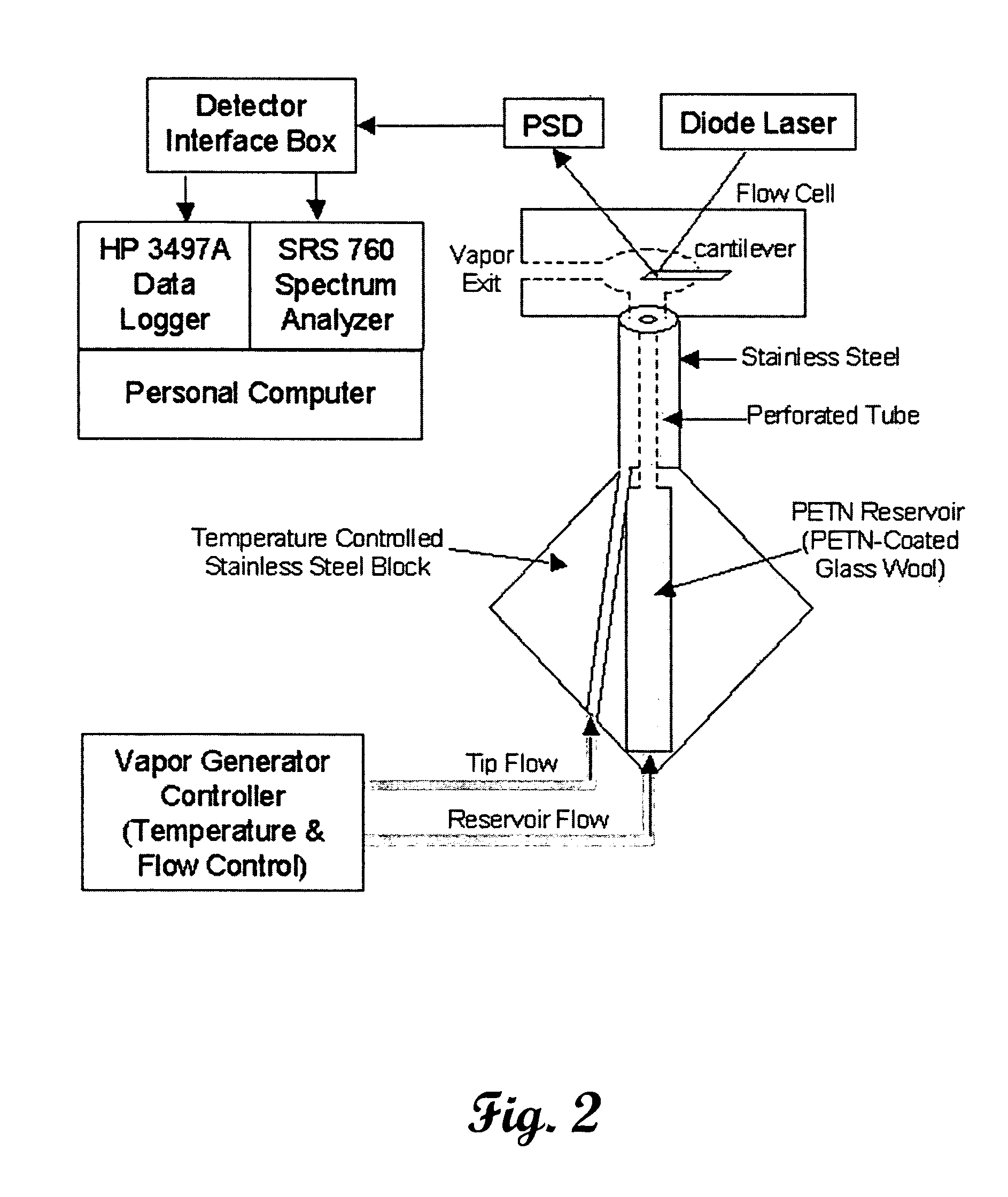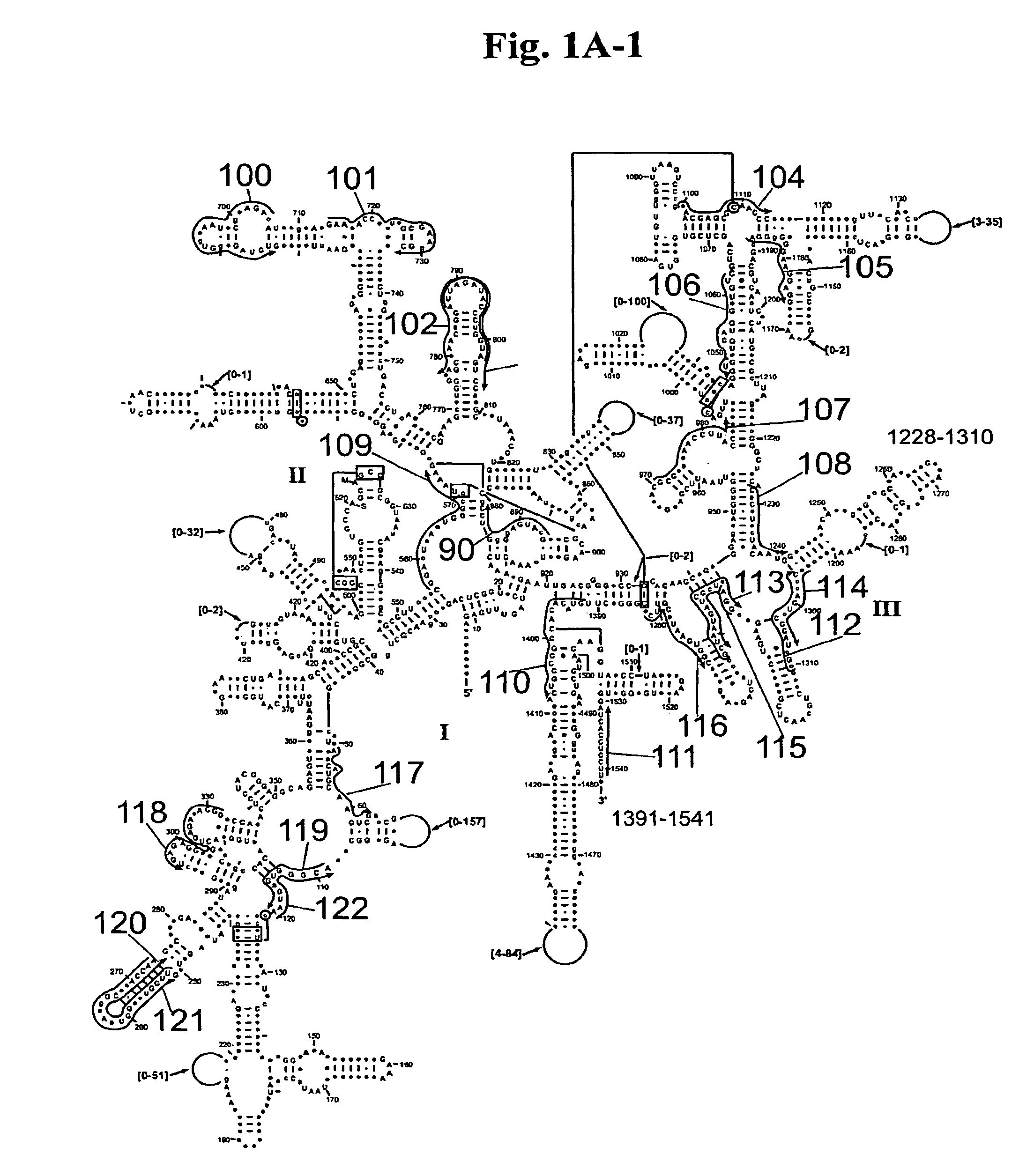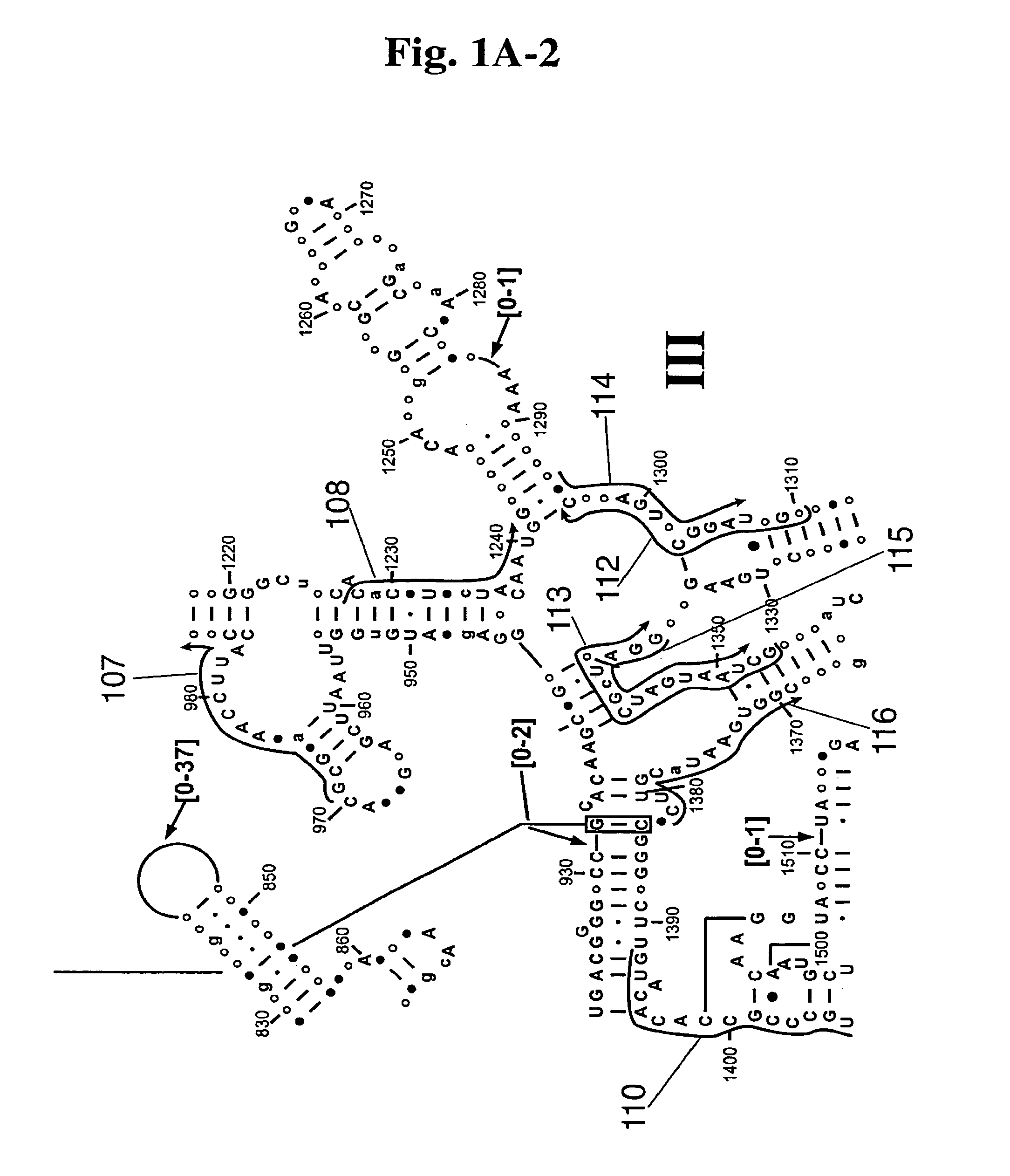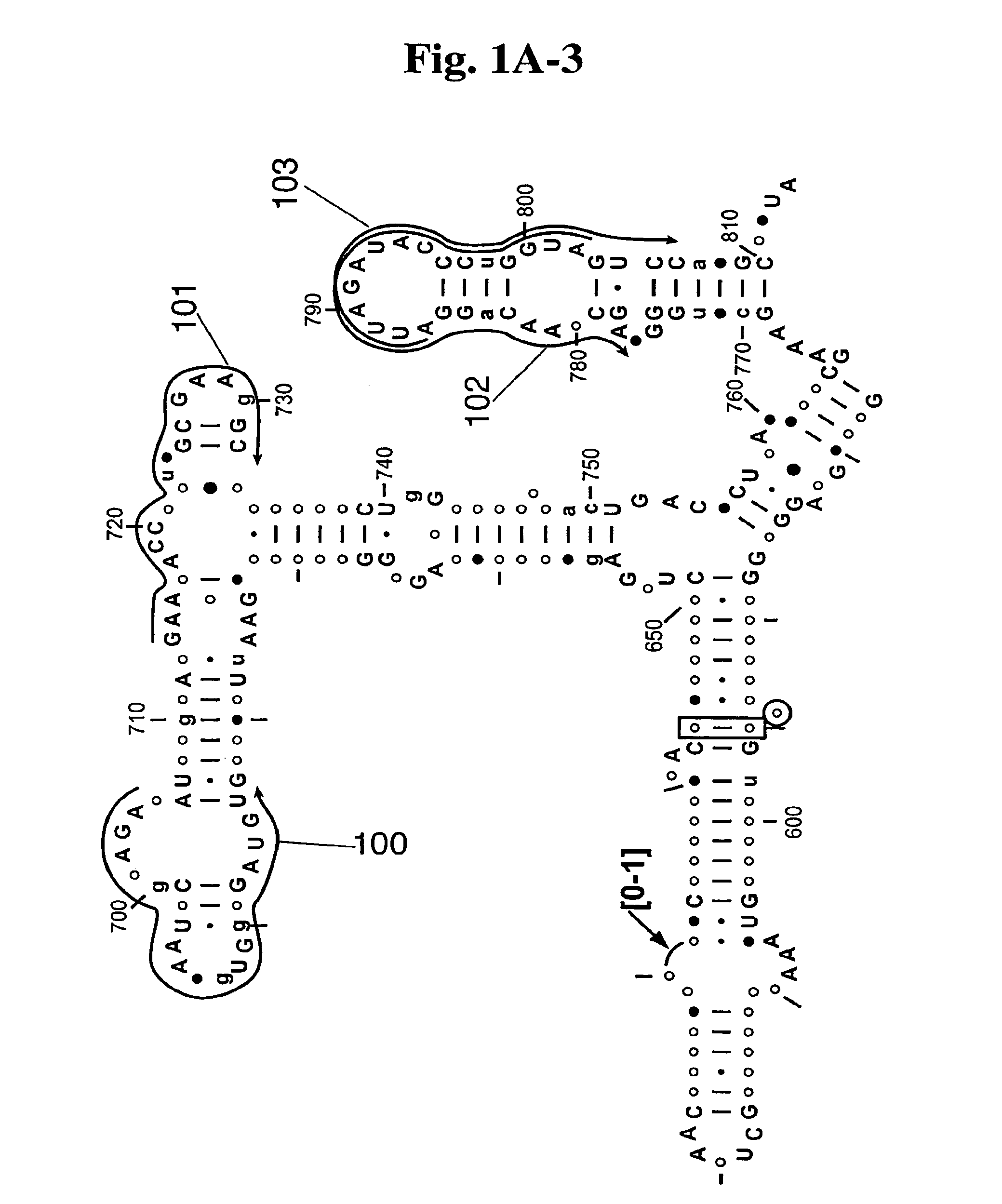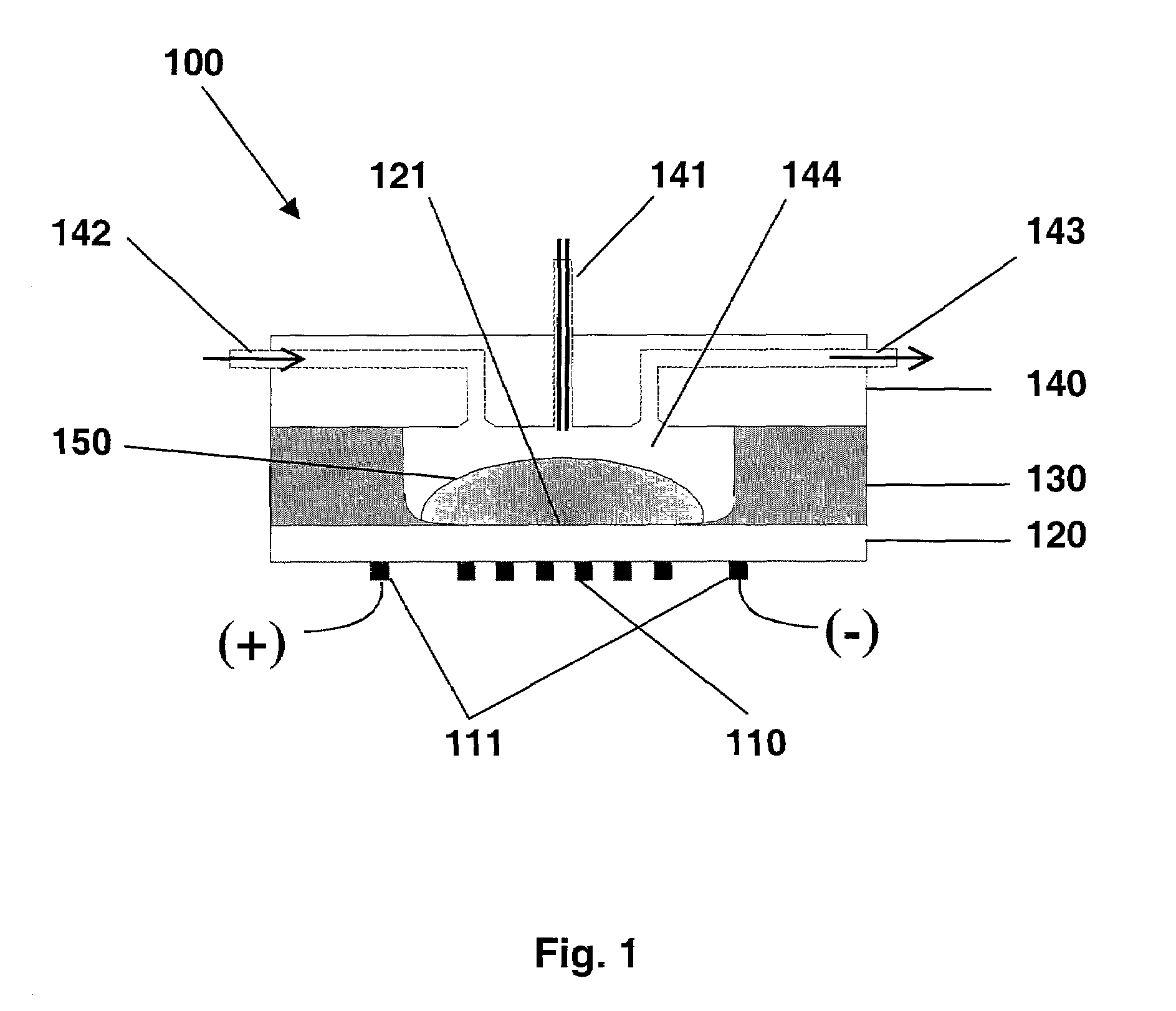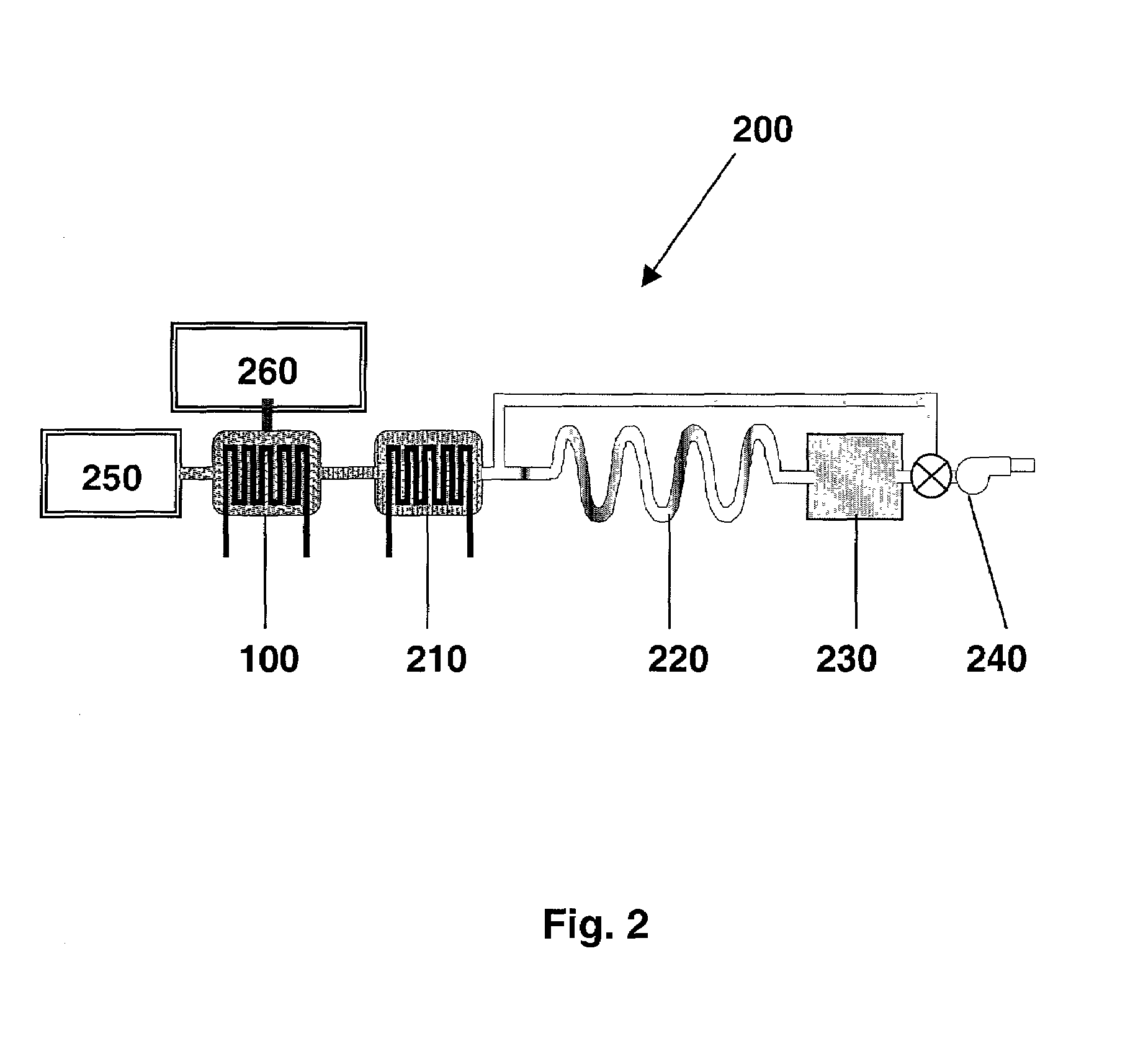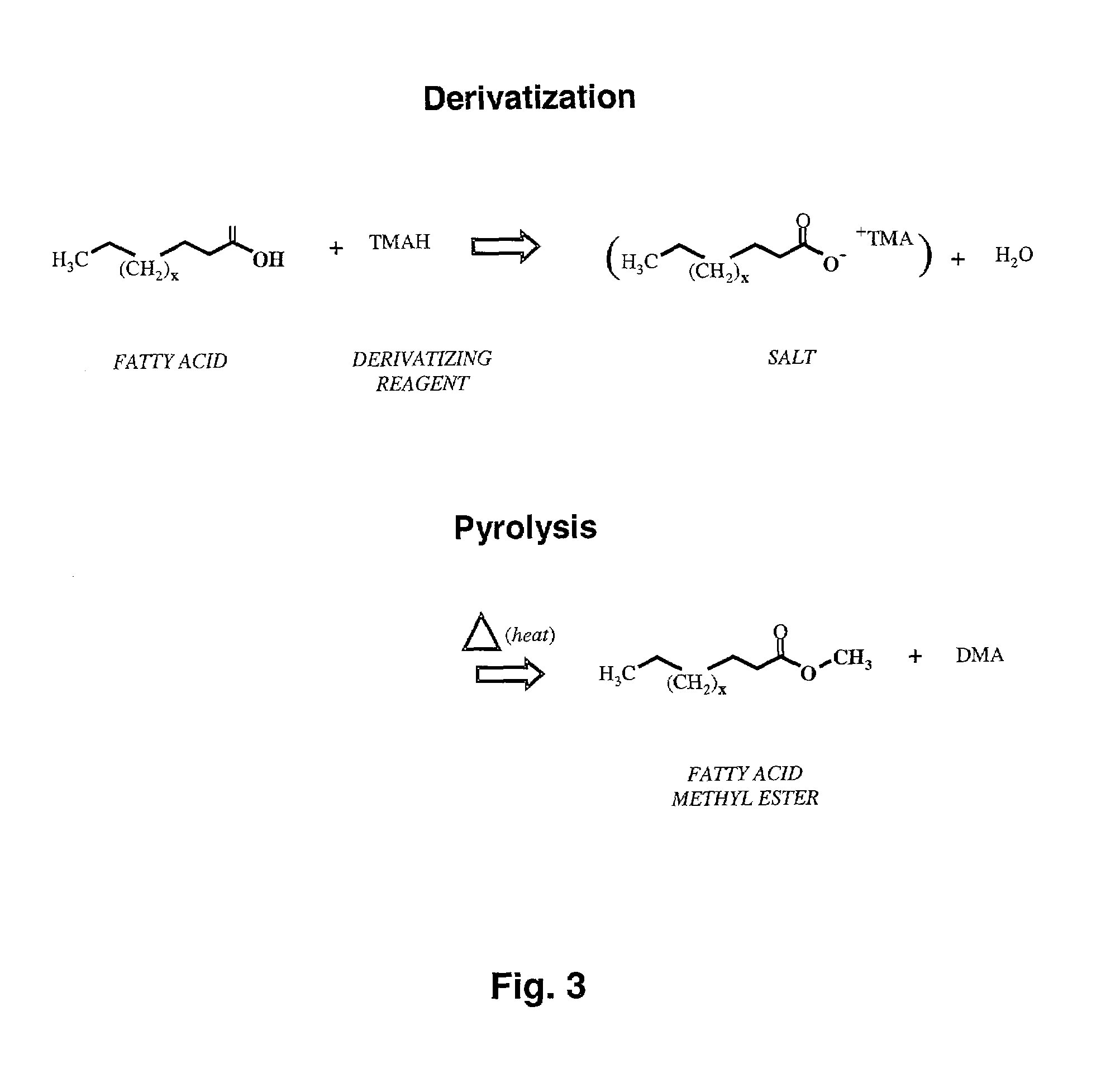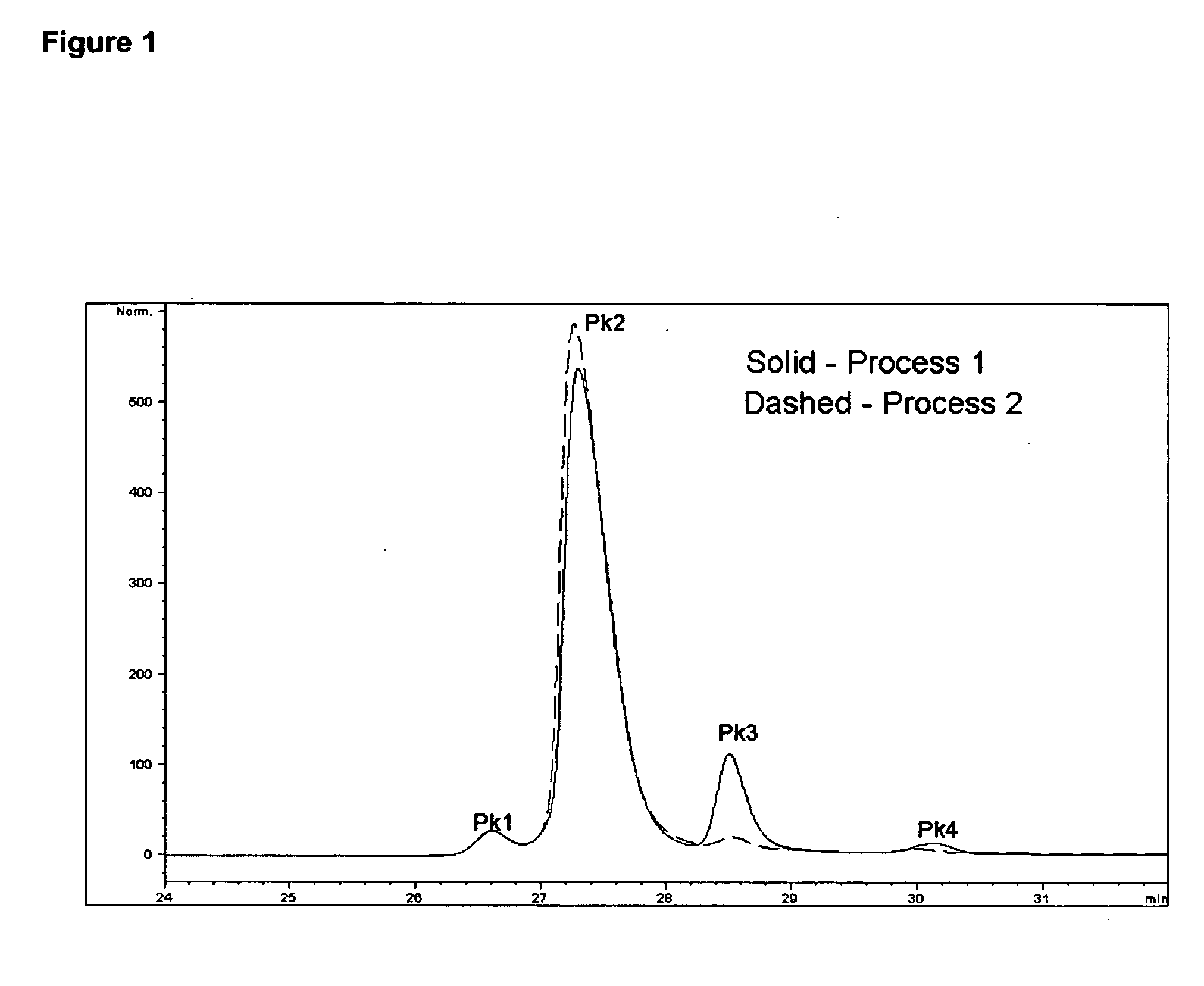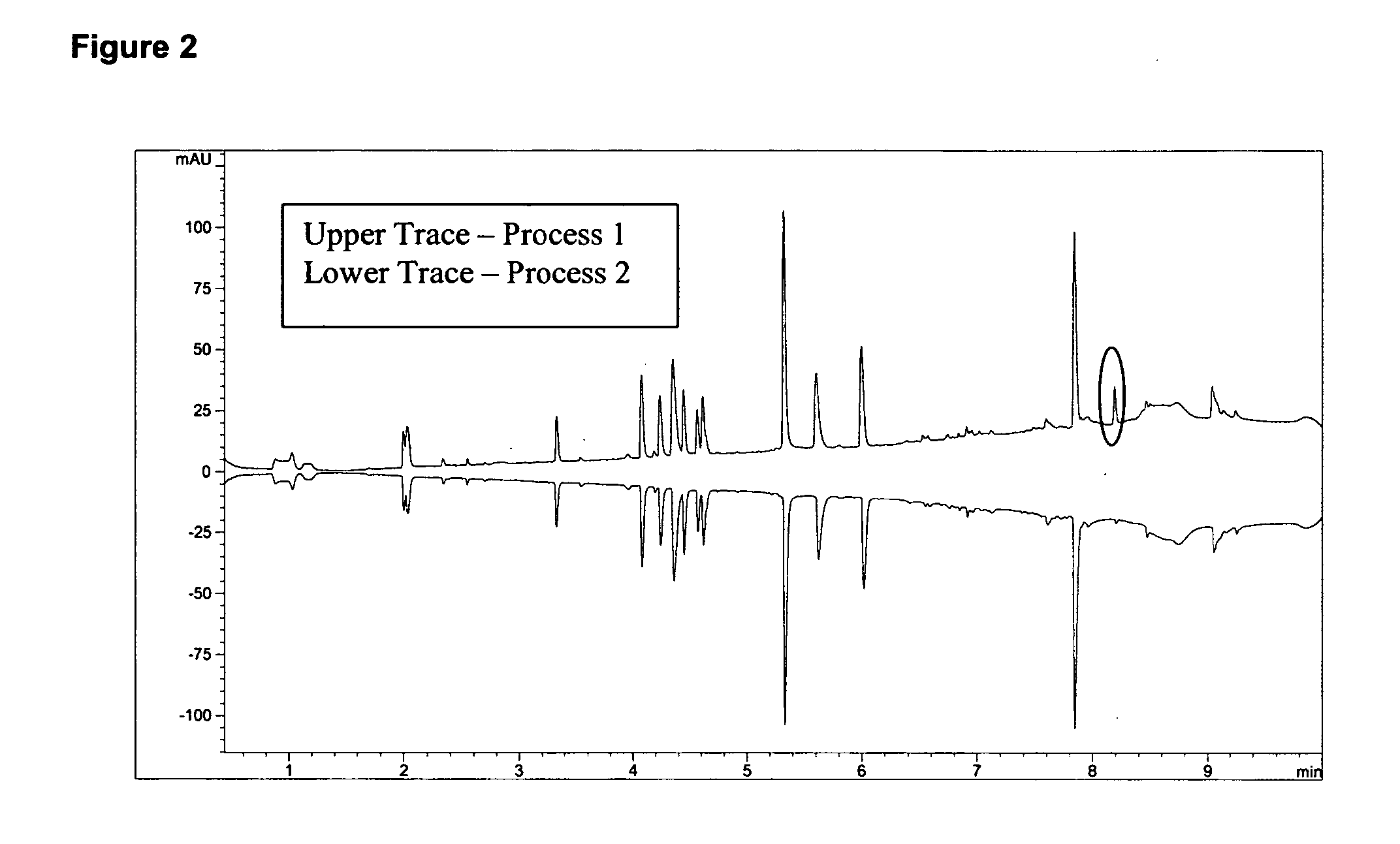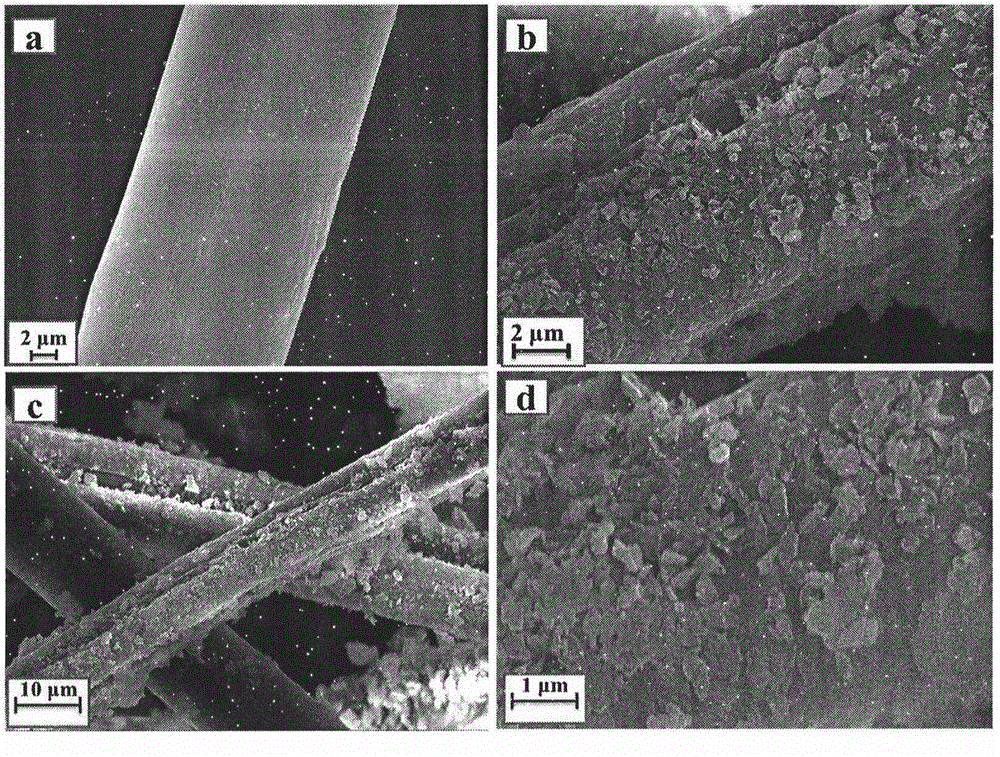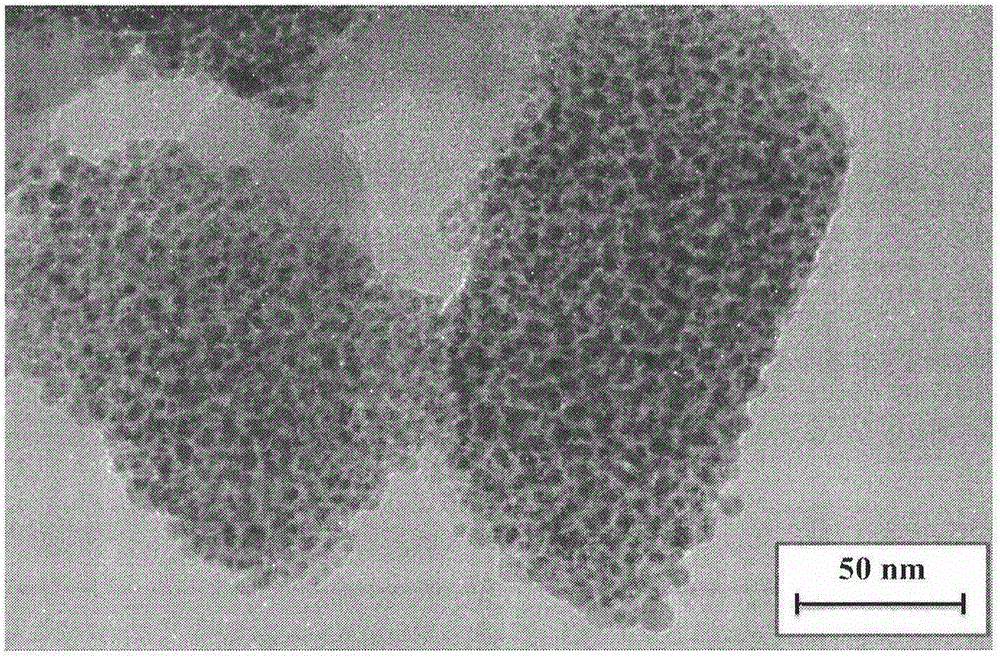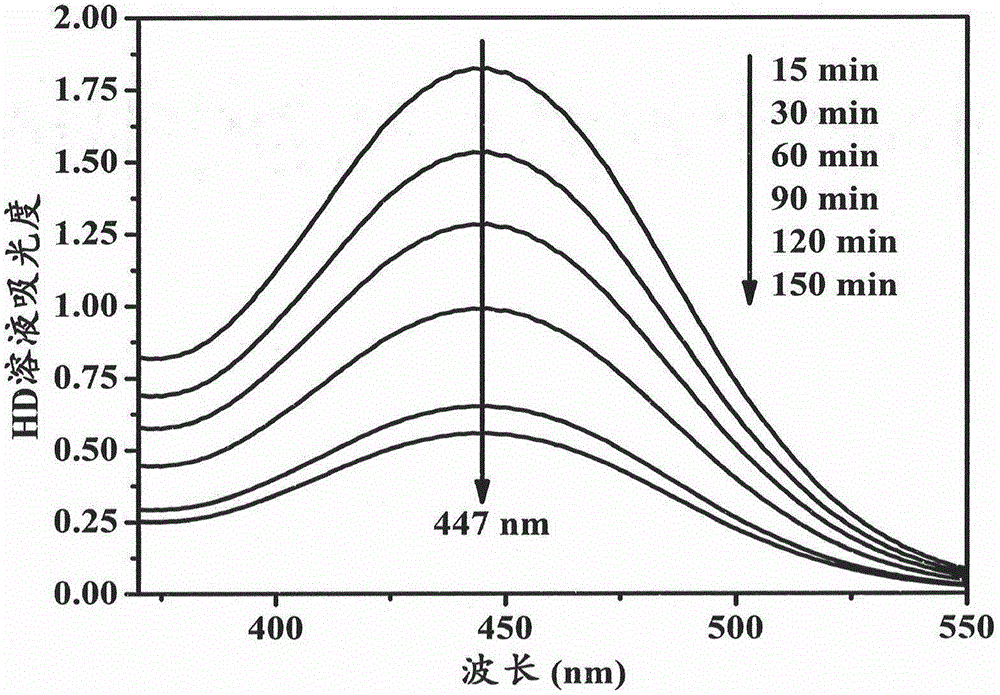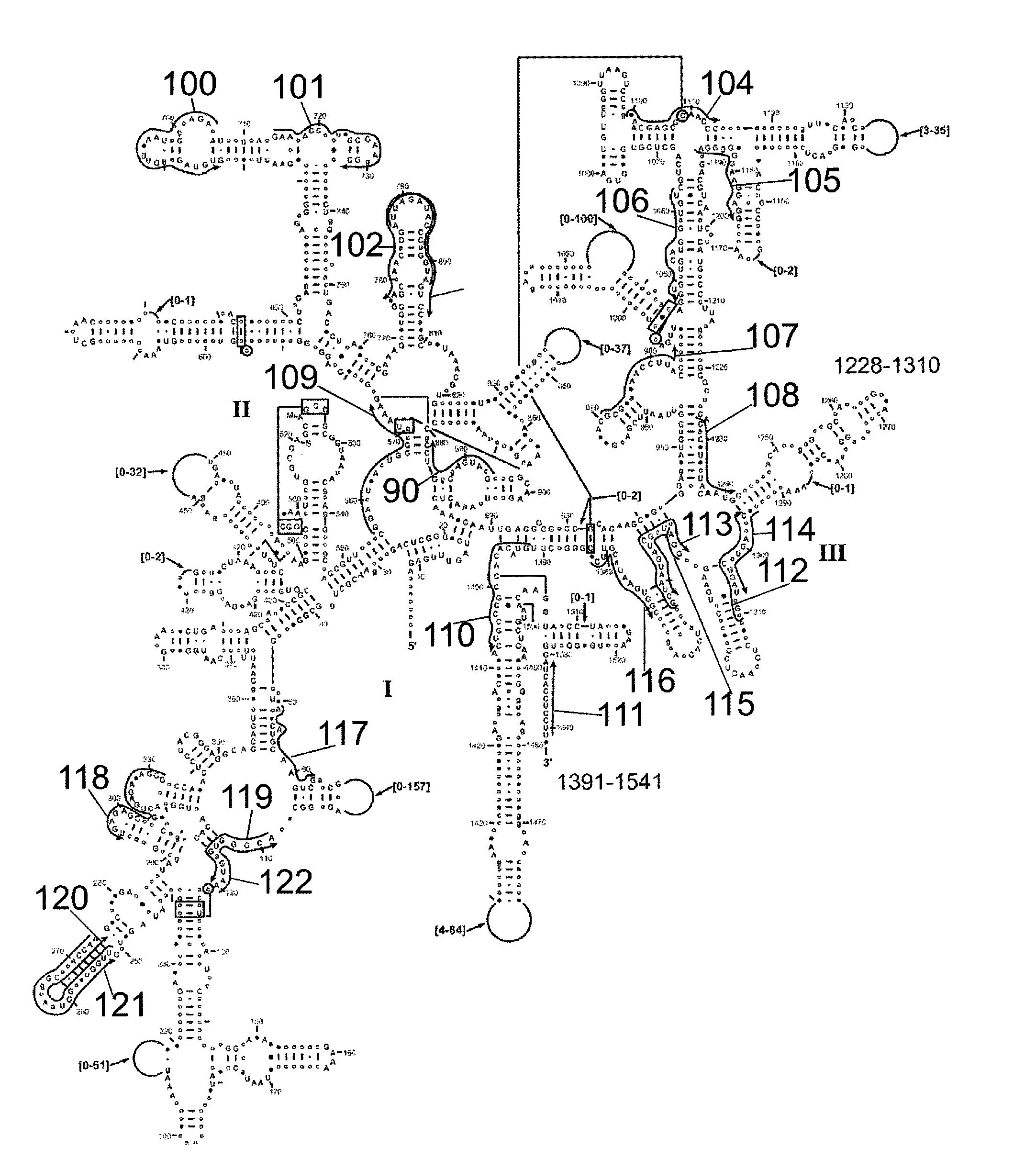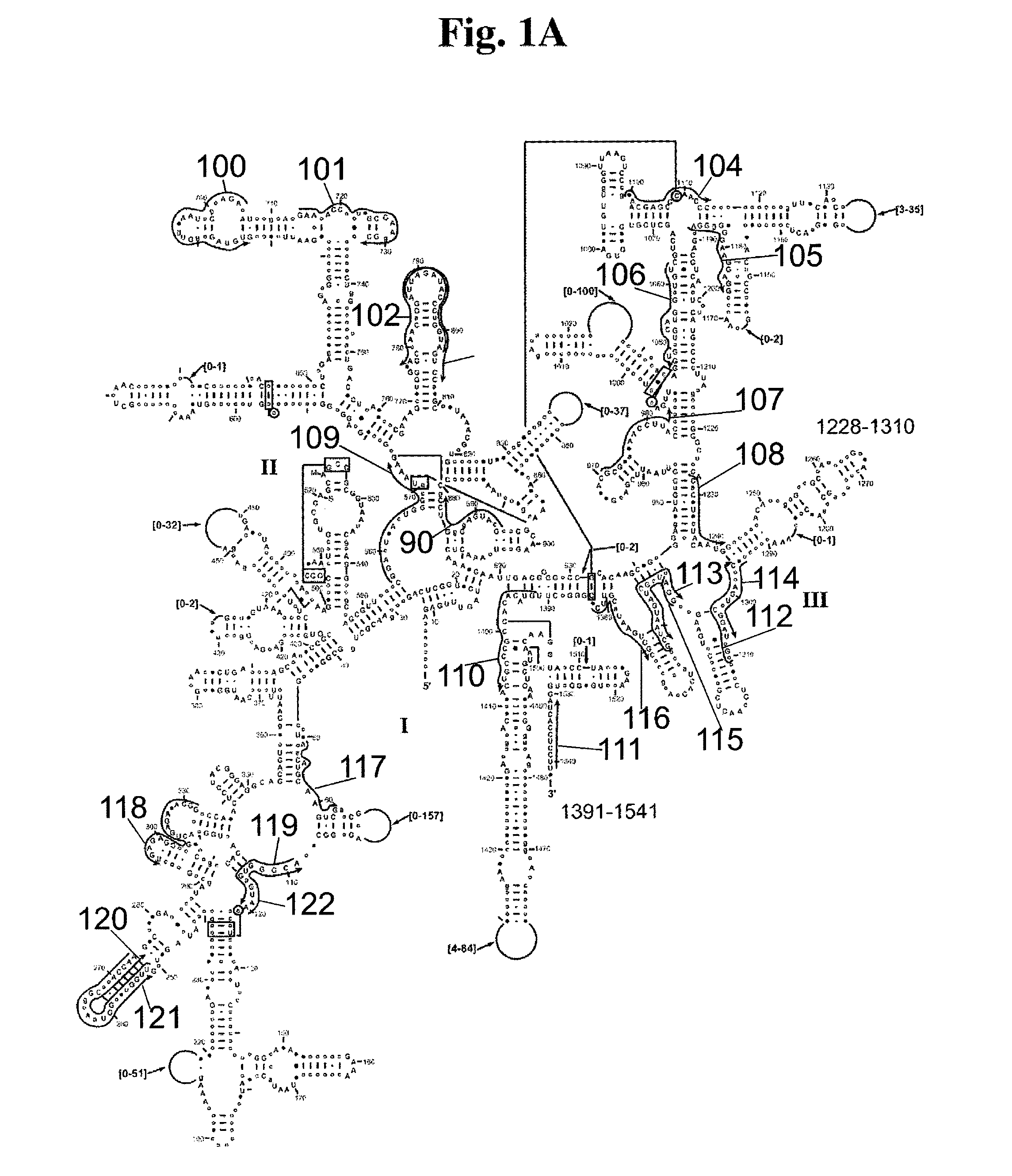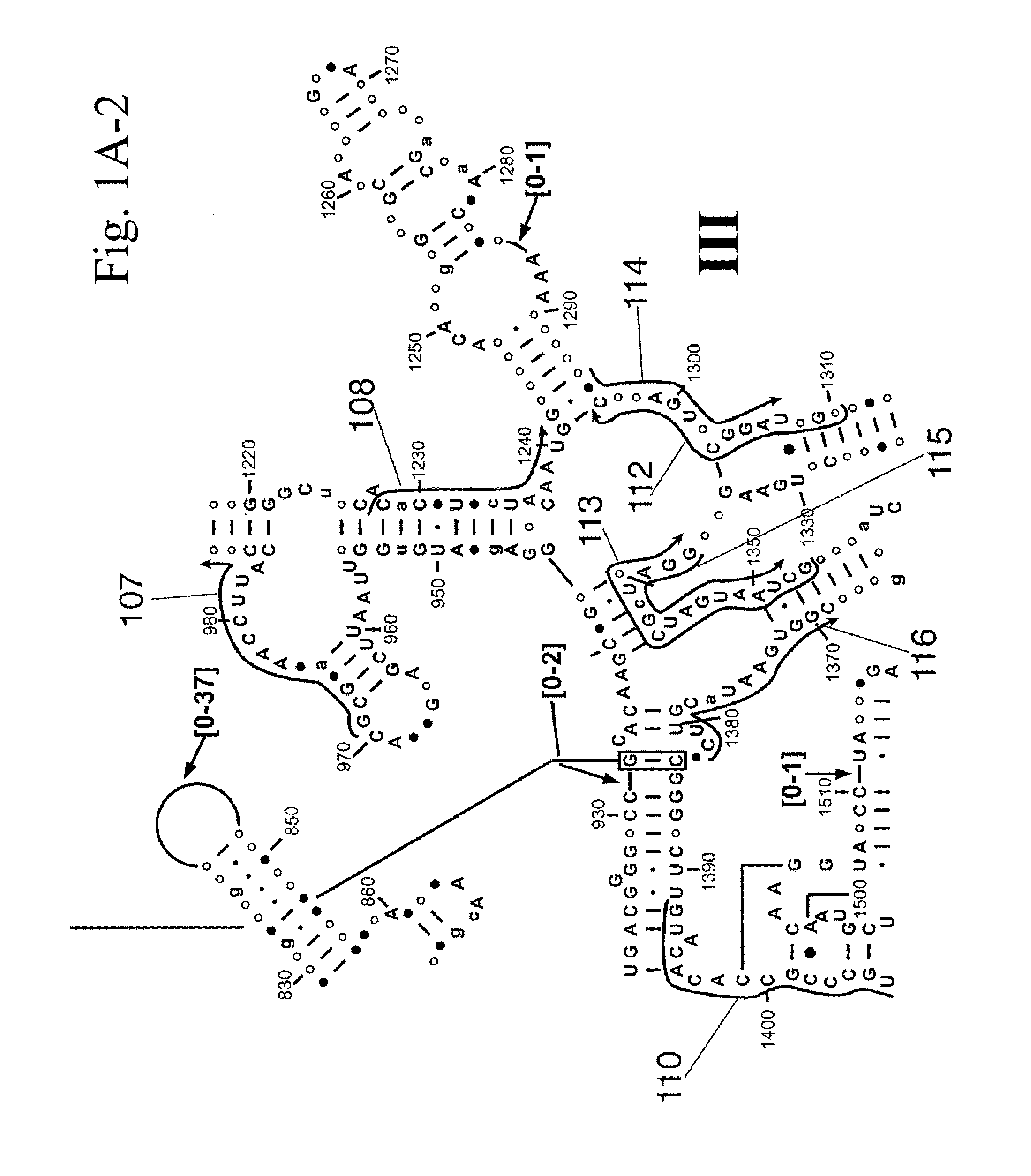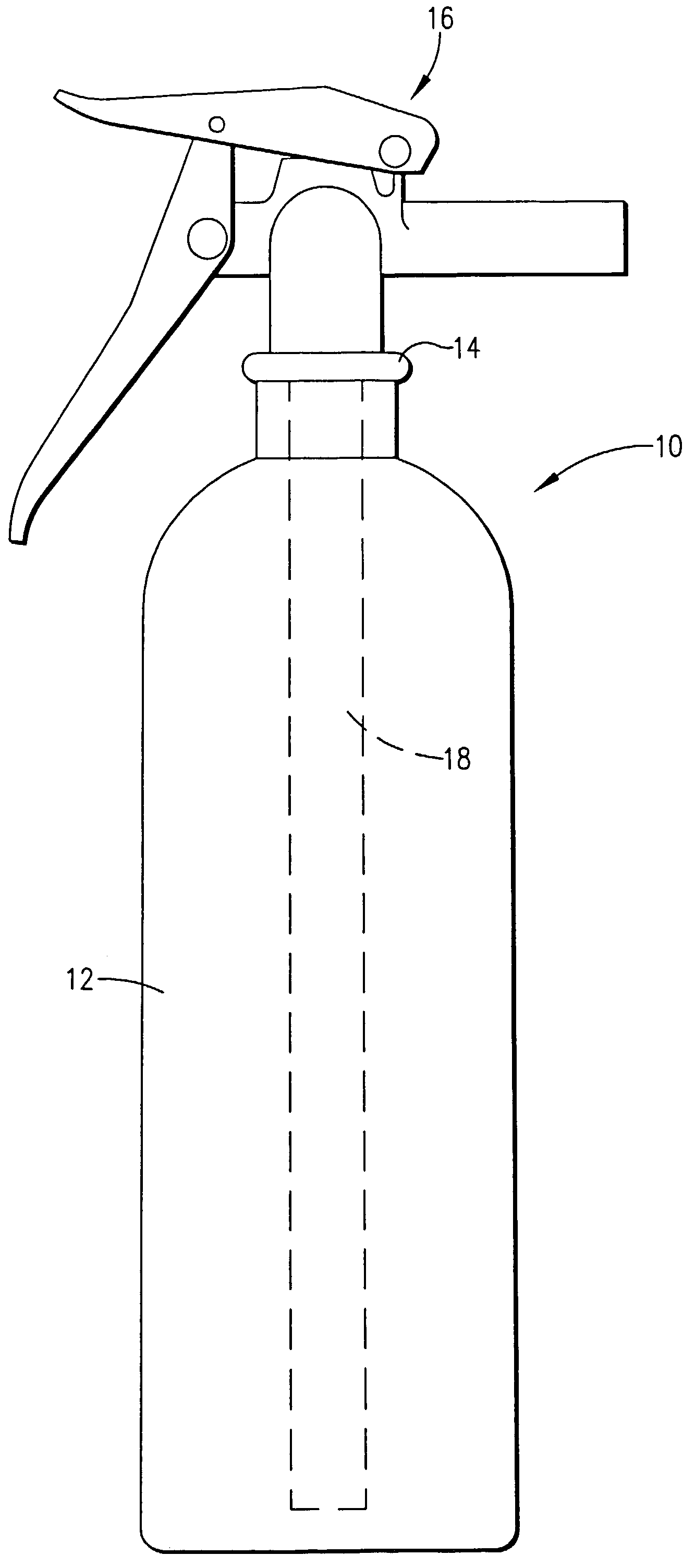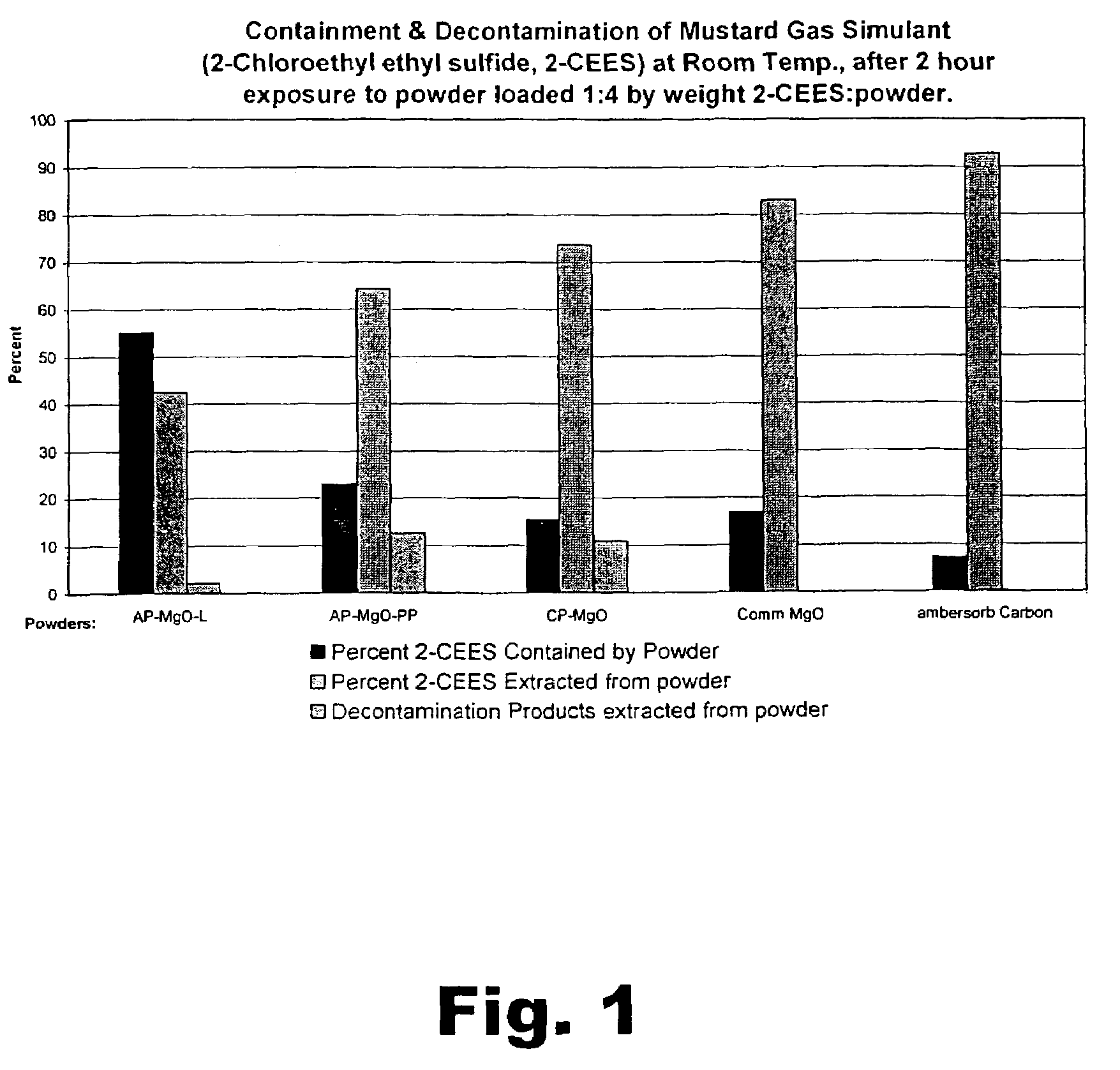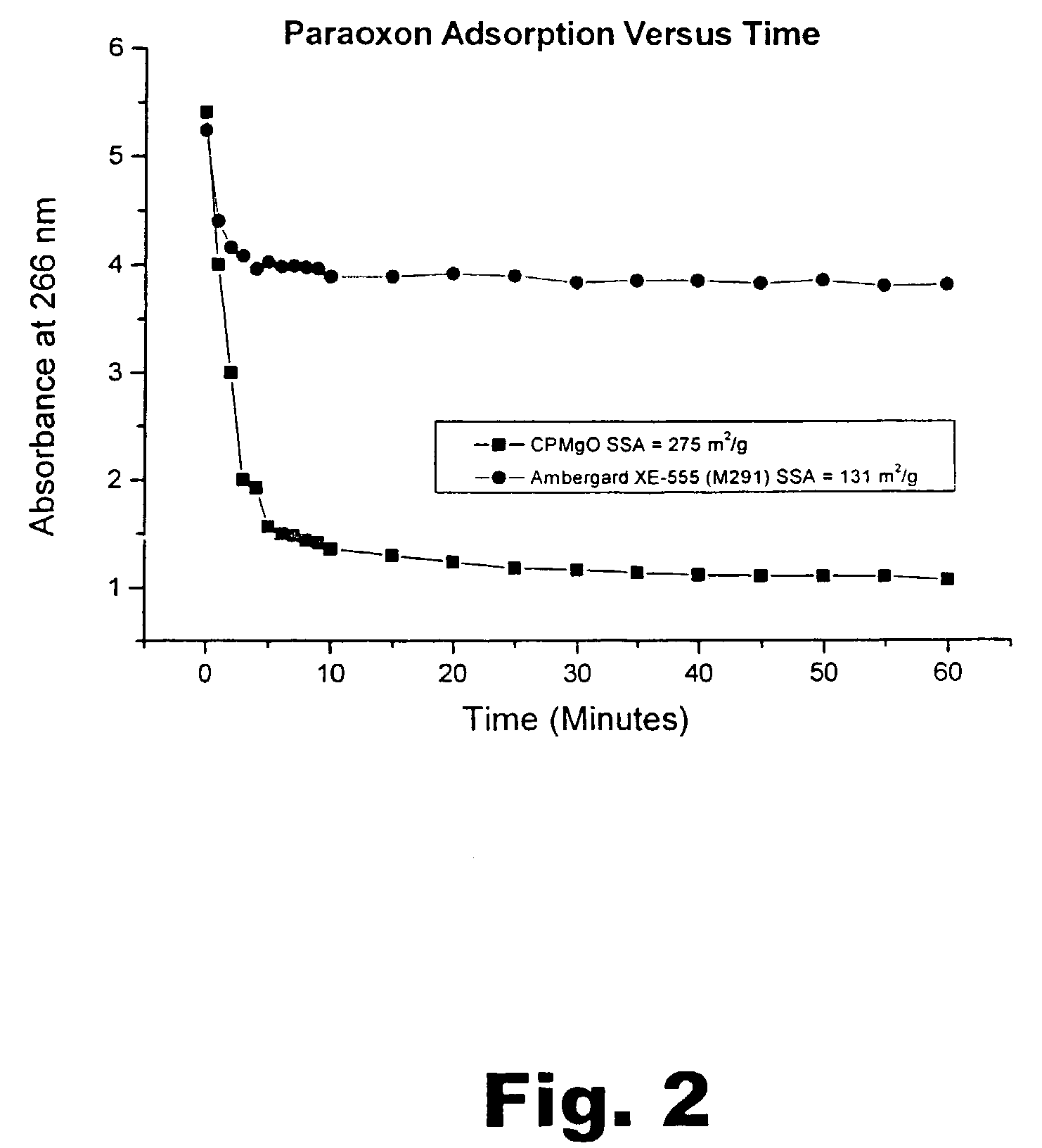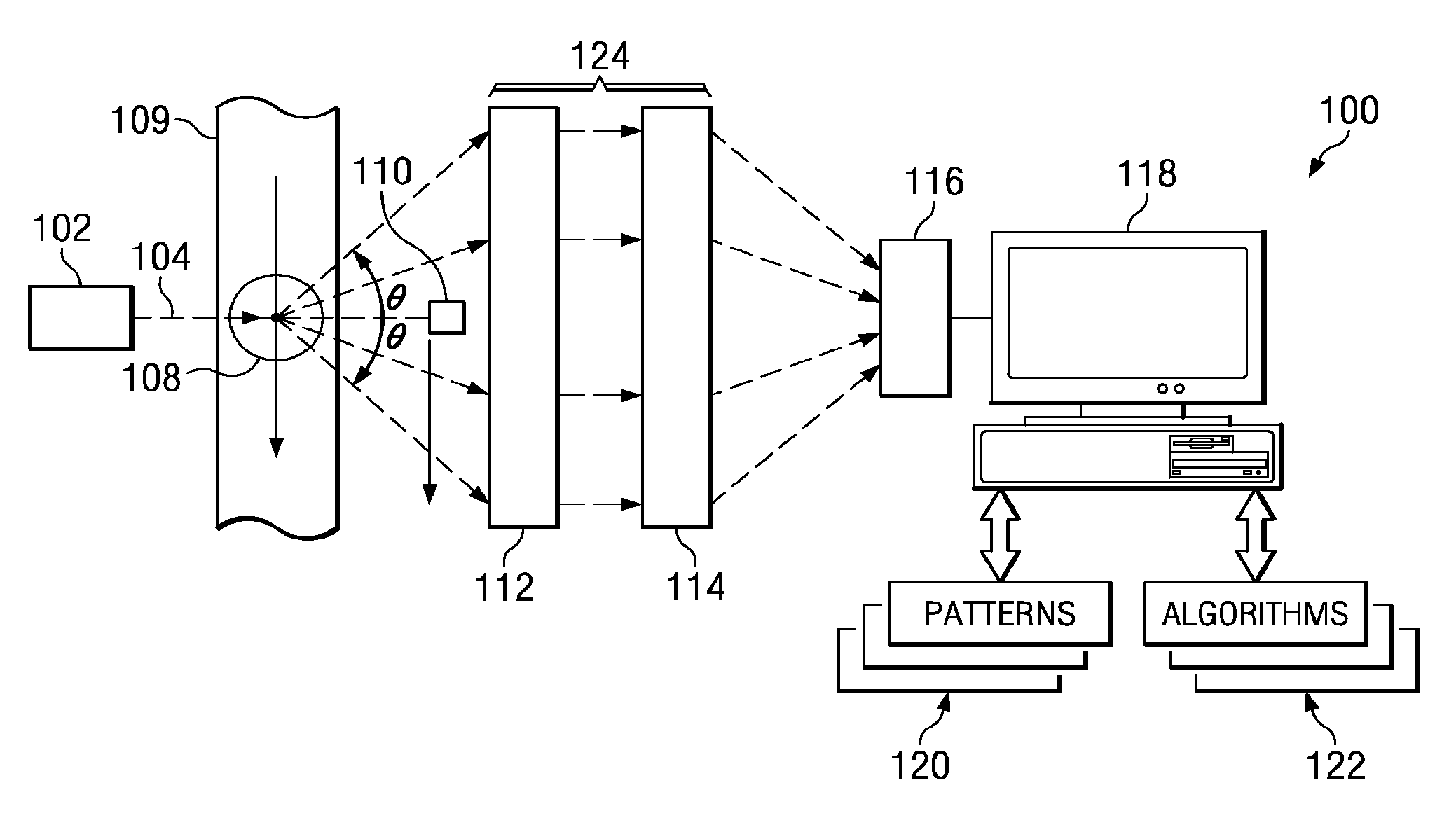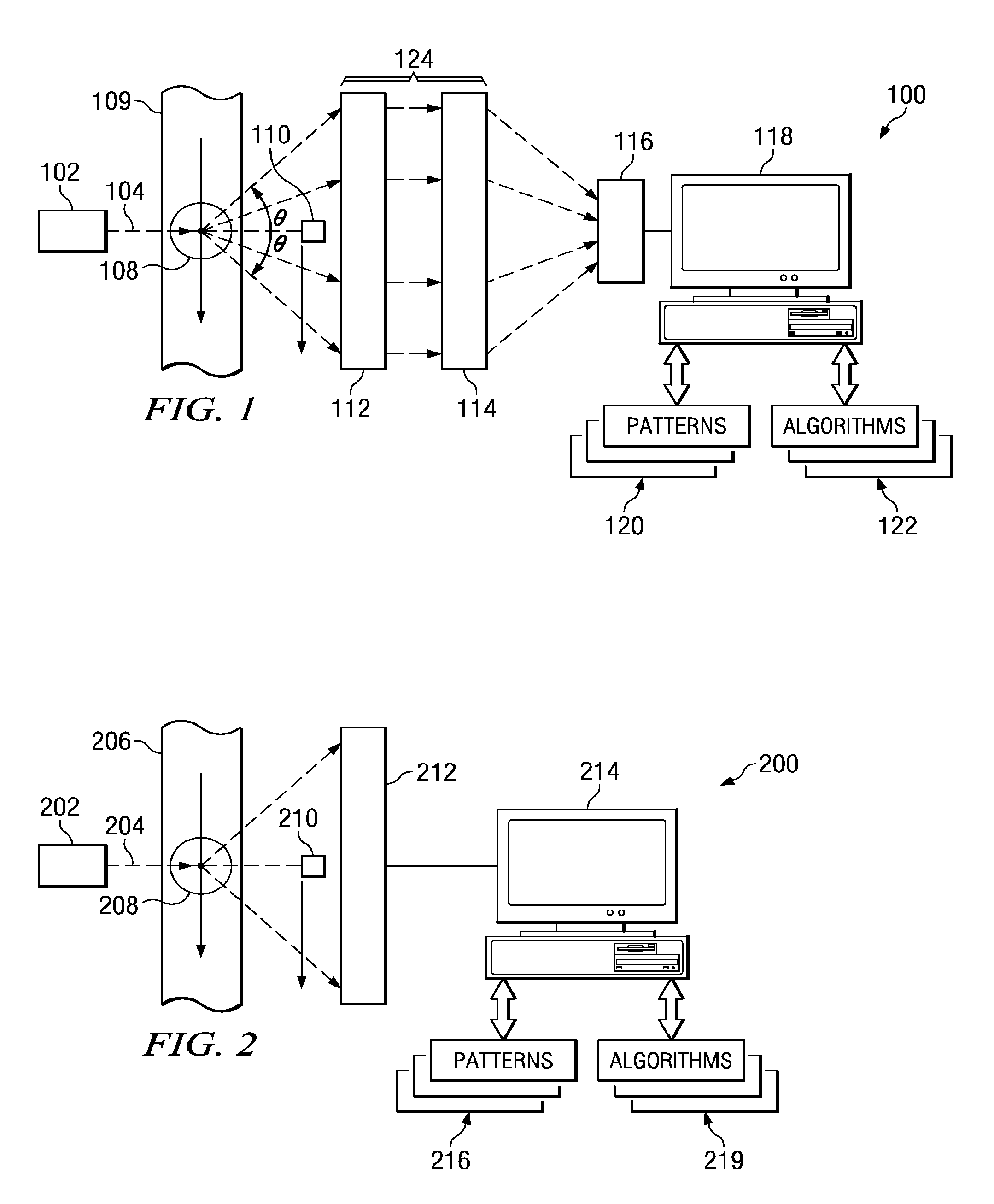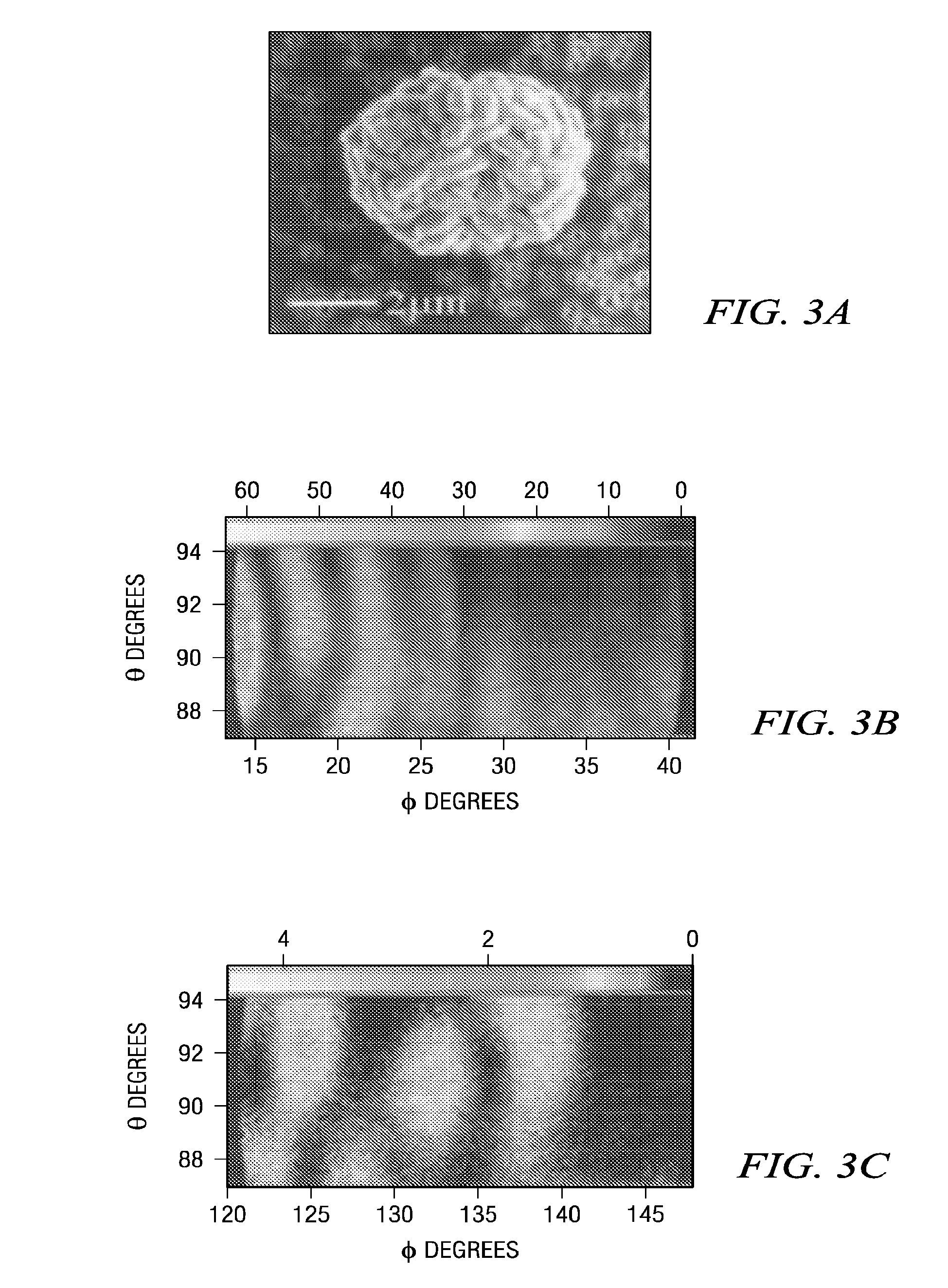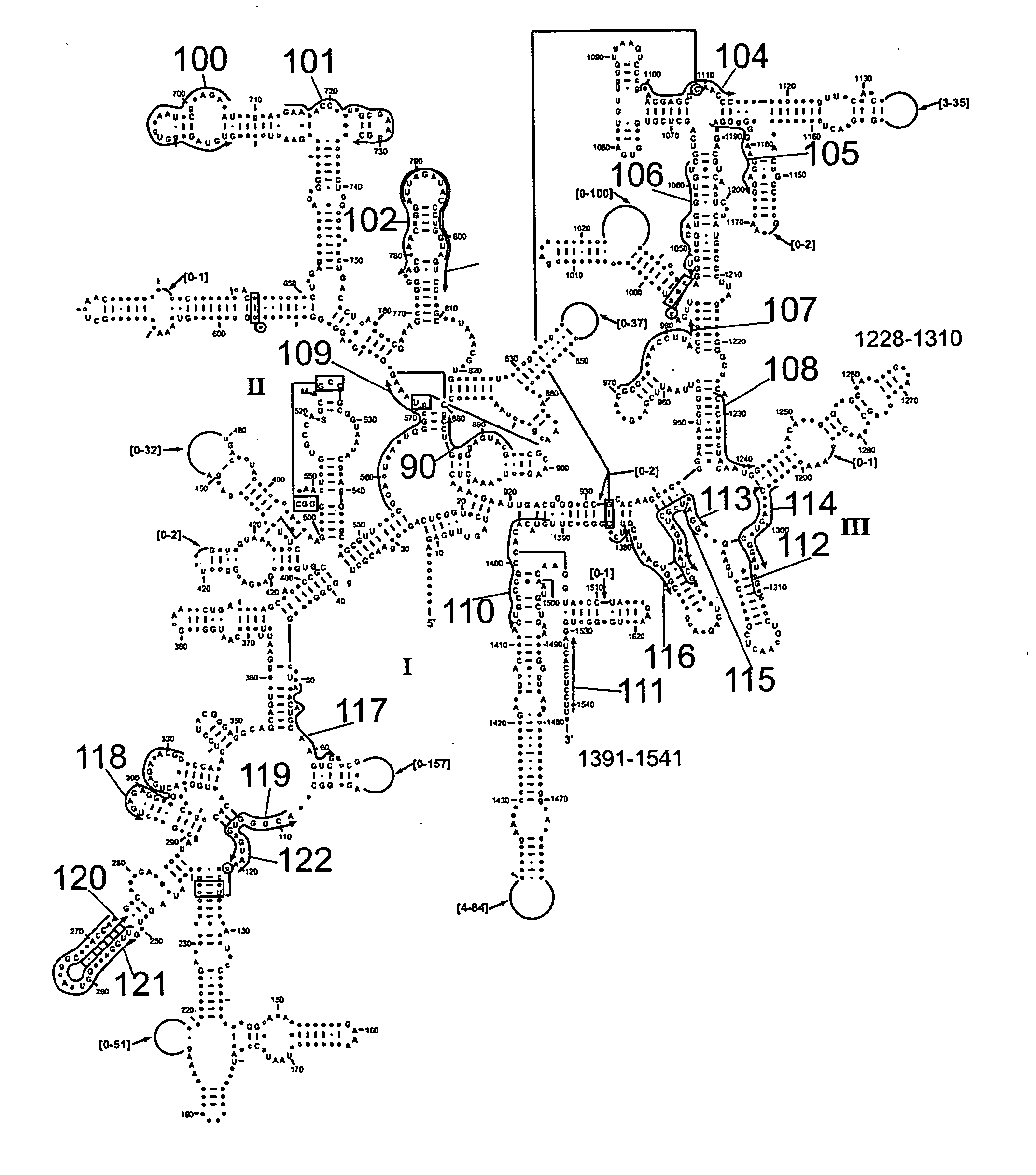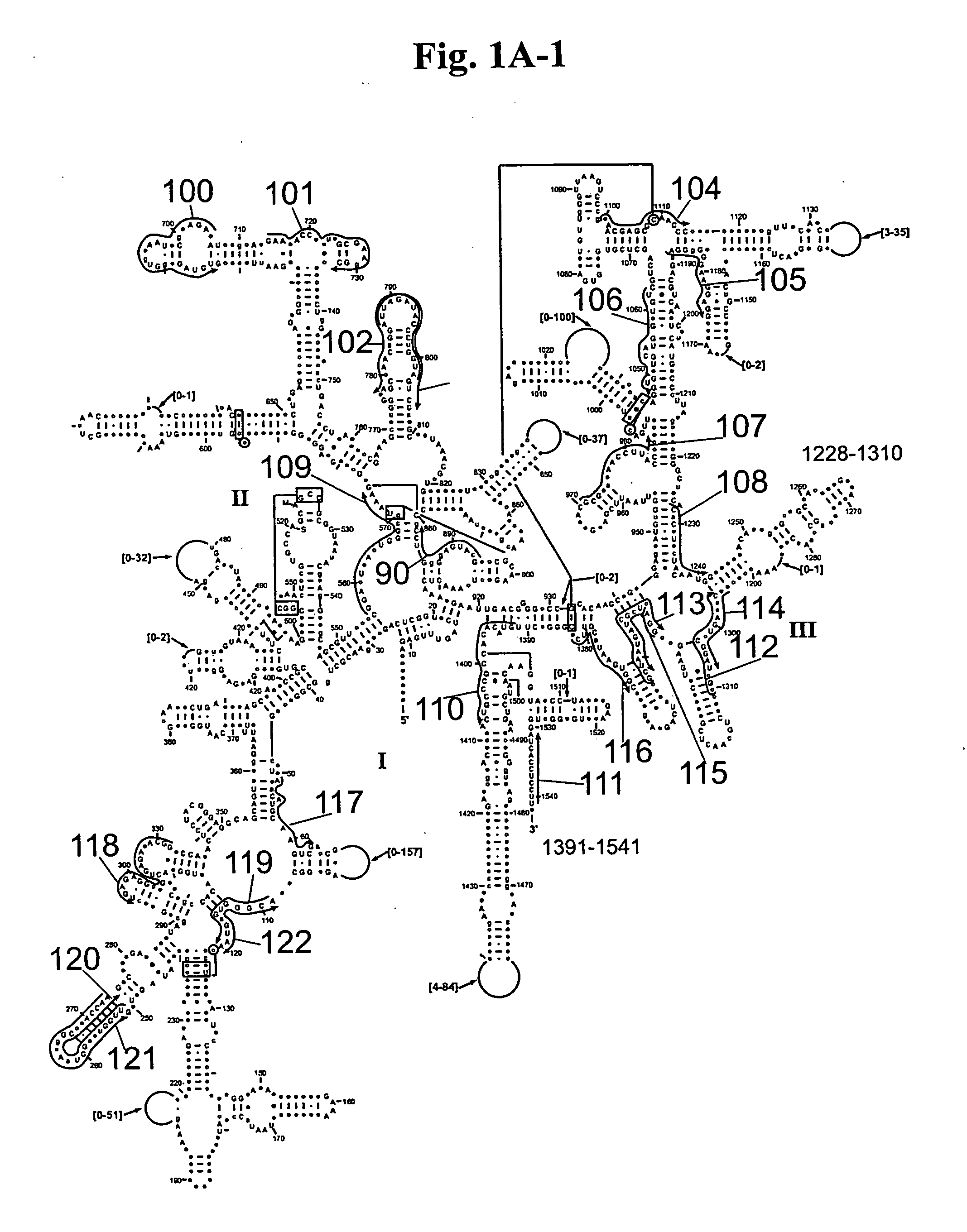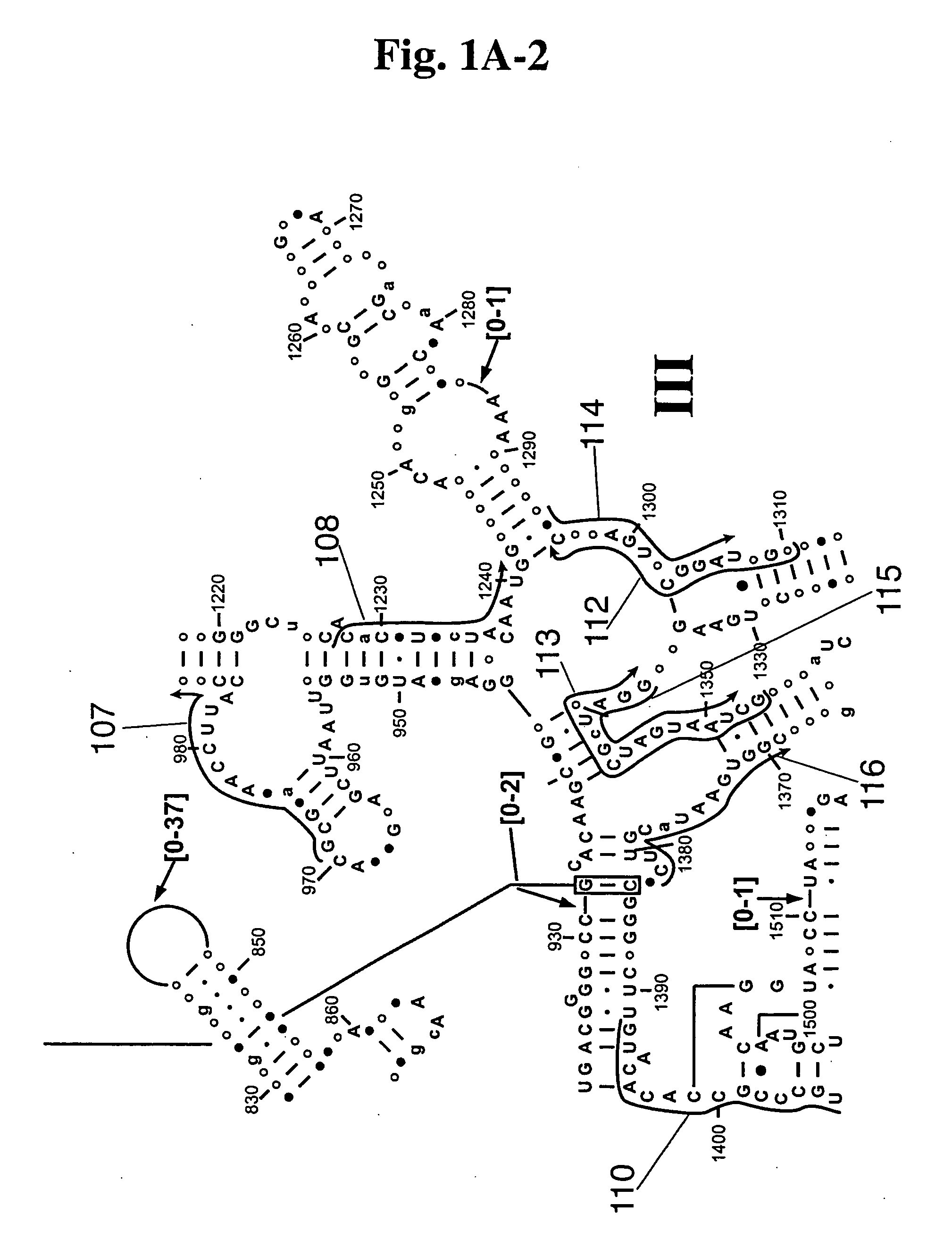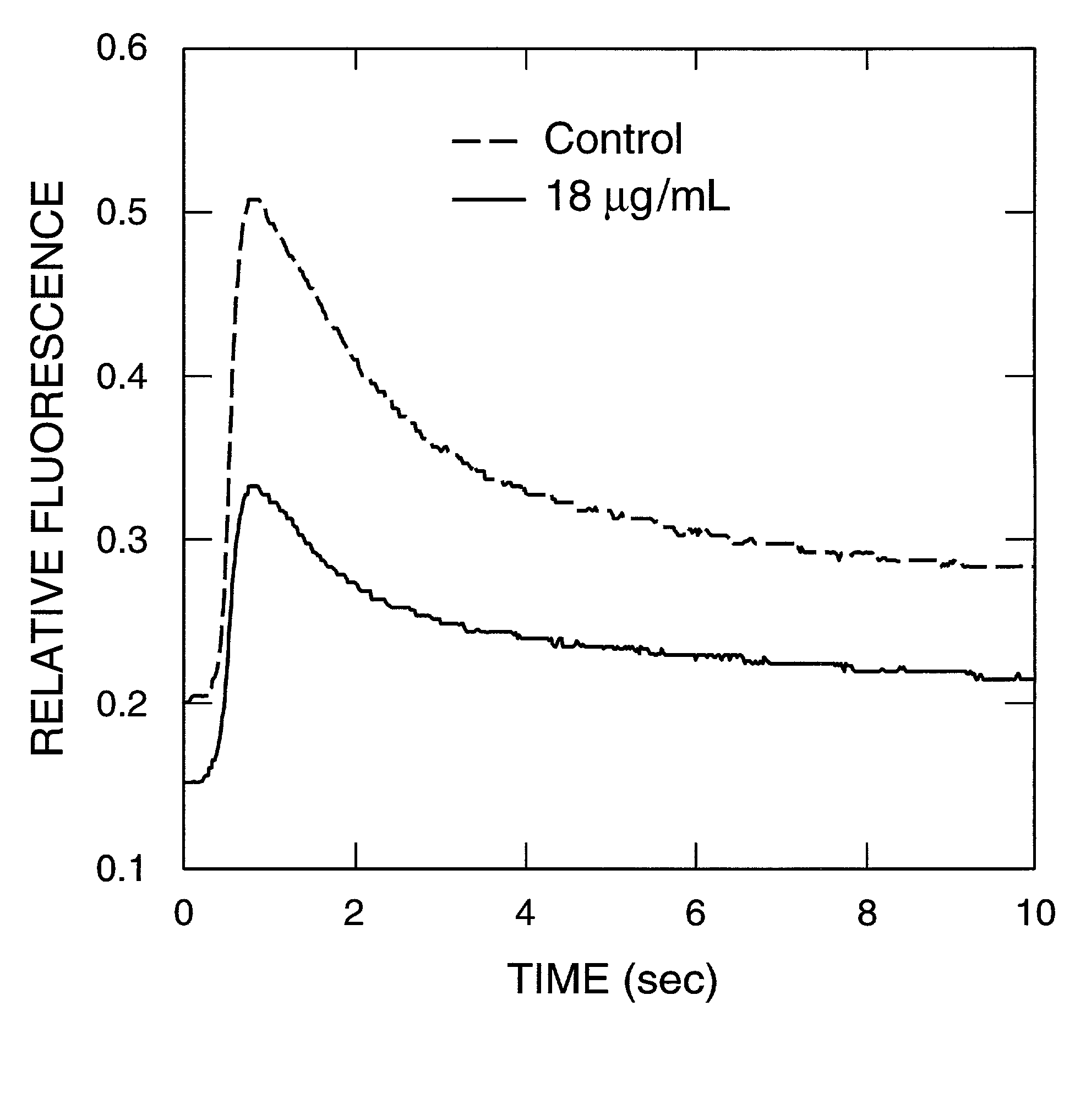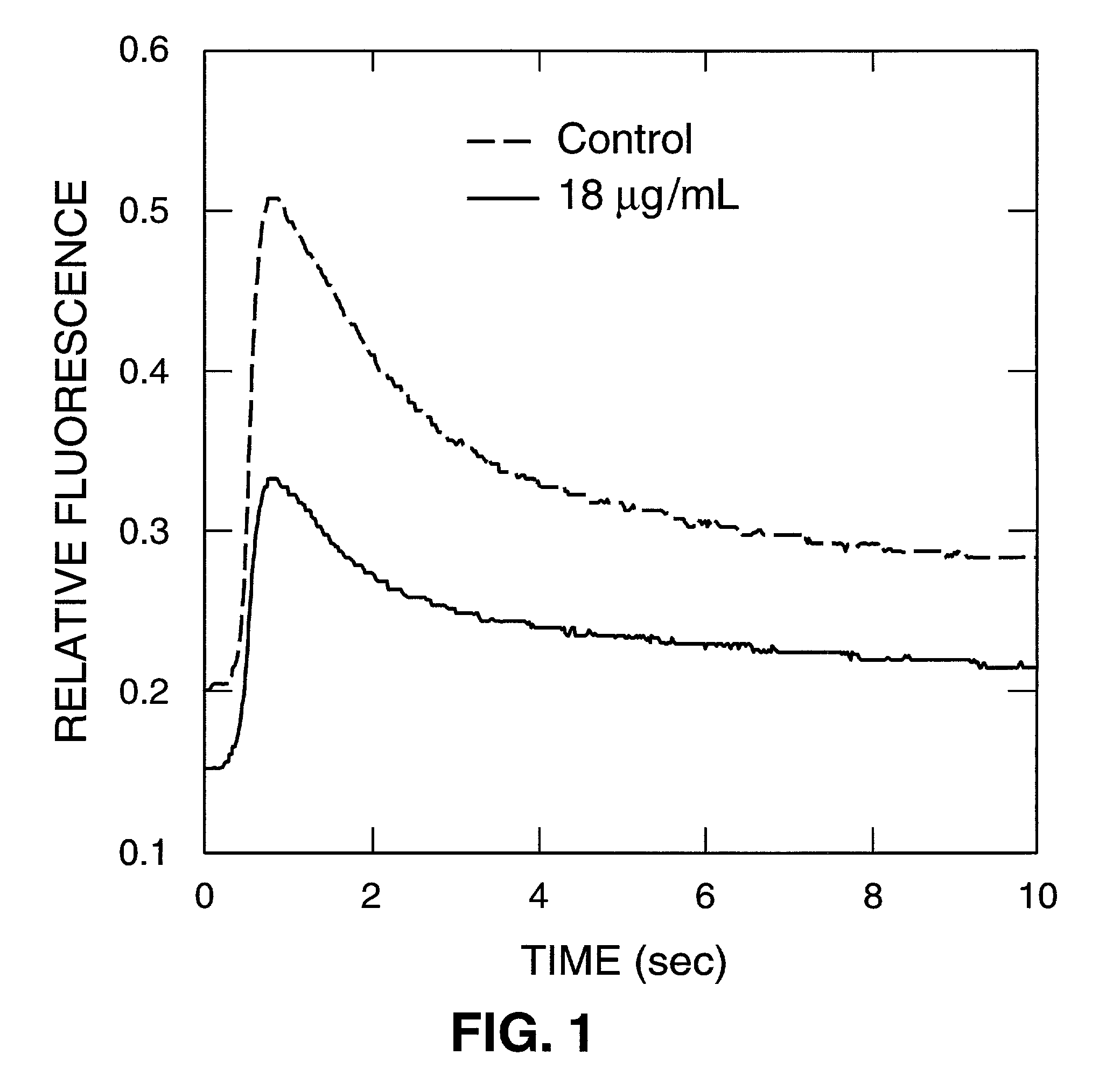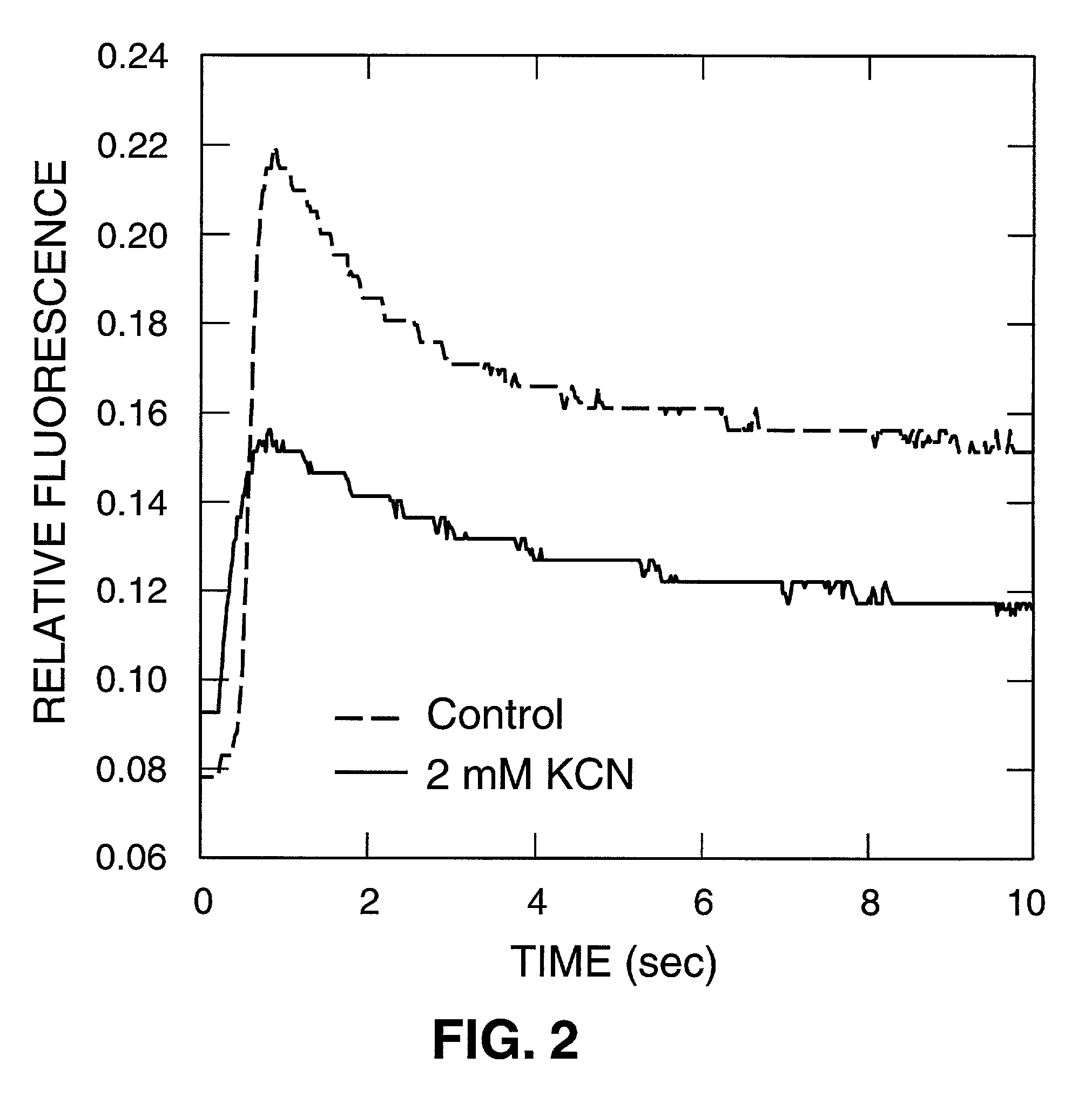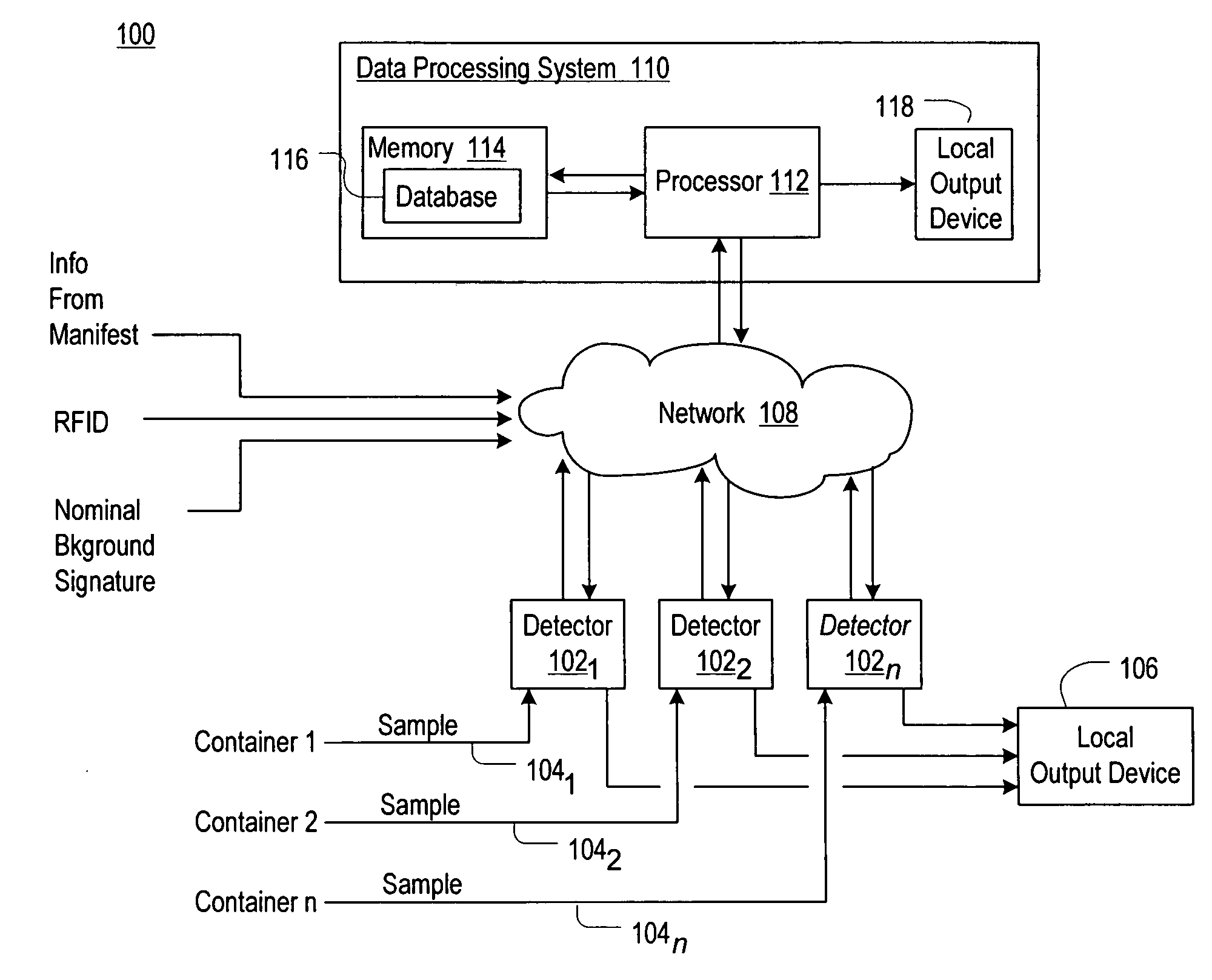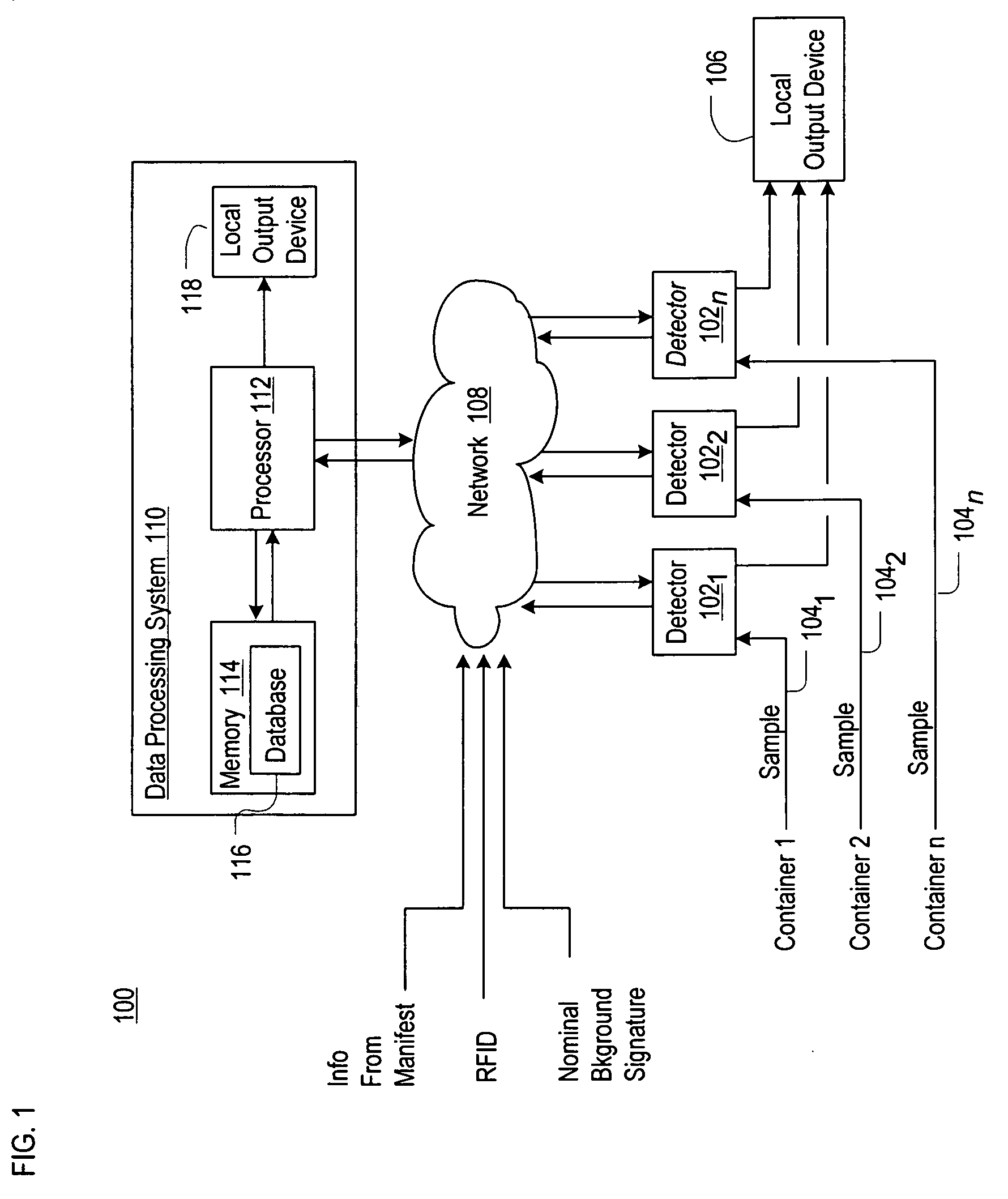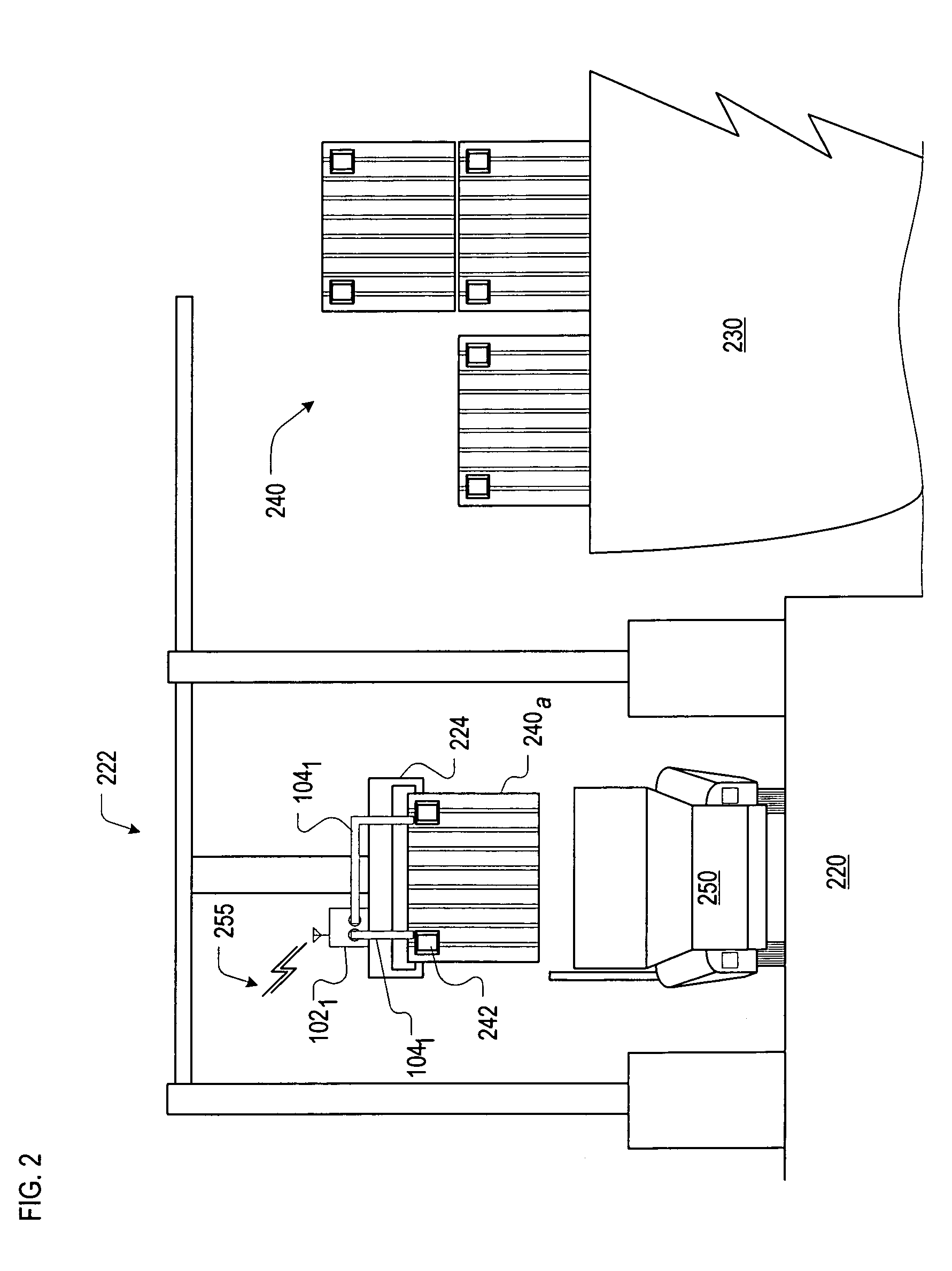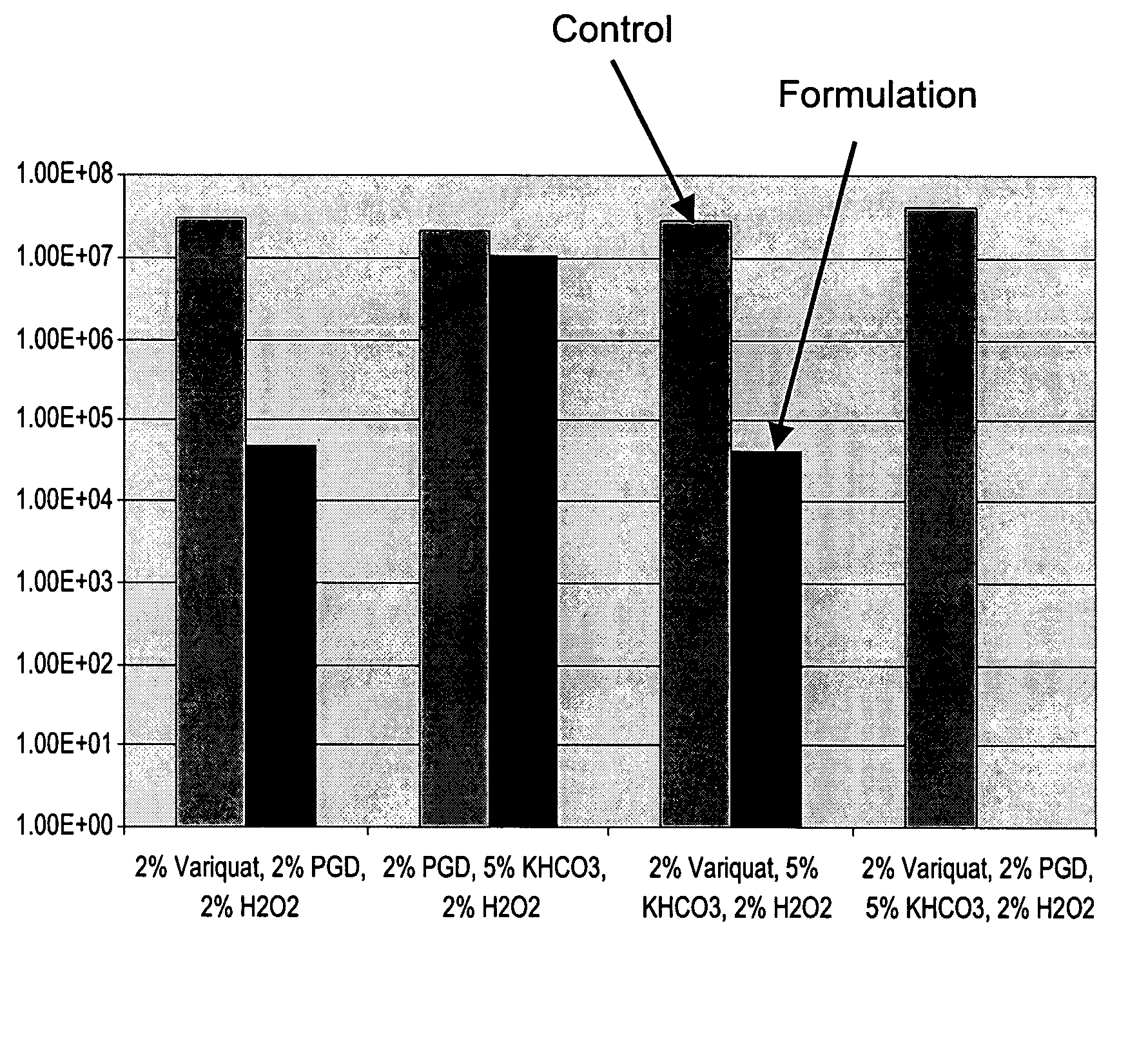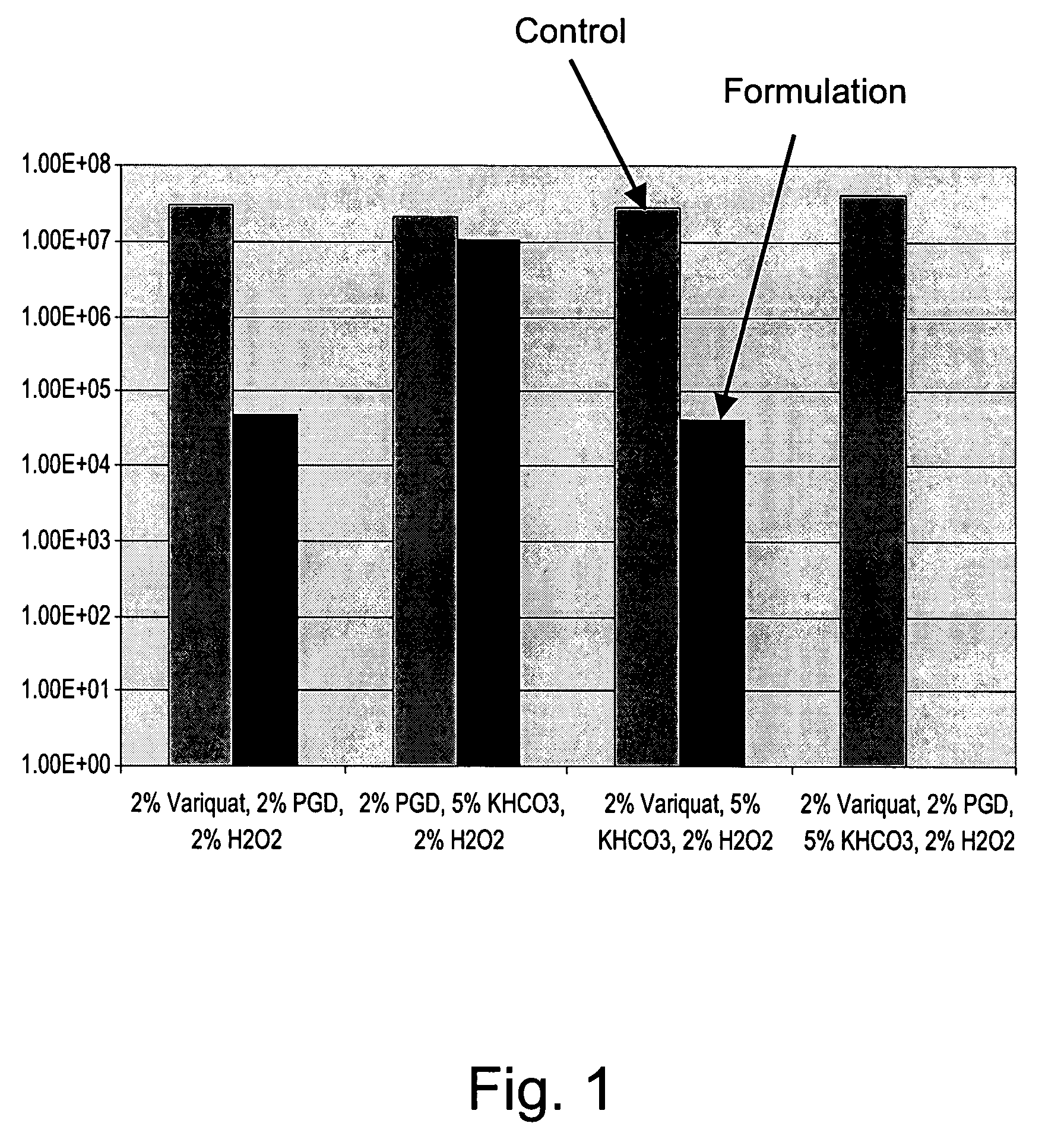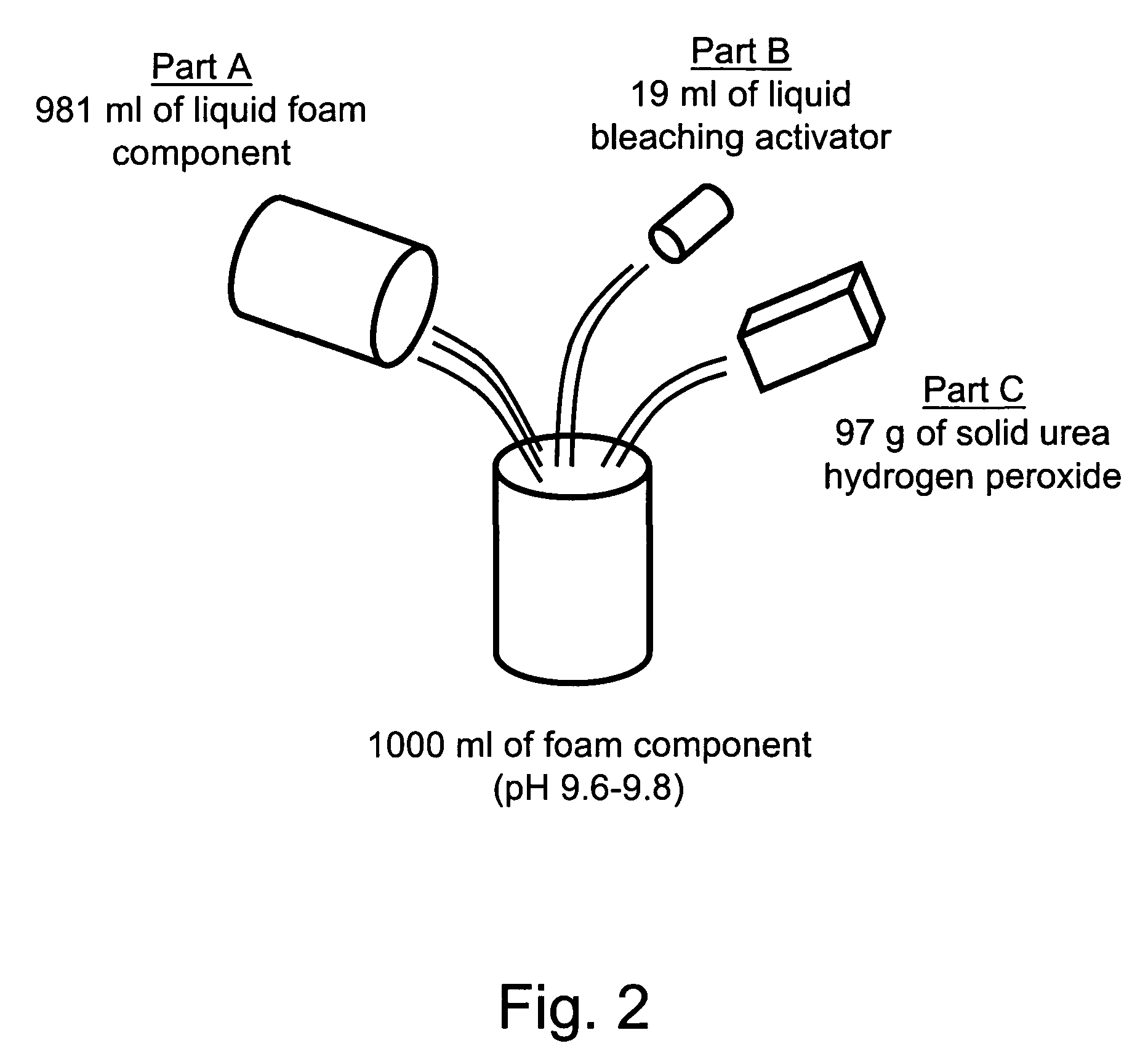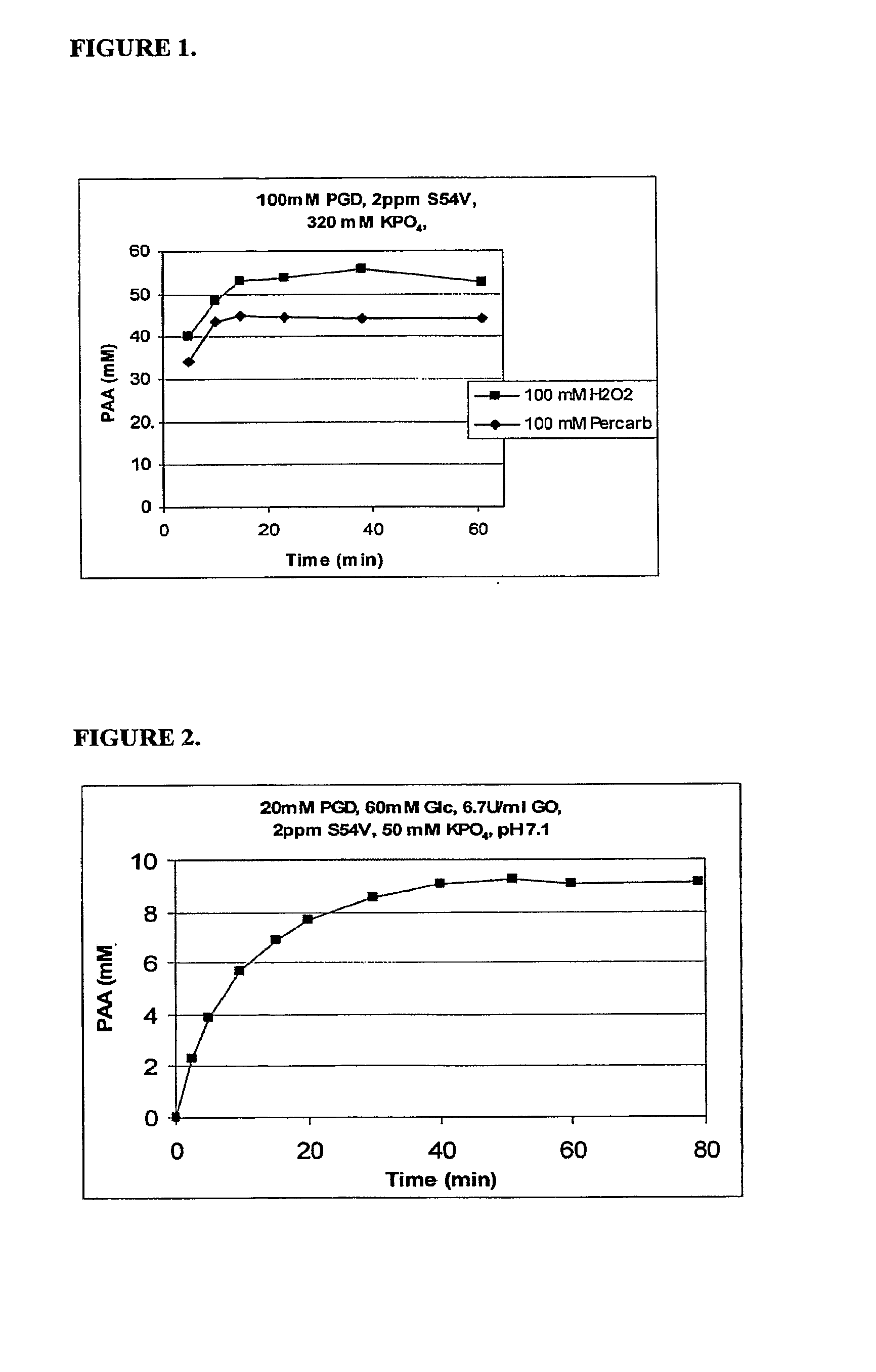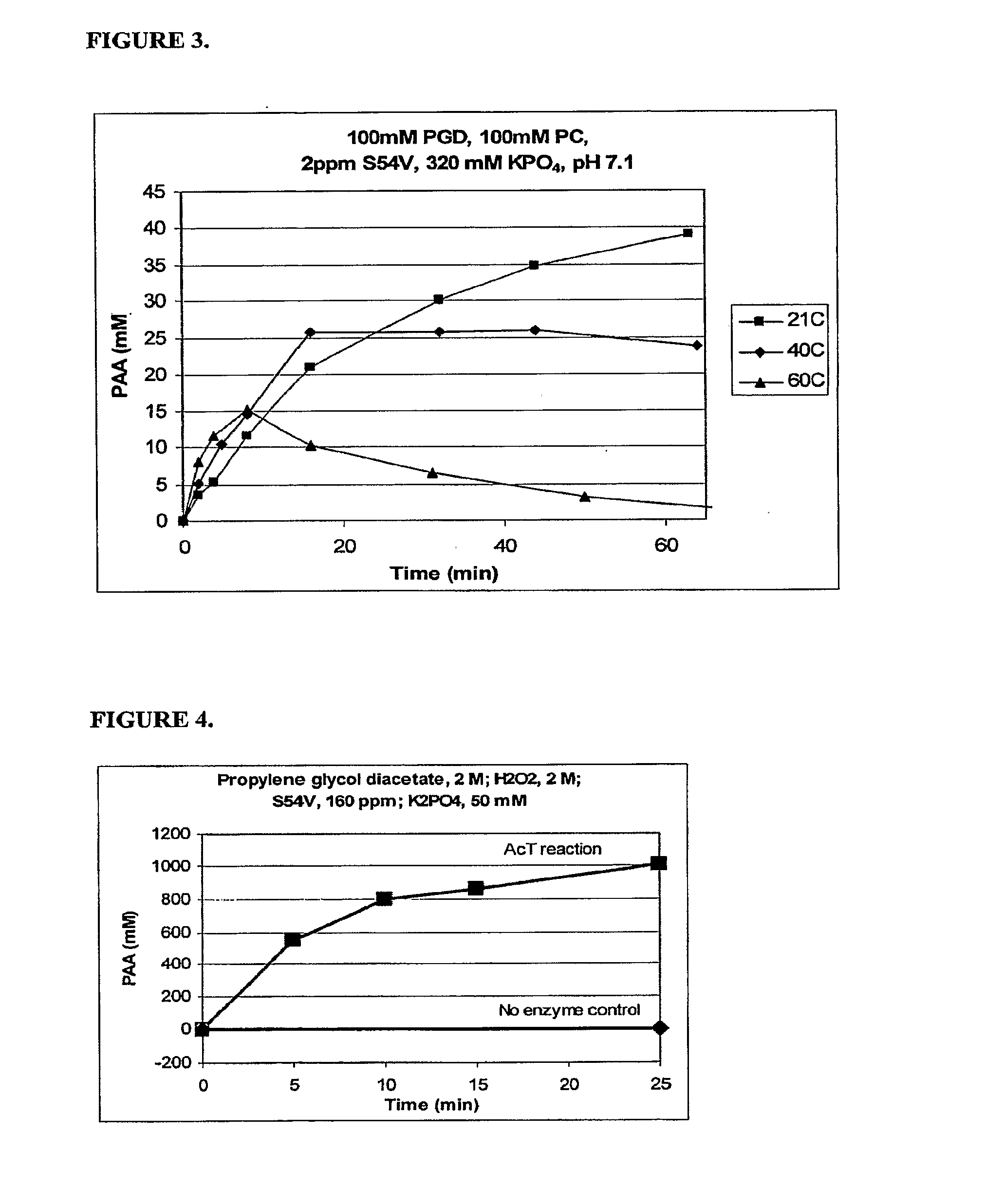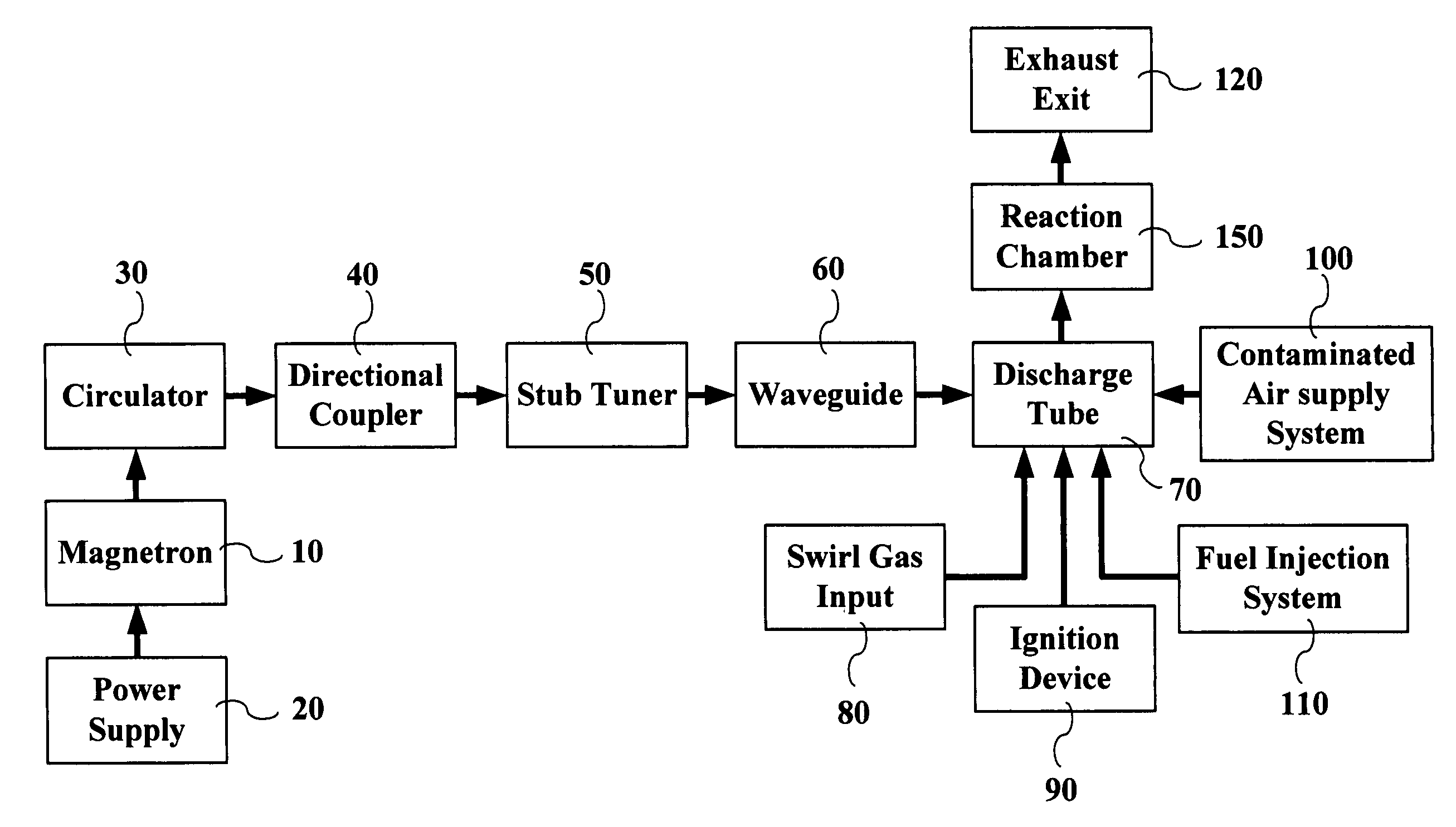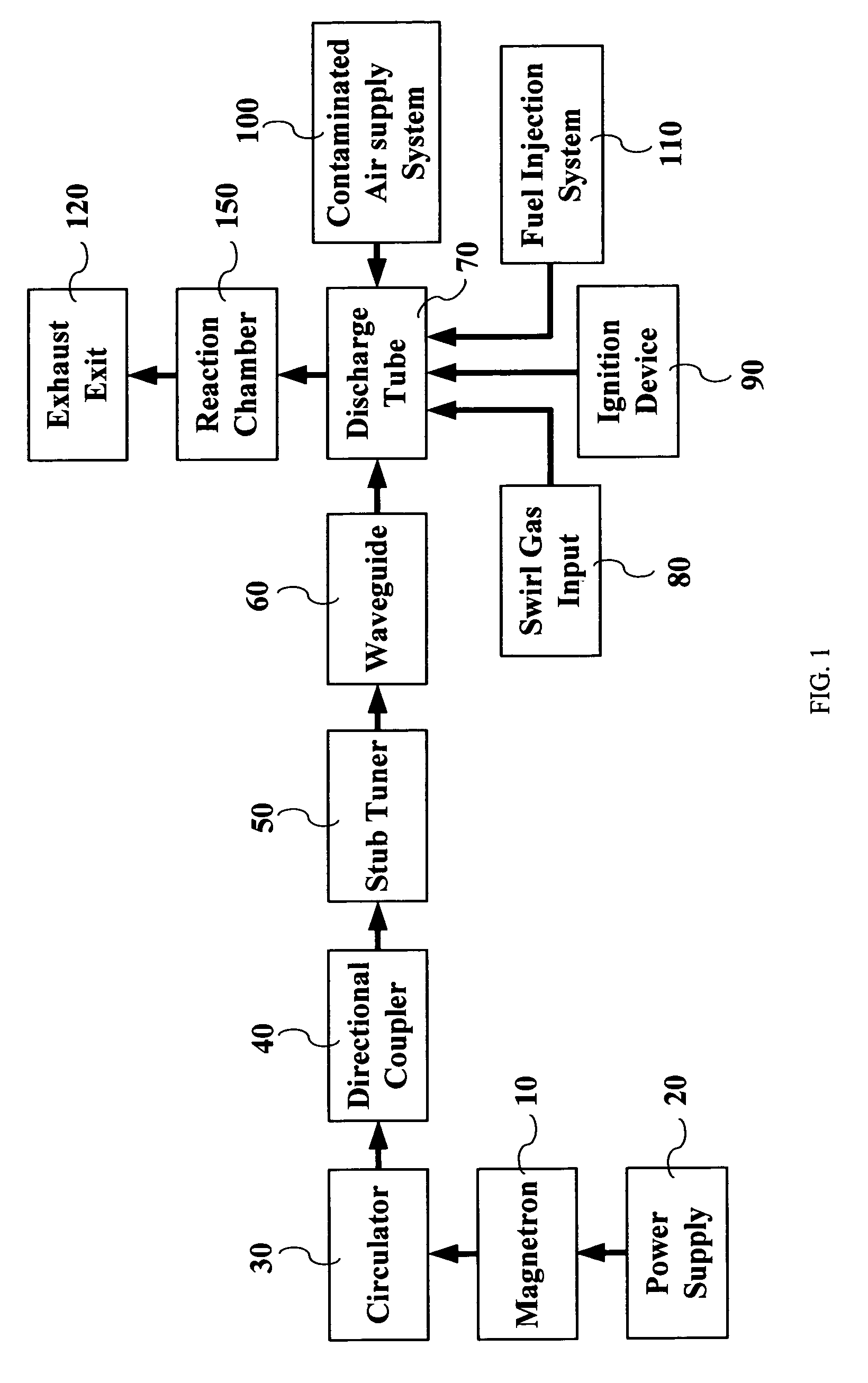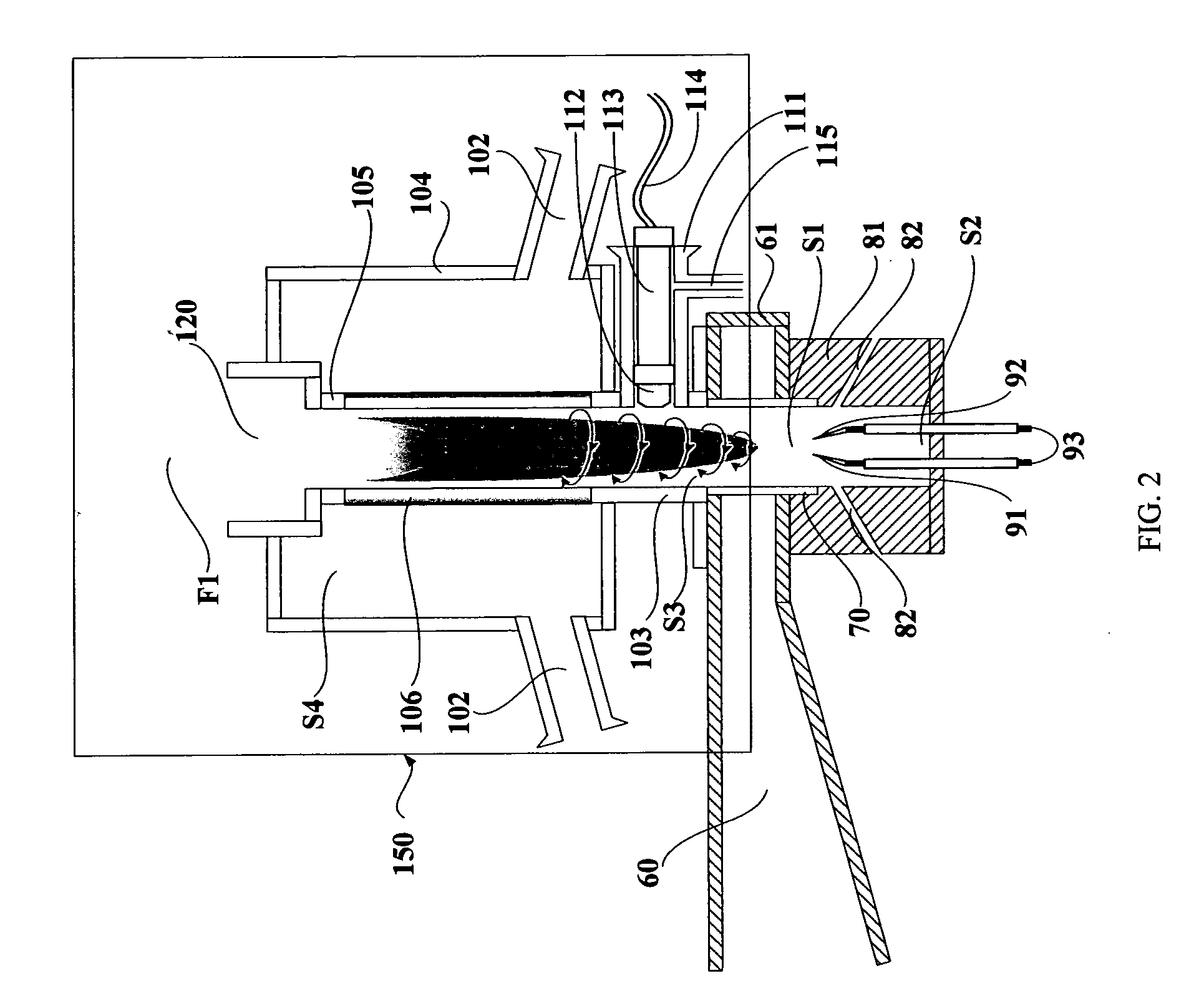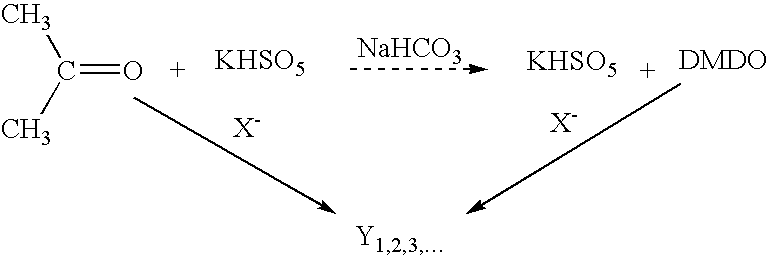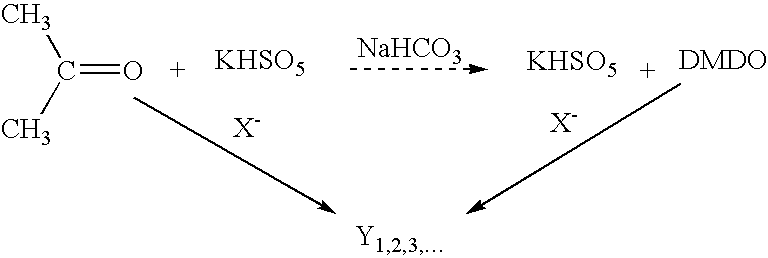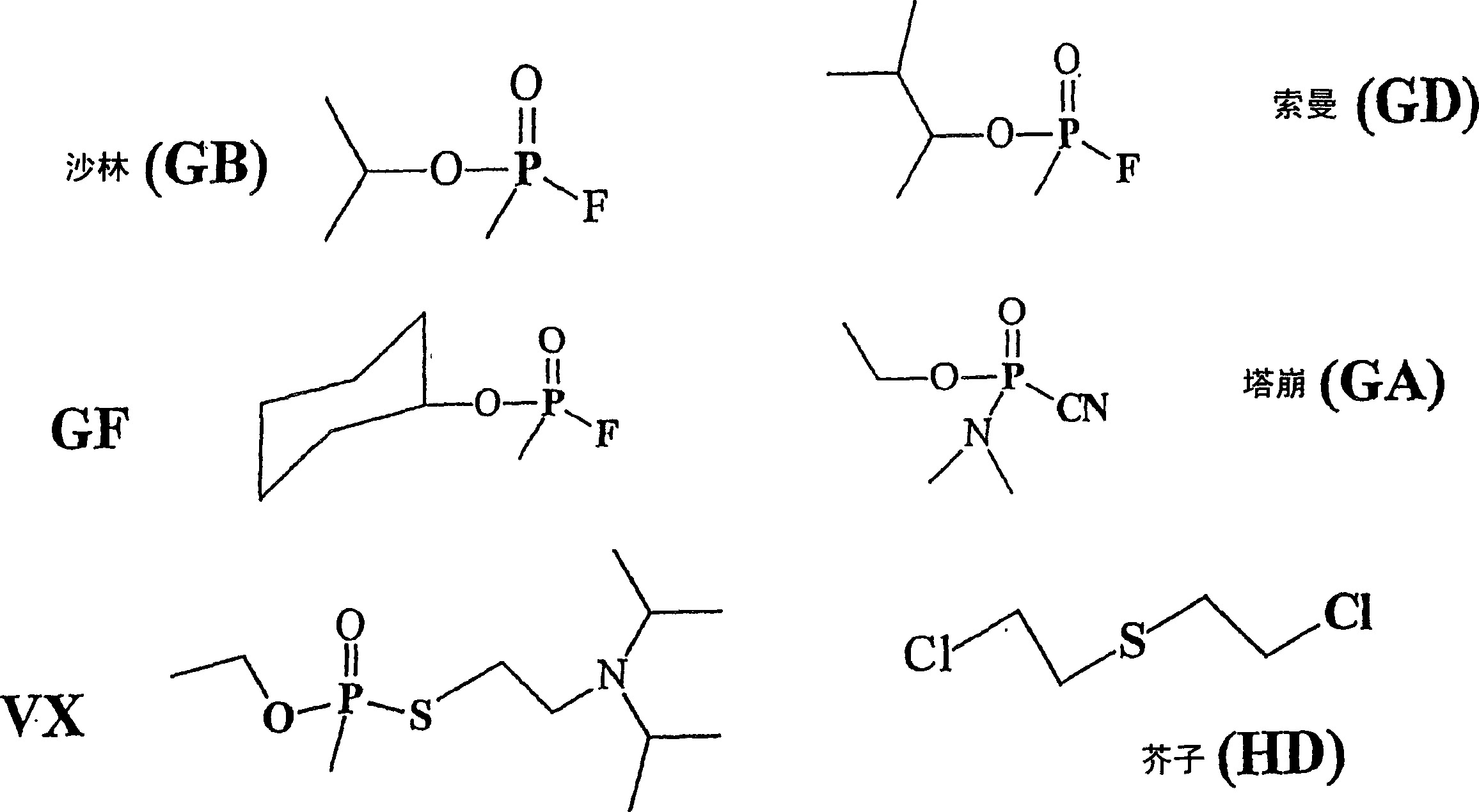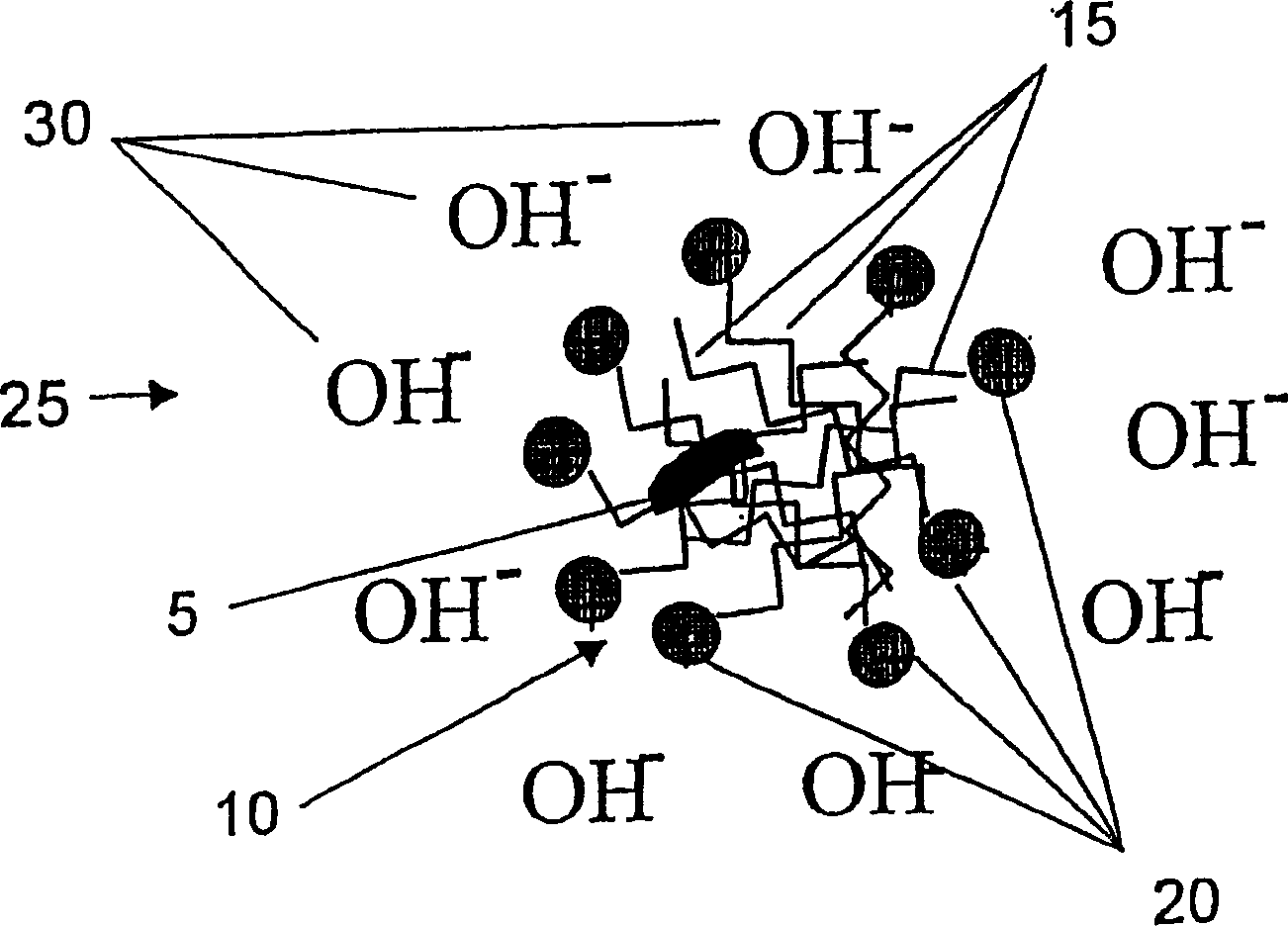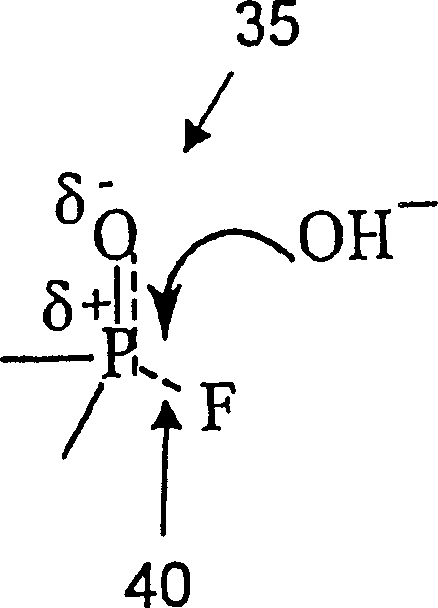Patents
Literature
84 results about "Biological warfare" patented technology
Efficacy Topic
Property
Owner
Technical Advancement
Application Domain
Technology Topic
Technology Field Word
Patent Country/Region
Patent Type
Patent Status
Application Year
Inventor
Biological warfare (BW)—also known as germ warfare—is the use of biological toxins or infectious agents such as bacteria, viruses, and fungi with the intent to kill or incapacitate humans, animals or plants as an act of war. Biological weapons (often termed "bio-weapons", "biological threat agents", or "bio-agents") are living organisms or replicating entities (viruses, which are not universally considered "alive") that reproduce or replicate within their host victims. Entomological (insect) warfare is also considered a type of biological weapon. This type of warfare is distinct from nuclear warfare and chemical warfare, which together with biological warfare make up NBC, the military initialism for nuclear, biological, and chemical warfare using weapons of mass destruction (WMDs). None of these are considered conventional weapons, which are deployed primarily for their explosive, kinetic, or incendiary potential.
Methods for providing bacterial bioagent characterizing information
InactiveUS7217510B2Easy to analyzeMicrobiological testing/measurementEpidemiological alert systemsMedicineInformatics
The present invention relates generally to the field of investigational bioinformatics and more particularly to secondary structure defining databases. The present invention further relates to methods for interrogating a database as a source of molecular masses of known bioagents for comparing against the molecular mass of an unknown or selected bioagent to determine either the identity of the selected bioagent, and / or to determine the origin of the selected bioagent. The identification of the bioagent is important for determining a proper course of treatment and / or irradication of the bioagent in such cases as biological warfare. Furthermore, the determination of the geographic origin of a selected bioagent will facilitate the identification of potential criminal identity.
Owner:IBIS BIOSCI
Multi-color hetereodyne interferometric apparatus and method for sizing nanoparticles
A nanoparticle sensor is capable of detecting and recognizing single nanoparticles in an aqueous environment. Such sensor may find applications in broad areas of science and technology, from the analysis of diesel engine emissions to the detection of biological warfare agents. Particle detection is based on interferometric detection of multi-color light, scattered by the particle. On the fundamental level, the detected signal has a weaker dependence on particle size (ÿ R3), compared to standard detection methods (ÿ R6). This leads to a significantly larger signal-to-noise ratio for smaller particles. By using a multi-color or white excitation light, particle dielectric properties are probed at different frequencies. This scheme samples the frequency dependence of the particle's polarizability thereby making it possible to predict the composition of the particle material. The detection scheme also employs a heterodyne or pseudoheterodyne detection configuration, which allows it to reduce or eliminate noise contribution from phase variations, which appear in any interferometric measurements.
Owner:UNIVERSITY OF ROCHESTER
Cerebrospinal Fluid Purification System
The present invention provides methods and systems for conditioning cerebrospinal fluid (CSF). The methods provide for efficiently removing target compounds from CSF. The systems provide for a multilumen flow path and exchange of a majority volume portion of CSF in the CSF space. The removal and / or delivery of specific compounds can be tailored to the pathology of the specific disease. The removal is targeted and specific, for example, through the use of specific size-exclusion thresholds, antibodies against specific toxins, and other chromatographic techniques, as well as delivery and / or removal of targeted therapeutic agents. The invention finds use as a diagnostic, therapeutic and drug delivery platform for a variety of diseases affecting the CNS by accessing the CSF space. Exemplified disease conditions treatable by the present CSF processing systems and methods include, but are not limited to: Cerebral Vasospasm, Guillain Bane Syndrome, illustrating multi-lumen lumbar approach Alzheimer's, Parkinson's, Huntington's, Multiple Sclerosis, Amyotrophic Lateral Sclerosis, Spinal Cord Injury, Traumatic Brain Injury, Stroke, Cancer affecting the brain or spinal cord, Prion disease, Encephalitis from various causes, Meningitis from various causes, diseases secondary to enzymatic or metabolic imbalances, Biological Warfare, etc. For the first time, the present invention offers patients a disease-modifying, disruptive technology treatment platform that addresses the known disease pathogenesis of a number of neurologic conditions to which there are presently limited and ineffective treatment options.
Owner:NEUROFLUIDICS
Detection of chemicals with infrared light
ActiveUS20100044570A1Safely pointedEfficiently vaporize and probeRadiation pyrometryAnalysis by thermal excitationAnalyteExplosive material
The present invention is generally directed to a method for non-contact or stand off chemical detection that may be eye-safe by selectively exciting one ore more analytes of interest using an IR source tuned to at least one specific absorption band without significantly decomposing the analyte and determining if the analyte is present by comparing emitted photons with an IR detector signal made before and during or shortly after exciting the analyte. Another embodiment of the present invention provides a method for non-contact or stand off chemical detection that may be eye-safe by selectively exciting one or more analytes of interest using an IR source tuned to at least one specific absorption band without significantly decomposing the analyte, wherein the analyte is excited sufficiently to generate a vapor plume, and wherein the plume is examined to detect the presence of the analyte. The analyte of interest may be an explosive, an additive to an explosive, a drug, a chemical warfare agent, a biochemical, or a biological warfare agent. Additionally, the present invention provides for a system for non-contact or stand off chemical detection that may be eye-safe.
Owner:THE UNITED STATES OF AMERICA AS REPRESENTED BY THE SECRETARY OF THE NAVY
Dielectrophoretic separation and immunoassay methods on active electronic matrix devices
InactiveUS6887362B2Reduce the amount requiredDone quickly and efficientlyDielectrophoresisElectrostatic separatorsAssayMedical product
This invention relates to devices and methods for performing active, multi-step molecular and biological sample preparation and diagnostic analyses employing immunochemical techniques. It relates generally to bioparticle separation, bioparticle enrichment, and electric field-mediated immunochemical detection on active electronic matrix devices utilizing AC and DC electric fields. More specifically, the invention relates to devices and methods for sample preparation / manipulation, immunoimmobilization, and immunoassays, all of which can be conducted on one or more active electronic chip devices within a single system. These manipulations are useful in a variety of applications, including, for example, detection of pathogenic bacteria and biological warfare agents, point-of-care diagnostics, food or medical product quality control assays, and other biological assays.
Owner:GAMIDA FOR LIFE +1
Chemically-functionalized microcantilevers for detection of chemical, biological and explosive material
InactiveUS20060191320A1Simple and reliable and inexpensive detectorAnalysing fluids using sonic/ultrasonic/infrasonic wavesMaterial nanotechnologyAnalyteCompound (substance)
A chemically functionalized cantilever system has a cantilever coated on one side thereof with a reagent or biological species which binds to an analyte. The system is of particular value when the analyte is a toxic chemical biological warfare agent or an explosive.
Owner:UT BATTELLE LLC +1
Systems and methods for detecting radiation, biotoxin, chemical, and biological warfare agents using a multiple angle light scattering (MALS) instrument
InactiveUS20070195324A1Scattering properties measurementsParticle size analysisCompound (substance)Particle physics
A particle detection system to identify and classify particles is programmed to capture digitized images of the particle generated by directing a light source through a fluid that includes the particle. The particle scatters the light and the scattered light is detected using a detector. The detector creates a digital signal corresponding to the particle, which is used by the system to generate a Bio-Optical Signature. This Bio-Optical Signature can then be used to classify the event, or particle. A count rate of the classified particles is monitored to detect a change that is representative of a toxin attack.
Owner:JMAR LLC A DELAWARE LLC
Tissue-based water quality biosensors for detecting chemical warfare agents
InactiveUS6569384B2Pollution detectorsMicrobiological testing/measurementWater qualityPhotosynthetic organism
A water quality sensor for detecting the presence of at least one chemical or biological warfare agent includes: a cell; apparatus for introducing water into the cell and discharging water from the cell adapted for analyzing photosynthetic activity of naturally occurring, free-living, indigenous photosynthetic organisms in water; a fluorometer for measuring photosynthetic activity of naturally occurring, free-living, indigenous photosynthetic organisms drawn into the cell; and an electronics package that analyzes raw data from the fluorometer and emits a signal indicating the presence of at least one chemical or biological warfare agent in the water.
Owner:UT BATTELLE LLC
Langmuir-blodgett nanostructure monolayers
InactiveUS20090169807A1Easy to useLarge field enhancementLiquid surface applicatorsNanostructure manufactureNanoparticleEngineering
Methods for assembly of monolayers of nanoparticles using the Langmuir-Blodgett technique, as well as monolayers, assemblies, and devices are described. The surface properties of these monolayers are highly reproducible and well-defined as compared to other systems. These monolayers can readily be used for molecular detection in either an air-borne or a solution environment, and sensors using the monolayer could have significant implications in chemical and biological warfare detection, national and global security, as well as in medical detection applications.
Owner:RGT UNIV OF CALIFORNIA
Chemical and biological warfare decontaminating solution using peracids and germinants in microemulsions, process and product thereof
InactiveUS20050059566A1Other chemical processesSurface-active detergent compositionsMicroemulsionOrganic chemistry
A microemulsion composition having a solid source of peroxycarboxylic acid and germinant is used for chemical and biological warfare decontamination. A process for decontaminating uses the microemulsion composition.
Owner:THE UNITED STATES OF AMERICA AS REPRESENTED BY THE SECRETARY OF THE NAVY
Low odor, hard surface sporicides and chemical decontaminants
ActiveUS20100196505A1Safer and easy to handleSafer and easy to and transportInorganic/elemental detergent compounding agentsBiocideClostridium difficile (bacteria)Clostridium sporogenes
A low odor, liquid disinfectant composition comprising multiple components, which, upon mixing, provide an aqueous solution comprising low levels of peracetic acid for use in decontaminating articles and surfaces contaminated with bacteria, viruses, fungi and other chemical and biological contaminants including, but not limited to, spores, such as Clostridium difficile (C. diff), Clostridium sporogenes, and anthrax, mouse parvo virus, and mustard, nerve and other chemical and biological warfare agents. The disinfectant composition is prepared just prior to use by combining two or more separately packaged components, one component which is an acetyl donor comprising TAED or DAMA, and the other component which is a hydrogen peroxide solution.
Owner:AMERICAN STERILIZER CO
Water purification system and modes of operation
InactiveUS7537702B2Dispersed particle filtrationGeneral water supply conservationRadioactive agentPotable water
A water purification system comprising a thermal hydrolysis catalytic reactor, an adsorbent media bed and a reverse osmosis unit is provided. The water purification system may provide potable water from non-potable water, such as non-potable water contaminated with chemical warfare agents, biological warfare agents, radioactive agents and / or Toxic Industrial Chemicals (TICs). Methods for providing potable water using the water purification system of the present invention are also provided.
Owner:HONEYWELL INT INC
Water purification system and modes of operation
InactiveUS20060226081A1Dispersed particle filtrationGeneral water supply conservationRadioactive agentPotable water
A water purification system comprising a thermal hydrolysis catalytic reactor, an adsorbent media bed and a reverse osmosis unit is provided. The water purification system may provide potable water from non-potable water, such as non-potable water contaminated with chemical warfare agents, biological warfare agents, radioactive agents and / or Toxic Industrial Chemicals (TICs). Methods for providing potable water using the water purification system of the present invention are also provided.
Owner:HONEYWELL INT INC
Chemically-functionalized microcantilevers for detection of chemical, biological and explosive material
InactiveUS7207206B2Material nanotechnologyAnalysing fluids using sonic/ultrasonic/infrasonic wavesAnalyteCompound (substance)
A chemically functionalized cantilever system has a cantilever coated on one side thereof with a reagent or biological species which binds to an analyte. The system is of particular value when the analyte is a toxic chemical biological warfare agent or an explosive.
Owner:UT BATTELLE LLC +1
System for indentification of pathogens
InactiveUS8073627B2Easy to analyzeSugar derivativesMicrobiological testing/measurementRegimenInformatics
The present invention relates generally to the field of investigational bioinformatics and more particularly to secondary structure defining databases. The present invention further relates to methods for interrogating a database as a source of molecular masses of known bioagents for comparing against the molecular mass of an unknown or selected bioagent to determine either the identity of the selected bioagent, and / or to determine the origin of the selected bioagent. The identification of the bioagent is important for determining a proper course of treatment and / or irradication of the bioagent in such cases as biological warfare. Furthermore, the determination of the geographic origin of a selected bioagent will facilitate the identification of potential criminal identity.
Owner:IBIS BIOSCI
Micropyrolyzer for chemical analysis of liquid and solid samples
InactiveUS7078237B1Chemical analysis using combustionParticle separator tubesSemiconductor materialsField analysis
A micropyrolyzer has applications to pyrolysis, heated chemistry, and thermal desorption from liquid or solid samples. The micropyrolyzer can be fabricated from semiconductor materials and metals using standard integrated circuit technologies. The micropyrolyzer enables very small volume samples of less than 3 microliters and high sample heating rates of greater than 20° C. per millisecond. A portable analyzer for the field analysis of liquid and solid samples can be realized when the micropyrolyzer is combined with a chemical preconcentrator, chemical separator, and chemical detector. Such a portable analyzer can be used in a variety of government and industrial applications, such as non-proliferation monitoring, chemical and biological warfare detection, industrial process control, water and air quality monitoring, and industrial hygiene.
Owner:NAT TECH & ENG SOLUTIONS OF SANDIA LLC
Prophylactic and therapeutic uses of FGF-20 in radiation protection
InactiveUS20050215473A1Reduce the severity of the diseaseImpede advancementPeptide/protein ingredientsDigestive systemDiseaseMedicine
The present invention relates to methods of stimulating stem cell proliferation and engraftment, and methods of preventing and / or treating disorders associated with radiation exposure, chemotherapy, exposed to chemical / biological warfare agents, and / or any other insults affecting rapidly proliferating tissues in a body, or one or more symptoms thereof. In particular, the present invention provides methods of stimulating stem cell proliferation and / or engraftment and methods of preventing and / or treating disorders associated with one or more insults affecting rapidly proliferating tissues in a body (e.g., radiation exposure, chemical and / or biological insults) or one or more symptoms thereof by administering to a subject a composition comprising a Fibroblast Growth Factor-20 (FGF-20) protein, or its fragments, derivatives, variants, homologs, analogs, or a combination thereof.
Owner:CURAGEN CORP
Multifunctional material integrating bactericidal and hemostatic properties and chemical and biological warfare agent protective properties and preparation method of multifunctional material
InactiveCN106267300AExcellent decontamination efficiencyImprove stabilityAbsorbent padsBandagesFiberSodium chloroacetate
The invention relates to a nano-silver @MOF-5@ natural biological fiber multifunctional composite material integrating good bactericidal and hemostatic properties and chemical and biological warfare agent protective properties and a preparation method of the multifunctional composite material. The preparation method comprises the following steps: (1) impregnating natural biological fibers in a NaOH solution containing sodium chloroacetate, taking out the natural biological fibers and flushing the natural biological fibers by virtue of distilled water; (2) impregnating a material obtained in the step (1) alternately in a DMF solution of zinc acetate and a mixed solution of DMF of terephthalic acid and triethylamine in a circulating mode, and washing the material by virtue of DMF after each impregnating so as to obtain (MOF-5)n@ natural biological fibers through such alternate circulating precipitation; and (3) washing the material by virtue of a DMF solution, impregnating the material in CHCl3, and conducting vacuum drying; then impregnating the material in AgNO3 ethanol and water solution, conducting ultraviolet irradiation, flushing the material by virtue of de-ionized water and conducting vacuum drying. The multifunctional composite material disclosed by the invention is simple and easily controllable in preparation process, easily available in raw materials and low in production cost.
Owner:BEIJING UNIV OF CHEM TECH +1
Secondary Structure Defining Database And Methods For Determining Identity And Geographic Origin Of An Unknown Bioagent Thereby
InactiveUS20110172925A1Easy to analyzeBioreactor/fermenter combinationsBiological substance pretreatmentsInformaticsProtein secondary structure
The present invention relates generally to the field of investigational bioinformatics and more particularly to secondary structure defining databases. The present invention further relates to methods for interrogating a database as a source of molecular masses of known bioagents for comparing against the molecular mass of an unknown or selected bioagent to determine either the identity of the selected bioagent, and / or to determine the origin of the selected bioagent. The identification of the bioagent is important for determining a proper course of treatment and / or irradication of the bioagent in such cases as biological warfare. Furthermore, the determination of the geographic origin of a selected bioagent will facilitate the identification of potential criminal identity.
Owner:IBIS BIOSCI
Method and apparatus for control of chemical or biological warfare agents
ActiveUS7279129B2Increase pressureReduce pressureGas treatmentDispersed particle separationHazardous substanceChemical adsorption
Metal oxide area decontamination apparatus (10) is provided which is designed for rapid, emergency situation decontamination of areas contaminated with potentially harmful or lethal chemical and / or biological warfare agents or other hazardous substances. The apparatus (10) preferably includes a pressurizable metallic container (12) equipped with a valve-type delivery nozzle assembly (16), so that upon a manipulation of the assembly (16), a spray of metal oxide and / or metal hydroxide particles is generated; the particles are selected and sized in order to destroy or chemisorb the contaminating agents. The preferred decontamination agent is MgO aggregated to an average aggregate size of from about 50 nm-10 microns. The particles are mixed with a gaseous or liquid propellant within the container (12) allowing rapid and thorough particle cleanout when the nozzle assembly (16) is actuated.
Owner:TIMILON CORP
Systems and methods for detecting radiation, biotoxin, chemical, and biological warfare agents using a multiple angle light scattering (MALS) instrument
Owner:JMAR LLC A DELAWARE LLC
Secondary structure defining database and methods for determining identity and geographic origin of an unknown bioagent thereby
InactiveUS20110238316A1Easy to analyzeSugar derivativesMicrobiological testing/measurementMedicineInformatics
The present invention relates generally to the field of investigational bioinformatics and more particularly to secondary structure defining databases. The present invention further relates to methods for interrogating a database as a source of molecular masses of known bioagents for comparing against the molecular mass of an unknown or selected bioagent to determine either the identity of the selected bioagent, and / or to determine the origin of the selected bioagent. The identification of the bioagent is important for determining a proper course of treatment and / or irradication of the bioagent in such cases as biological warfare. Furthermore, the determination of the geographic origin of a selected bioagent will facilitate the identification of potential criminal identity.
Owner:IBIS BIOSCI
Tissue-based water quality biosensors for detecting chemical warfare agents
InactiveUS20020102629A1Decrease in photosynthetic capabilityReduce fluorescencePollution detectorsMicrobiological testing/measurementWater qualityPhotosynthetic organism
A method of testing water to detect the presence of at least one chemical or biological warfare agent includes the steps of: a. exposing water to a measuring means for measuring photosynthetic activity of free-living indigenous photosynthetic organisms; b. measuring photosynthetic activity of indigenous photosynthetic organisms occurring naturally in the water to detect the presence of at least one chemical or biological warfare agent in the water.
Owner:UT BATTELLE LLC
System and Method for Inter-modal Container Screening
A system and method for screening inter-modal shipping containers for the presence of weapons-of-mass-destruction, such as chemical-warfare agents, biological-warfare agents, radiological materials, nuclear material, or explosives, is disclosed.
Owner:LOCKHEED MARTIN CORP
Decontamination formulation with sorbent additive
InactiveUS7282470B2Extended shelf lifeEasy to handleBiocideSolid waste disposalMANNITOL/SORBITOLSorbent
A decontamination formulation and method of making that neutralizes the adverse health effects of both chemical and biological compounds, especially chemical warfare (CW) and biological warfare (BW) agents, and toxic industrial chemicals. The formulation provides solubilizing compounds that serve to effectively render the chemical and biological compounds, particularly CW and BW compounds, susceptible to attack, and at least one reactive compound that serves to attack (and detoxify or kill) the compound. The formulation includes at least one solubilizing agent, a reactive compound, a bleaching activator, a sorbent additive, and water. The highly adsorbent, water-soluble sorbent additive (e.g., sorbitol or mannitol) is used to “dry out” one or more liquid ingredients, such as the liquid bleaching activator (e.g., propylene glycol diacetate or glycerol diacetate) and convert the activator into a dry, free-flowing powder that has an extended shelf life, and is more convenient to handle and mix in the field.
Owner:NAT TECH & ENG SOLUTIONS OF SANDIA LLC
ACYL Transferase Useful for Decontamination
InactiveUS20090311395A1Small chemical footprintWide temperature rangeTransferasesOxidoreductasesAcetic acidSurface cleaning
The present invention provides an enzyme system that efficiently generates peracetic acid for use in decontamination applications. In preferred embodiments, the present invention provides a system that comprises an ester substrate, a hydrogen peroxide, and at least one acyl transferase. In some particularly preferred embodiments, the system further comprises at least one surfactant. In alternatively preferred embodiments, the present invention provides at least one wild-type and / or variant acyl transferase. The present invention finds particular use in decontamination involving a wide variety of chemical and biological warfare materials, as well as for general surface cleaning and decontamination.
Owner:DANISCO US INC
Large-volume elimination of airborne chemical and biological warfare agents by making use of a microwave plasma burner
InactiveUS20100048975A1Efficient chemical reactionArc welding apparatusEnergy based chemical/physical/physico-chemical processesEngineeringSoot
The invention is related to an apparatus made of microwave plasma burner for a large-volume elimination of toxic airborne chemical and biological warfare agents. The apparatus can purify the interior air of large volume in an isolated space such as buildings, public transportation systems, and military vehicles contaminated with chemical and biological warfare agents. The apparatus consists of a microwave plasma torch connected in series to a fuel injector and a reaction chamber for elimination and burnout of toxic airborne warfare agents in large quantities. Hydrocarbon fuel in gaseous or liquid state injected into the microwave plasma torch evaporates instantaneously, generating a large volume of plasma flame in the reaction chamber where the oxidation mechanism eliminates the chemical and biological warfare agents that pass through the reaction chamber. The apparatus can also purify air contaminated with volatile organic compounds and eliminate soot from diesel engines.
Owner:UHM HAN S
Universal halide-enhanced decontaminating formulation
InactiveUS20050090419A1Rapid neutralization of toxic substancesEnhances oxidative potentialNon-surface-active detergent compositionsLavatory sanitoryHypochloriteToxicant
The disclosed invention is a method for the production of a universal decontaminant solution comprised of at least one oxidant and halide salt for neutralizing chemical toxicants that include organosulfur and organophosphorus-containing compounds, such as those found as pesticides, herbicides, or chemical warfare agents, as well as providing disinfection capability against viruses, bacteria, spores, fungi, toxins, and those classified as biological warfare agents. The overall generation and application of the decontaminant solution creates an unexpected synergistic effect toward rates of detoxification, whereas in most cases where the same oxidants were used individually, the same result would not be achieved. A method for the in situ generation of hypochlorite by a monopersulfate compound and alkali metal chloride salt is also described.
Owner:APPLIED RES ASSOCS INC
Universal halide-enhanced decontaminating formulation
InactiveUS7429556B2Rapid neutralization of toxic substancesEnhances oxidative potentialNon-surface-active detergent compositionsLavatory sanitoryHypochloritePersulfate
The disclosed invention is a method for the production of a universal decontaminant solution comprised of at least one oxidant and halide salt for neutralizing chemical toxicants that include organosulfur and organophosphorus-containing compounds, such as those found as pesticides, herbicides, or chemical warfare agents, as well as providing disinfection capability against viruses, bacteria, spores, fungi, toxins, and those classified as biological warfare agents. The overall generation and application of the decontaminant solution creates an unexpected synergistic effect toward rates of detoxification, whereas in most cases where the same oxidants were used individually, the same result would not be achieved. A method for the in situ generation of hypochlorous acid and hypochlorite by a monopersulfate compound and alkali metal chloride salt is also described.
Owner:APPLIED RES ASSOCS INC
Formulations for neutralization of chemical and biological toxants
InactiveCN1455692AGood storage stabilityReduce transportationBiocideCationic surface-active compoundsToxicantChemical compound
A formulation and method of making that neutralizes the adverse health effects of both chemical and biological compounds, especially chemical warfare (CW) and biological warfare (BW) agents. The formulation of the present invention non-toxic and non-corrosive and can be delivered by a variety of means and in different phases. The formulation provides solubilizing compounds that serve to effectively render the chemical and biological compounds, particularly CW and BW compounds, susceptible to attack and at least one reactive compound that serves to attack (and detoxify or kill) the compound. The at least one reactive compound can be an oxidizing compound, a nucleophilic compound or a mixture of both. The formulation can kill up to 99.99999% of bacterial spores within one hour of exposure.
Owner:SANDIA
Features
- R&D
- Intellectual Property
- Life Sciences
- Materials
- Tech Scout
Why Patsnap Eureka
- Unparalleled Data Quality
- Higher Quality Content
- 60% Fewer Hallucinations
Social media
Patsnap Eureka Blog
Learn More Browse by: Latest US Patents, China's latest patents, Technical Efficacy Thesaurus, Application Domain, Technology Topic, Popular Technical Reports.
© 2025 PatSnap. All rights reserved.Legal|Privacy policy|Modern Slavery Act Transparency Statement|Sitemap|About US| Contact US: help@patsnap.com
